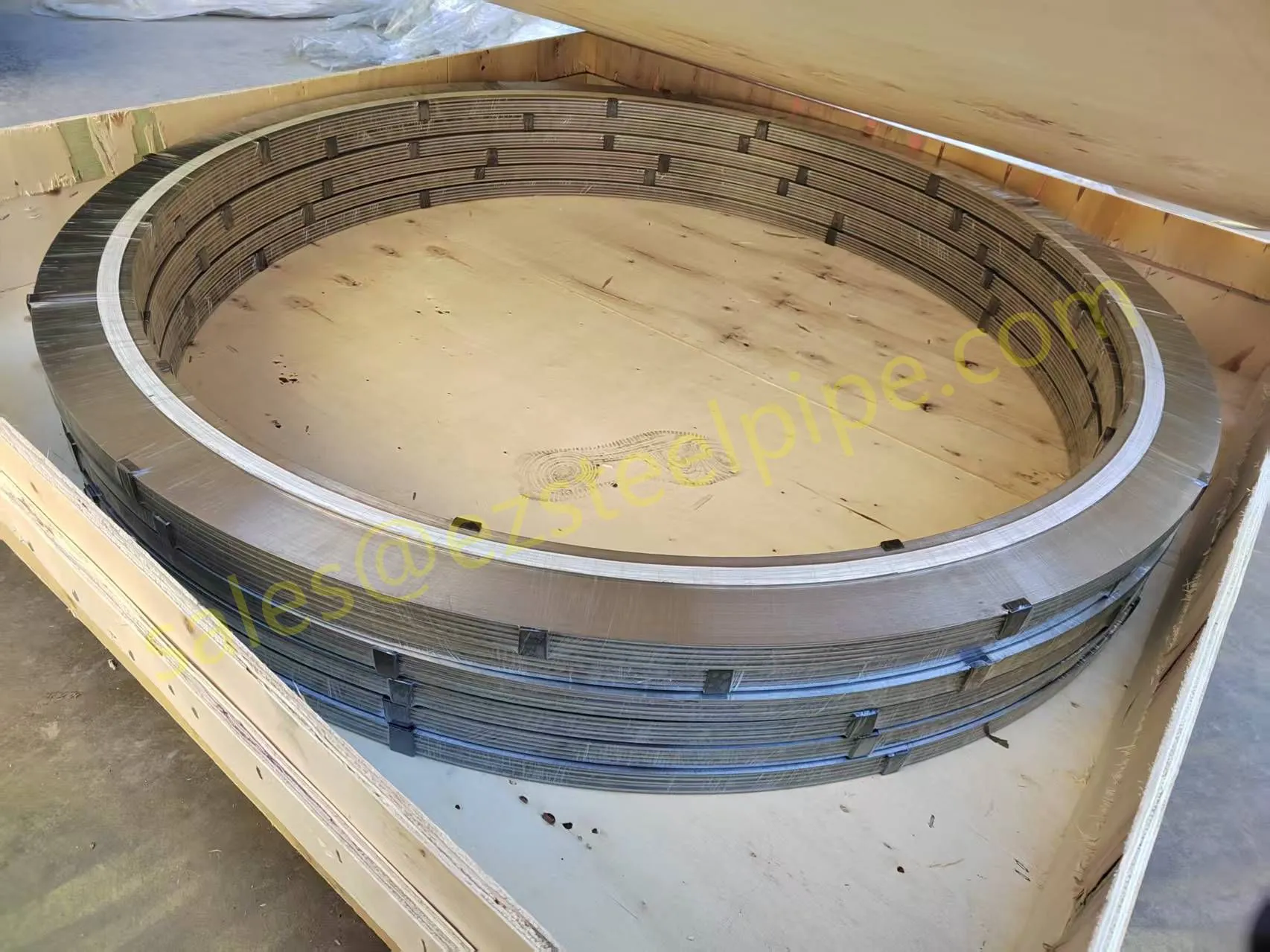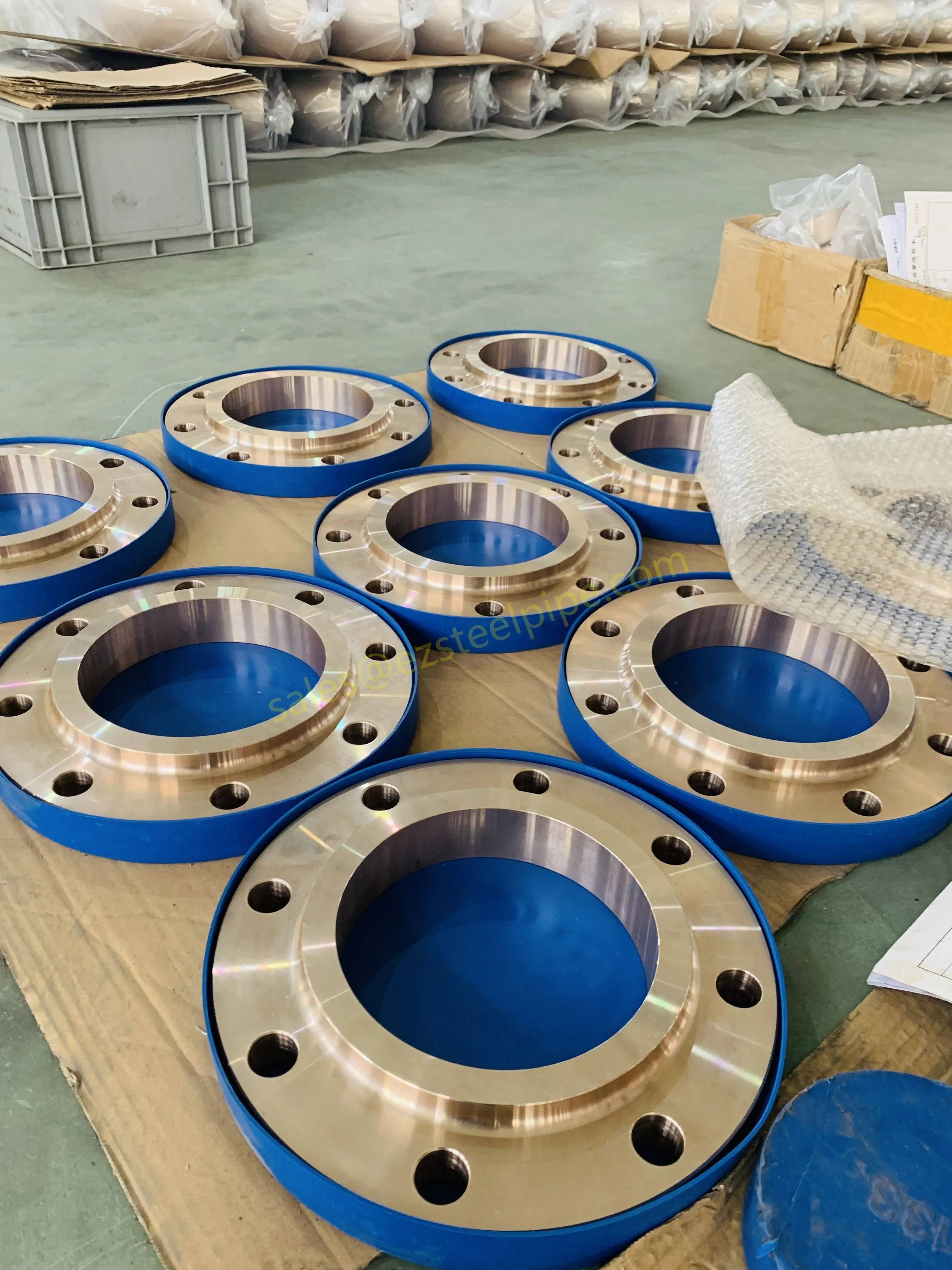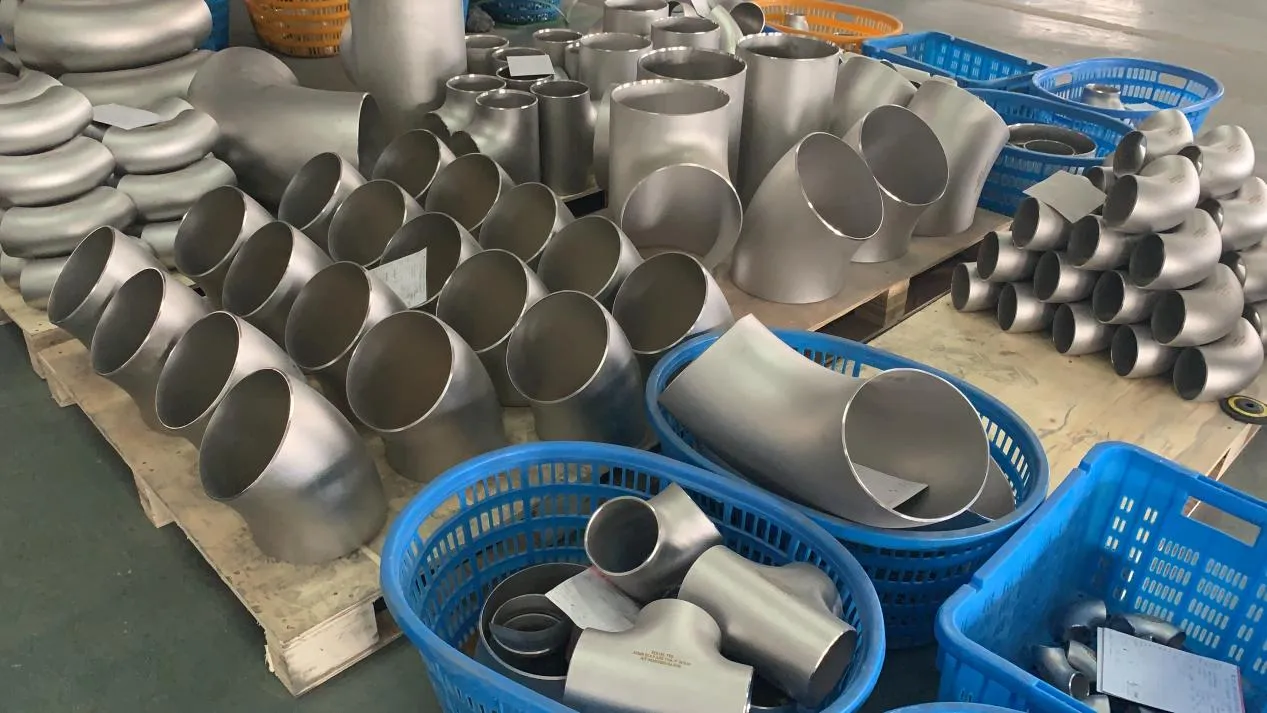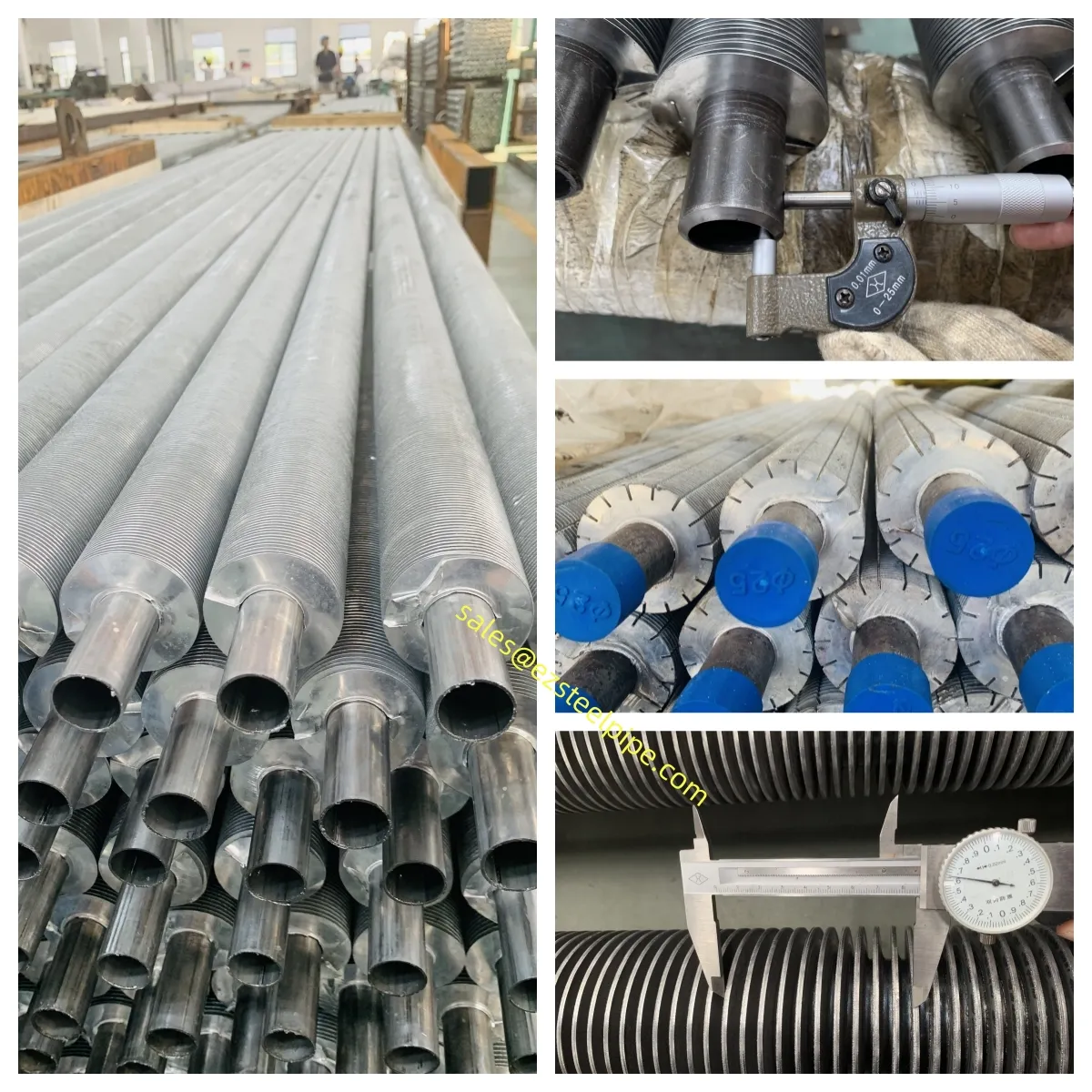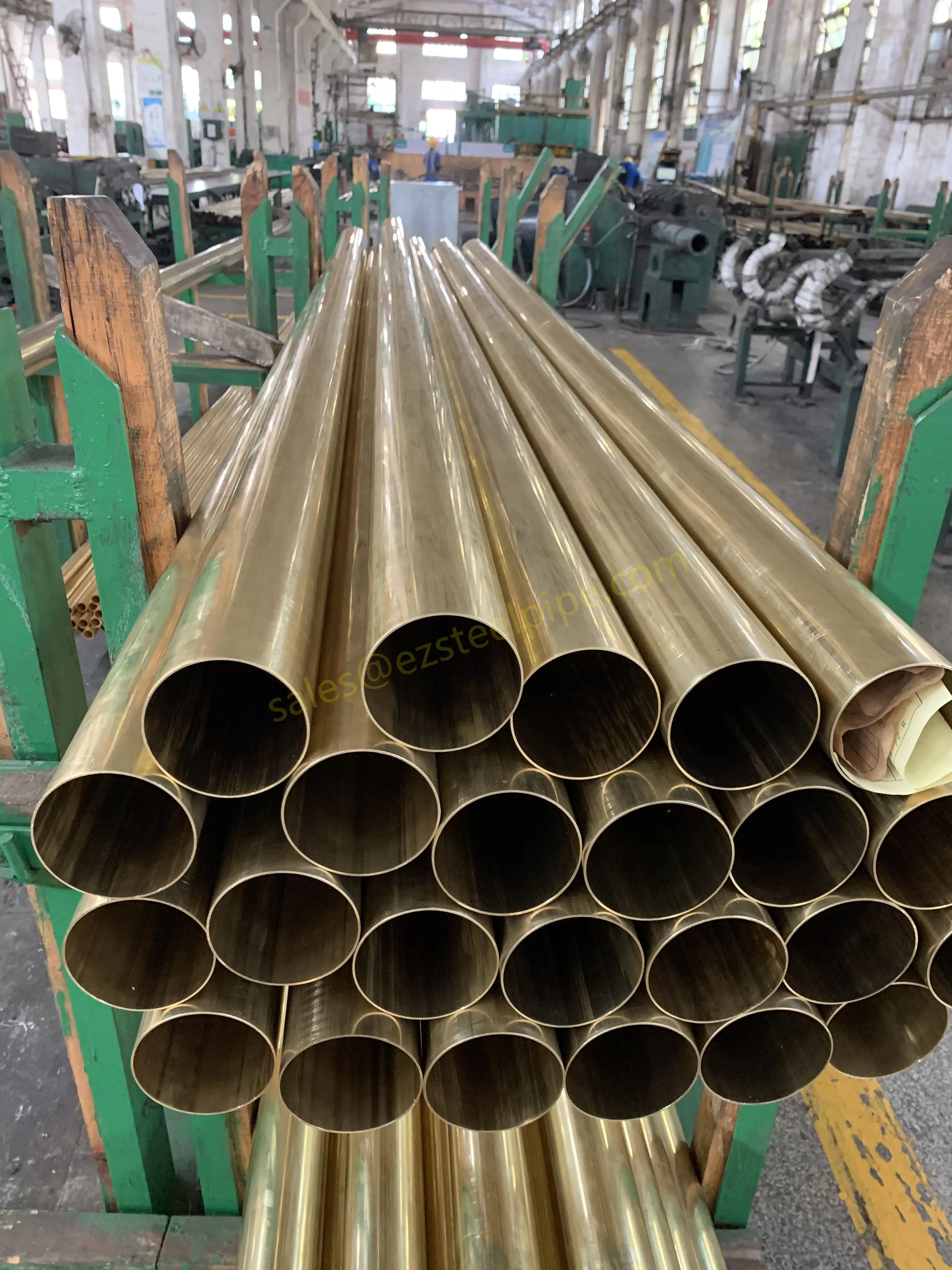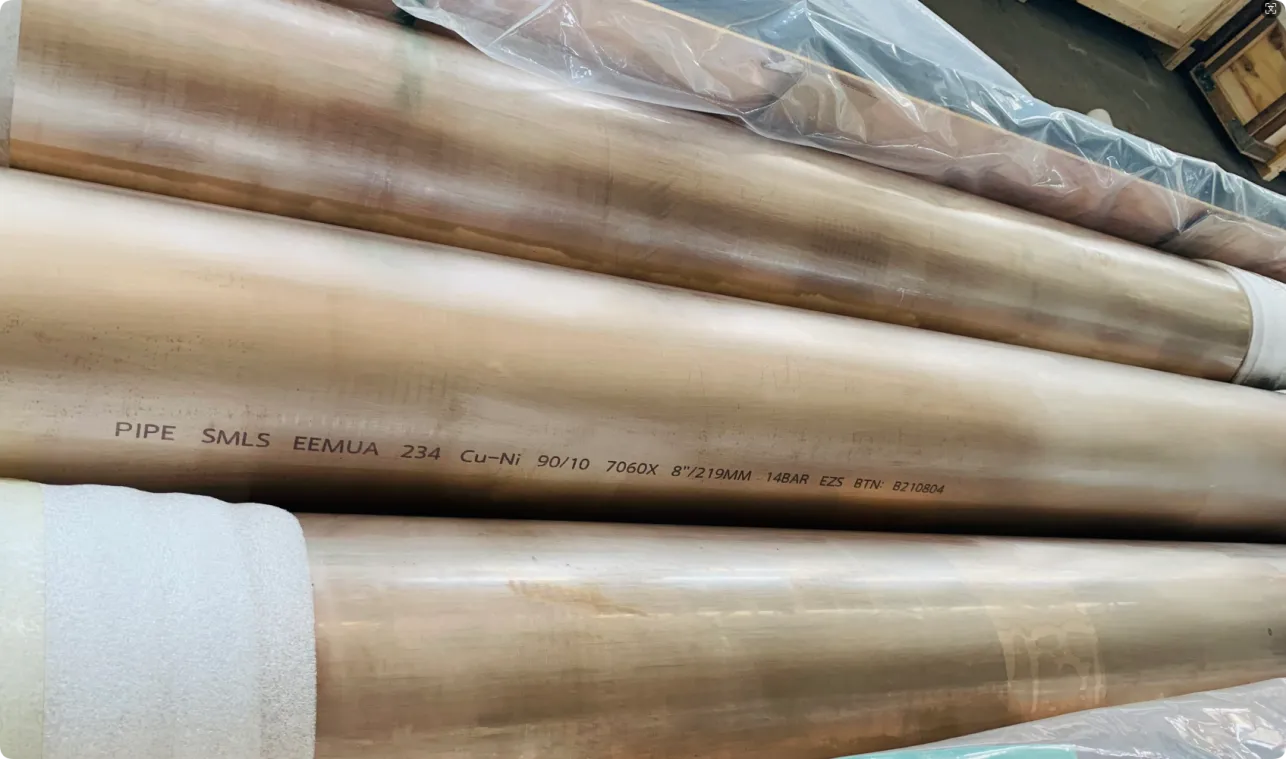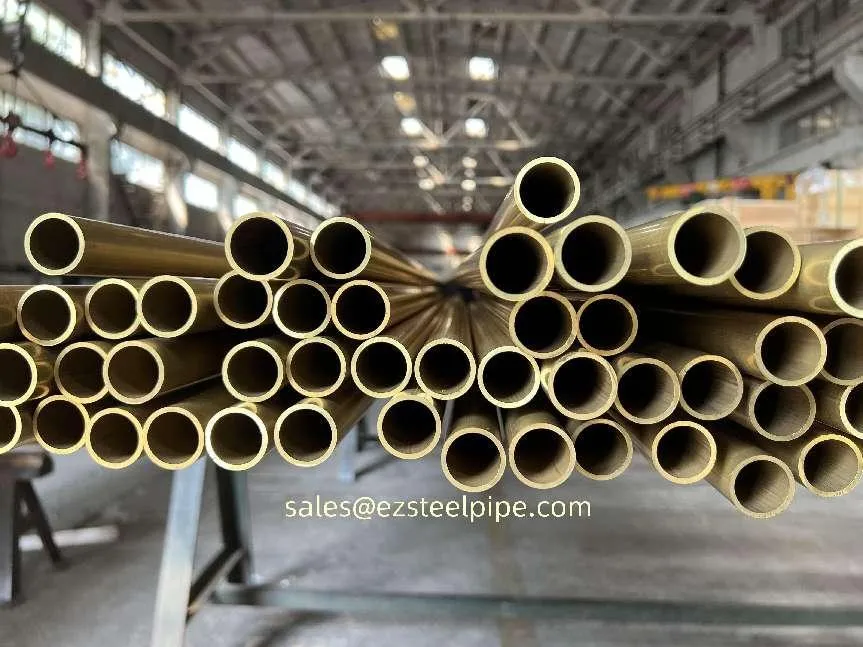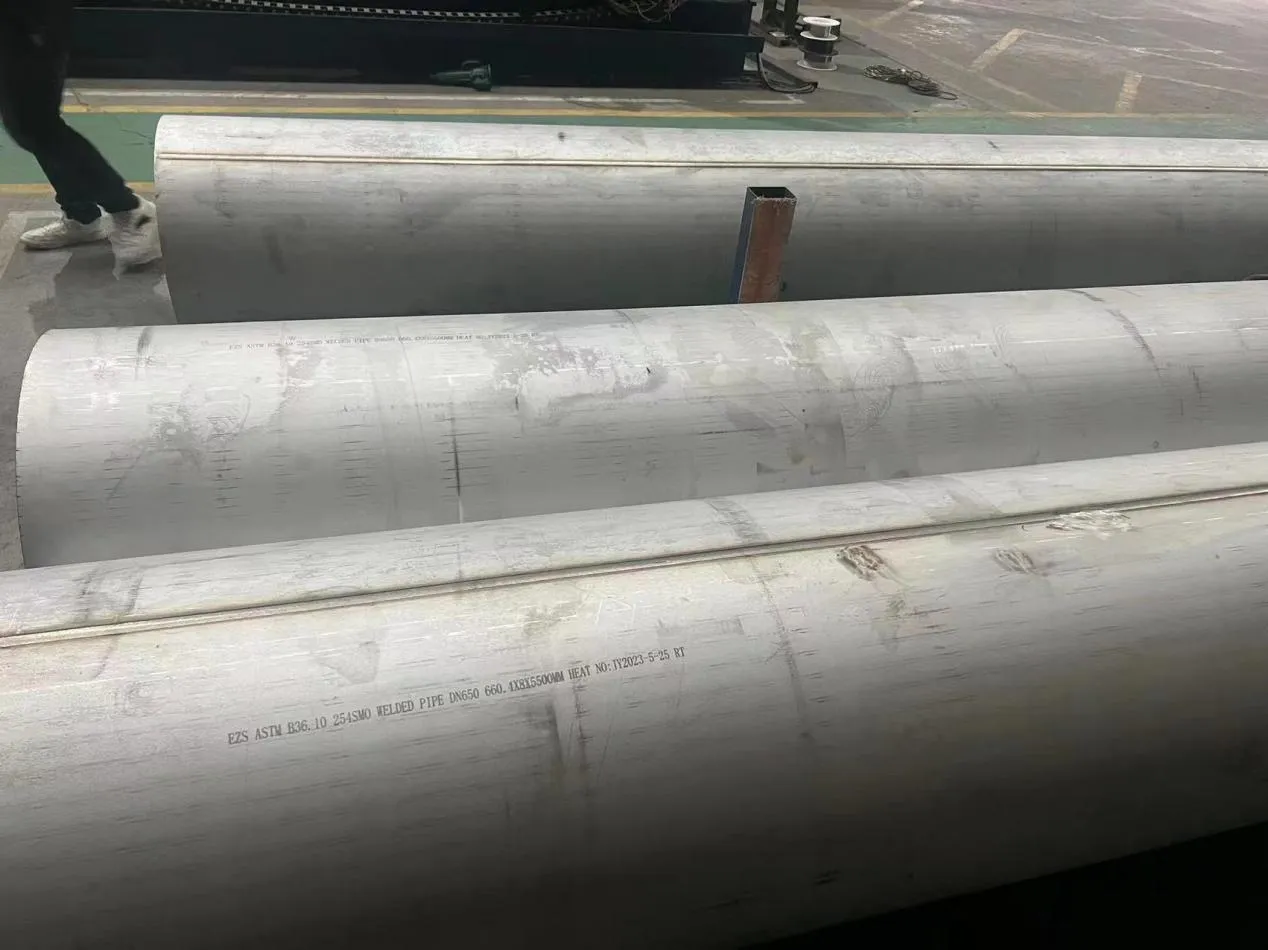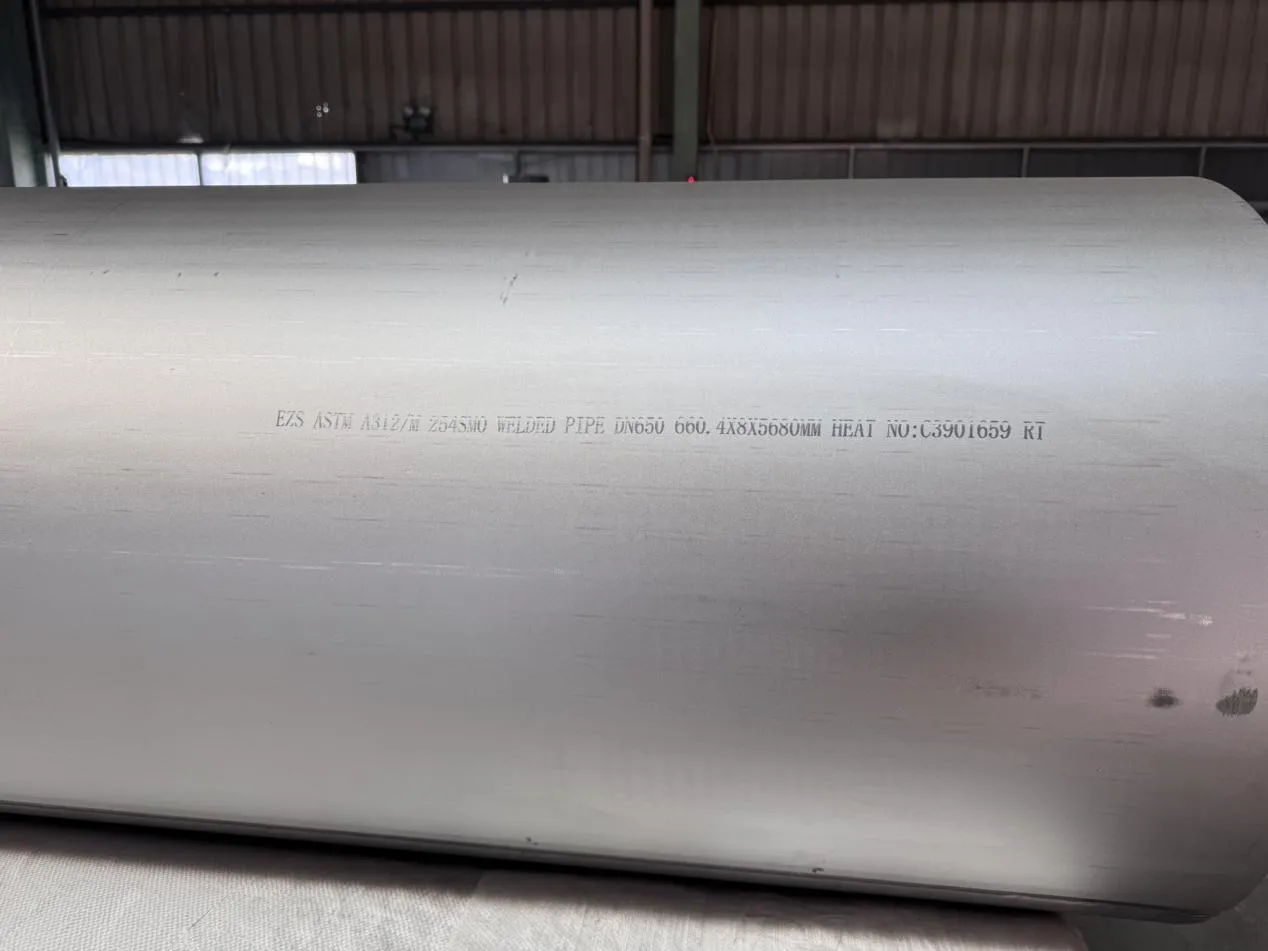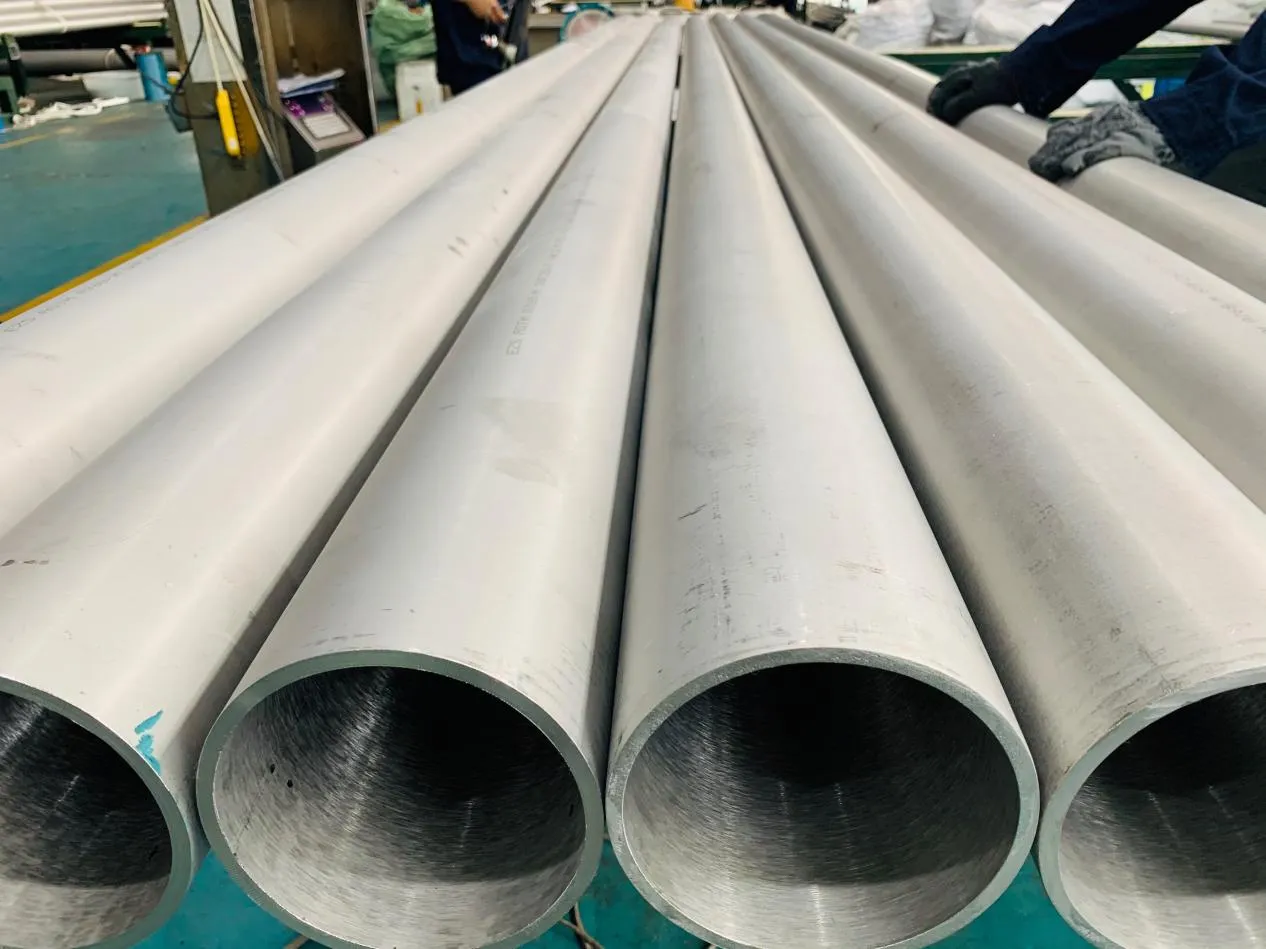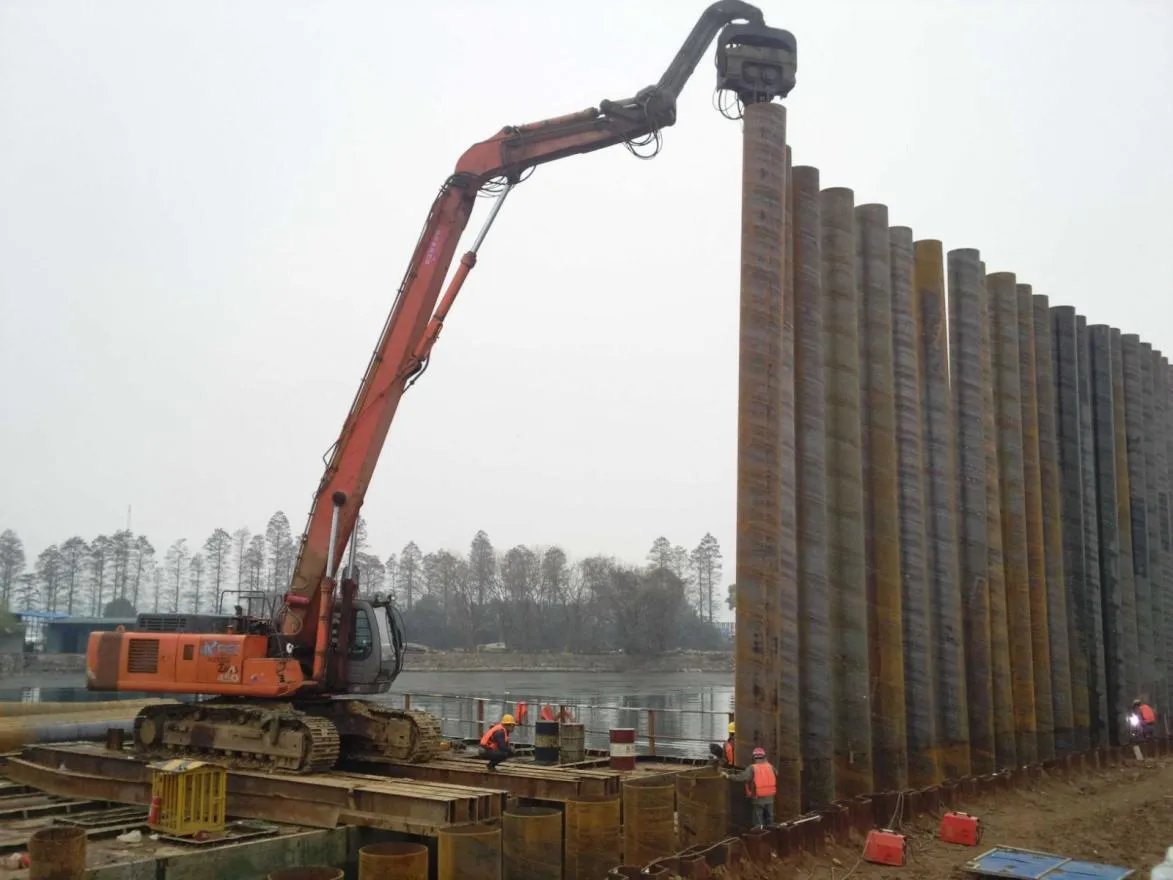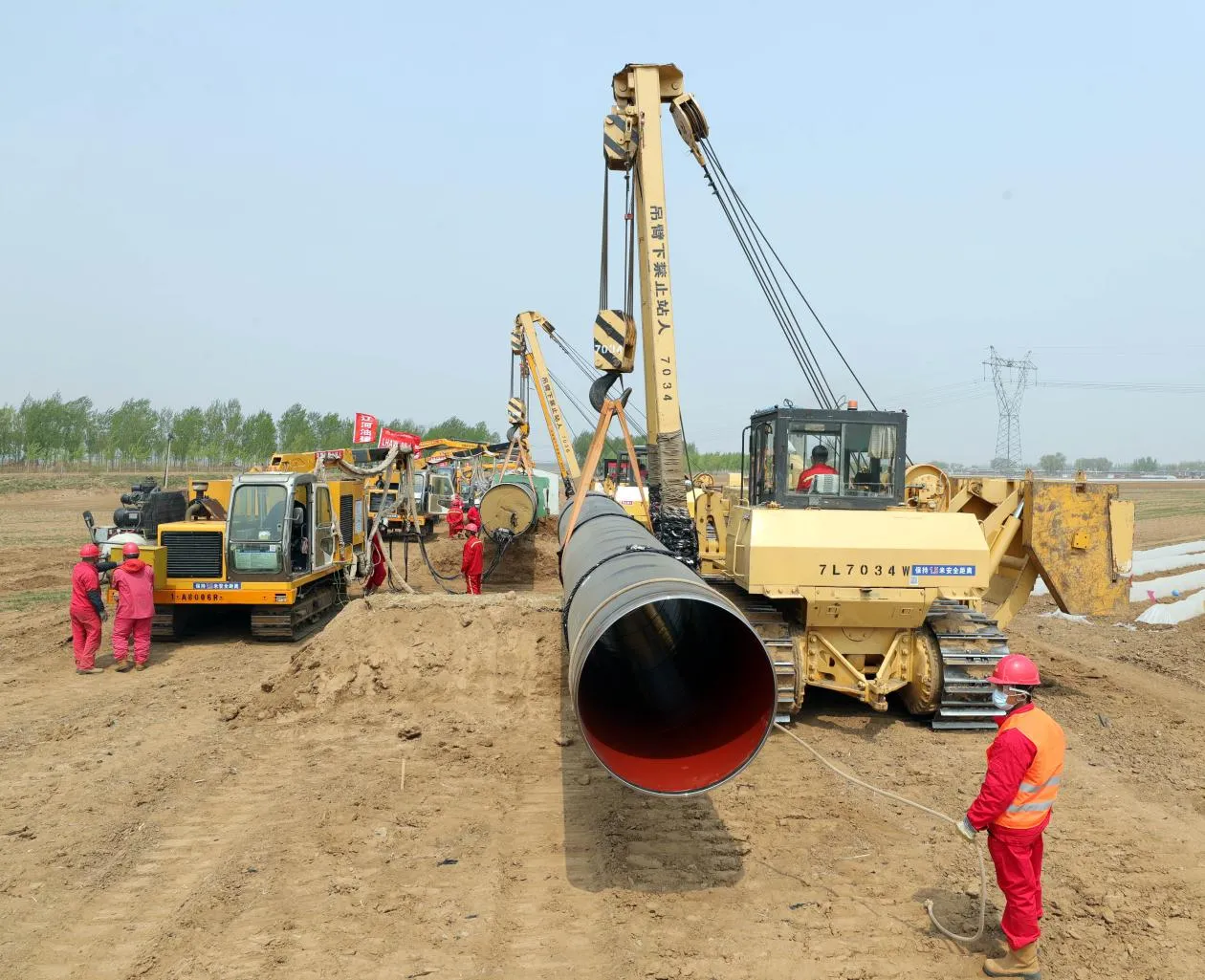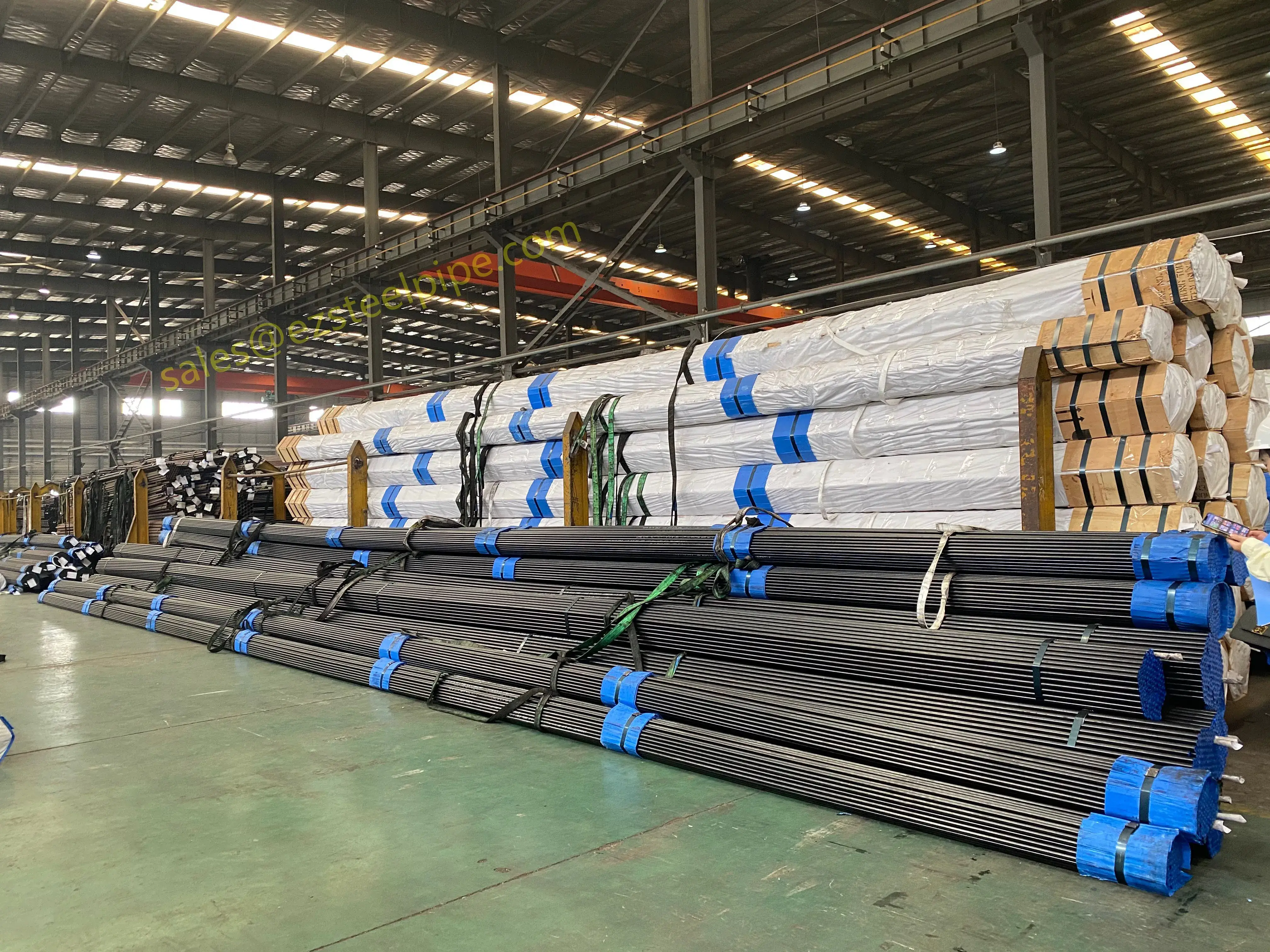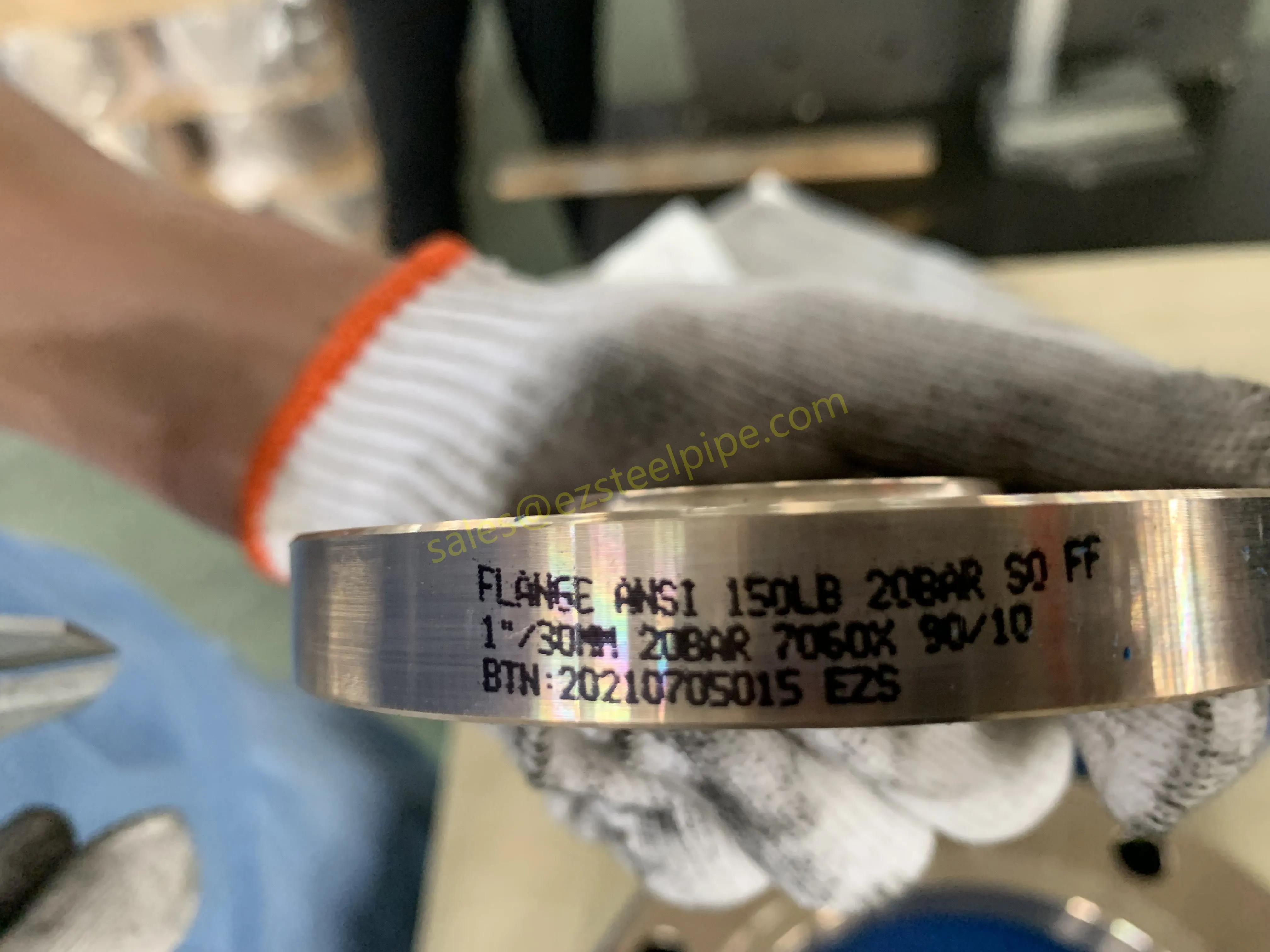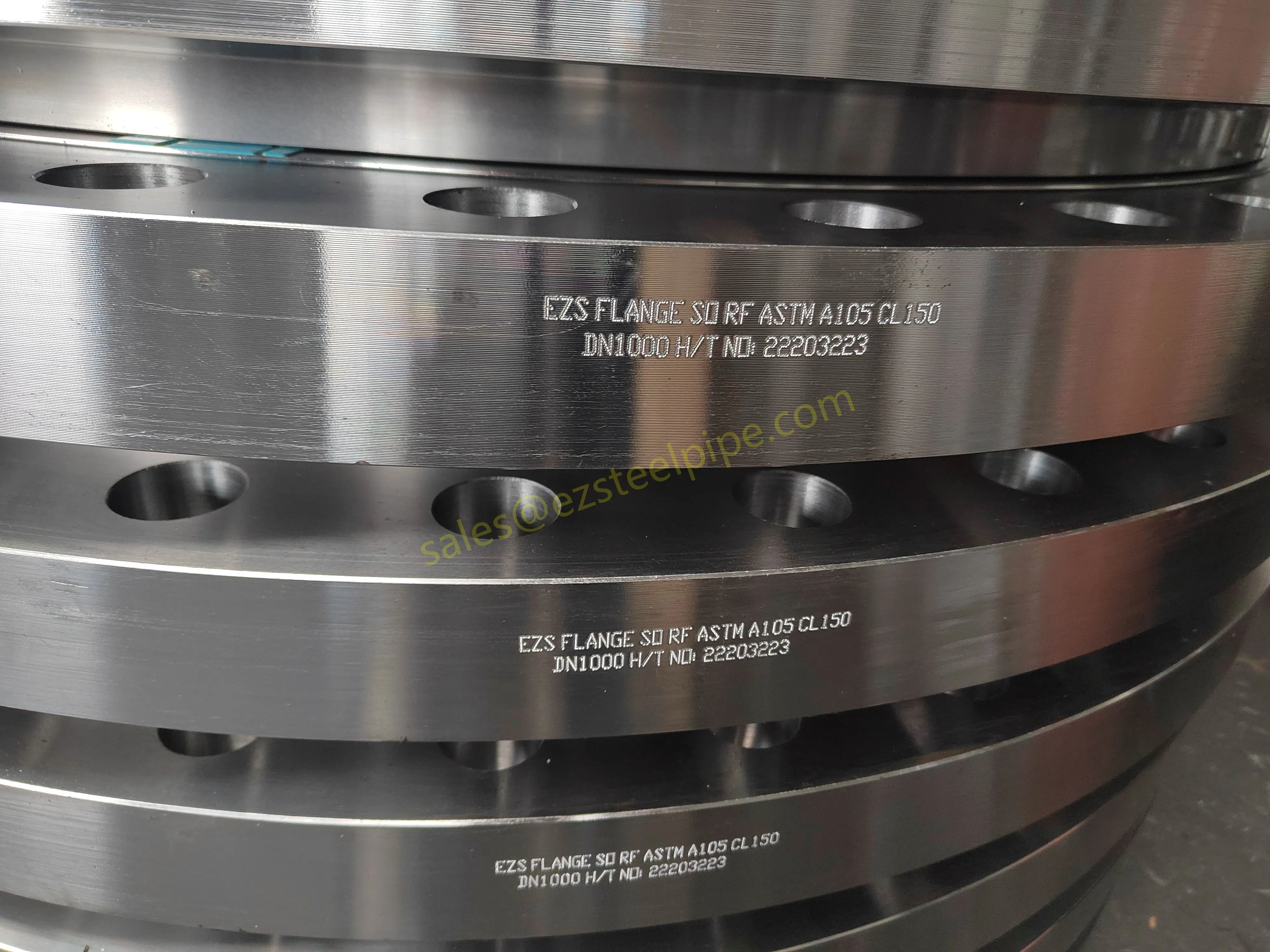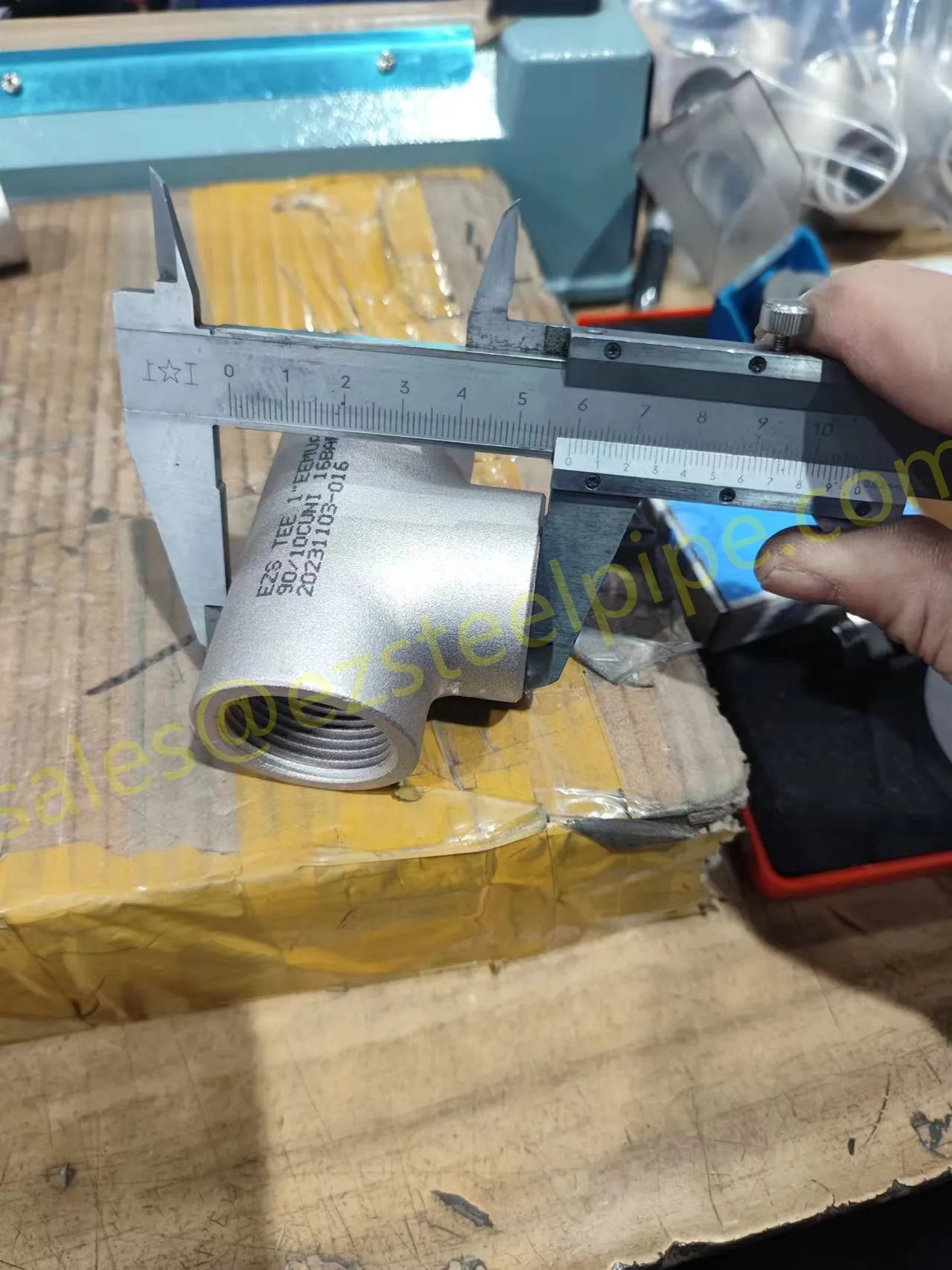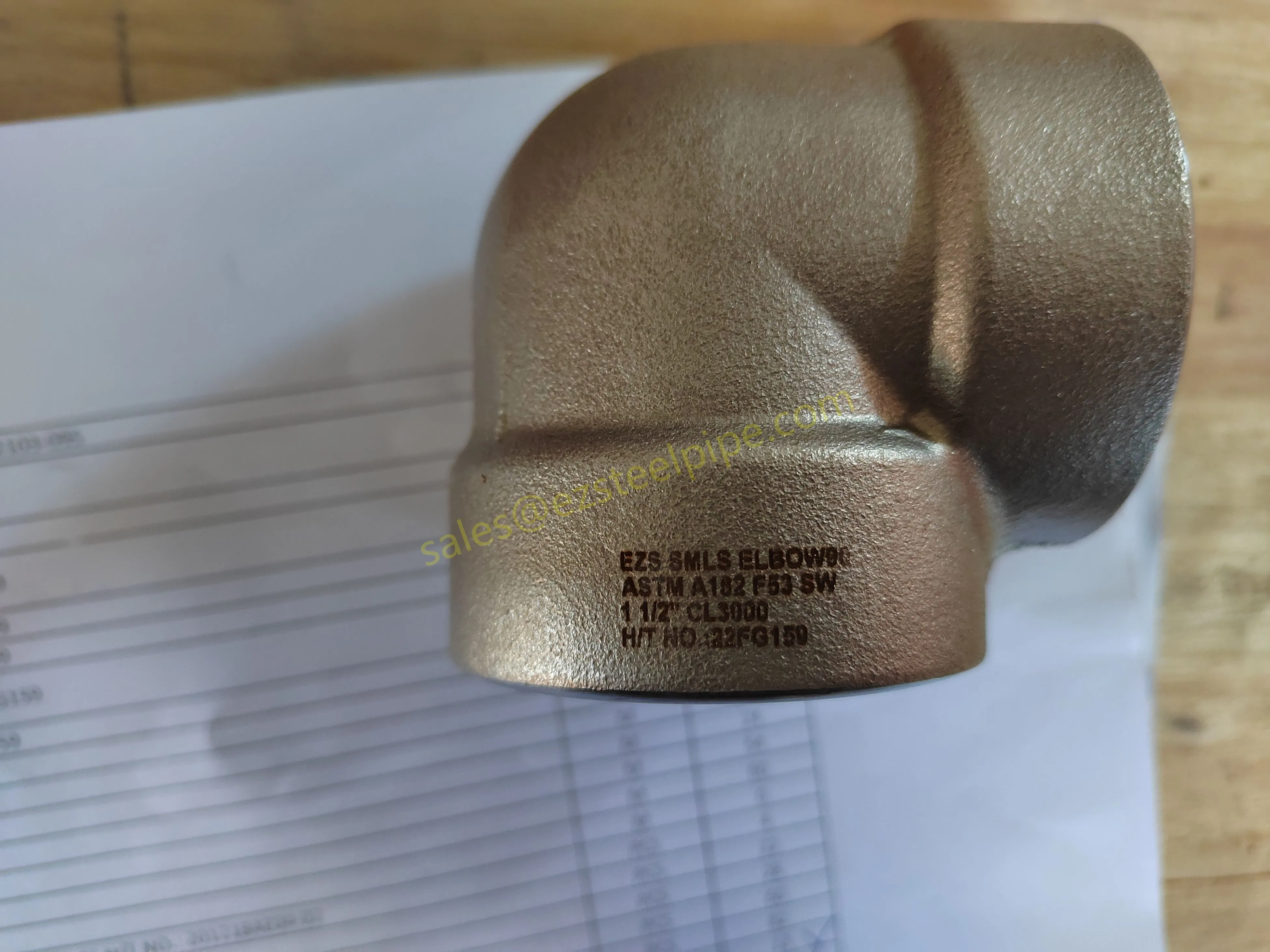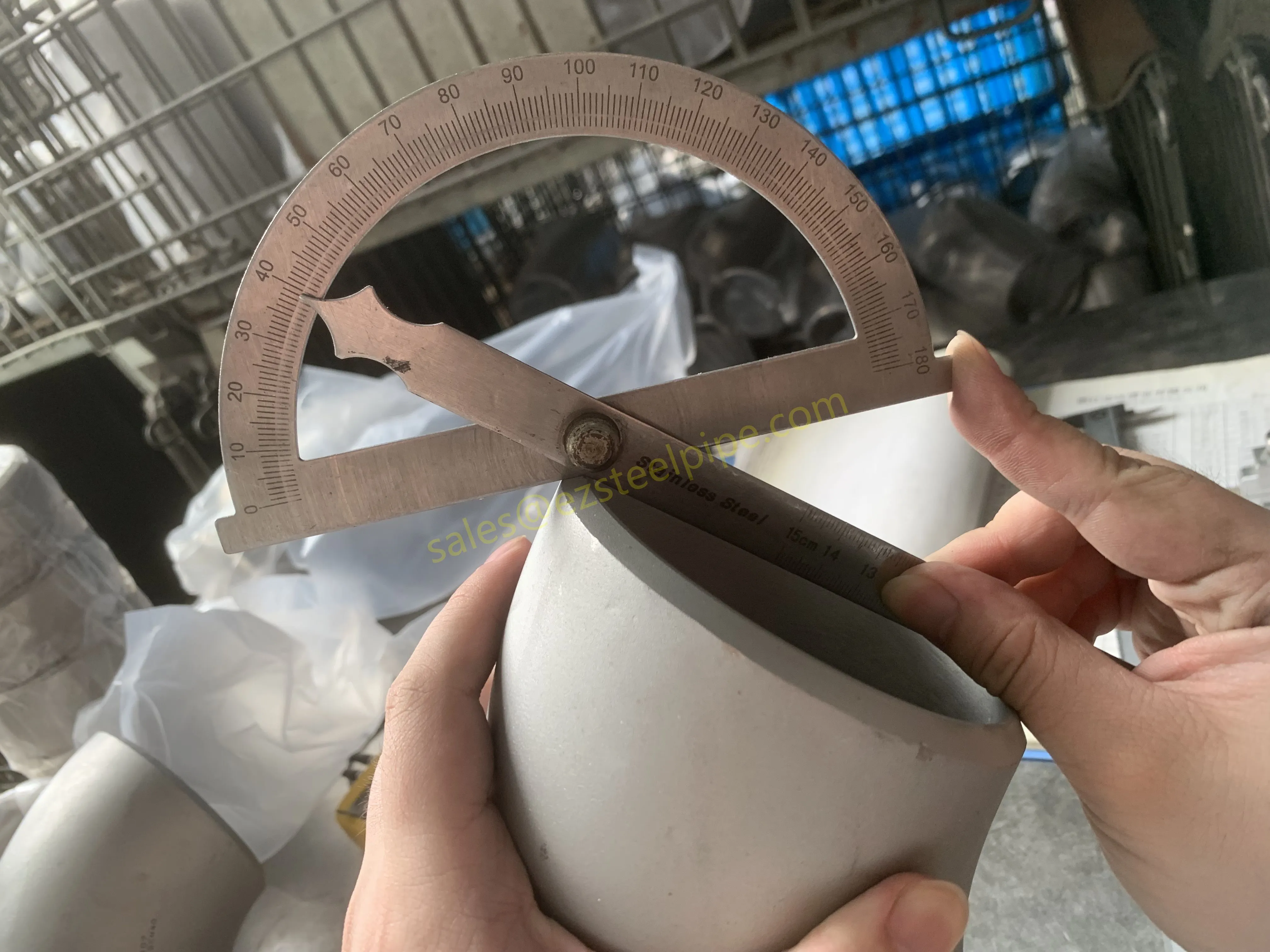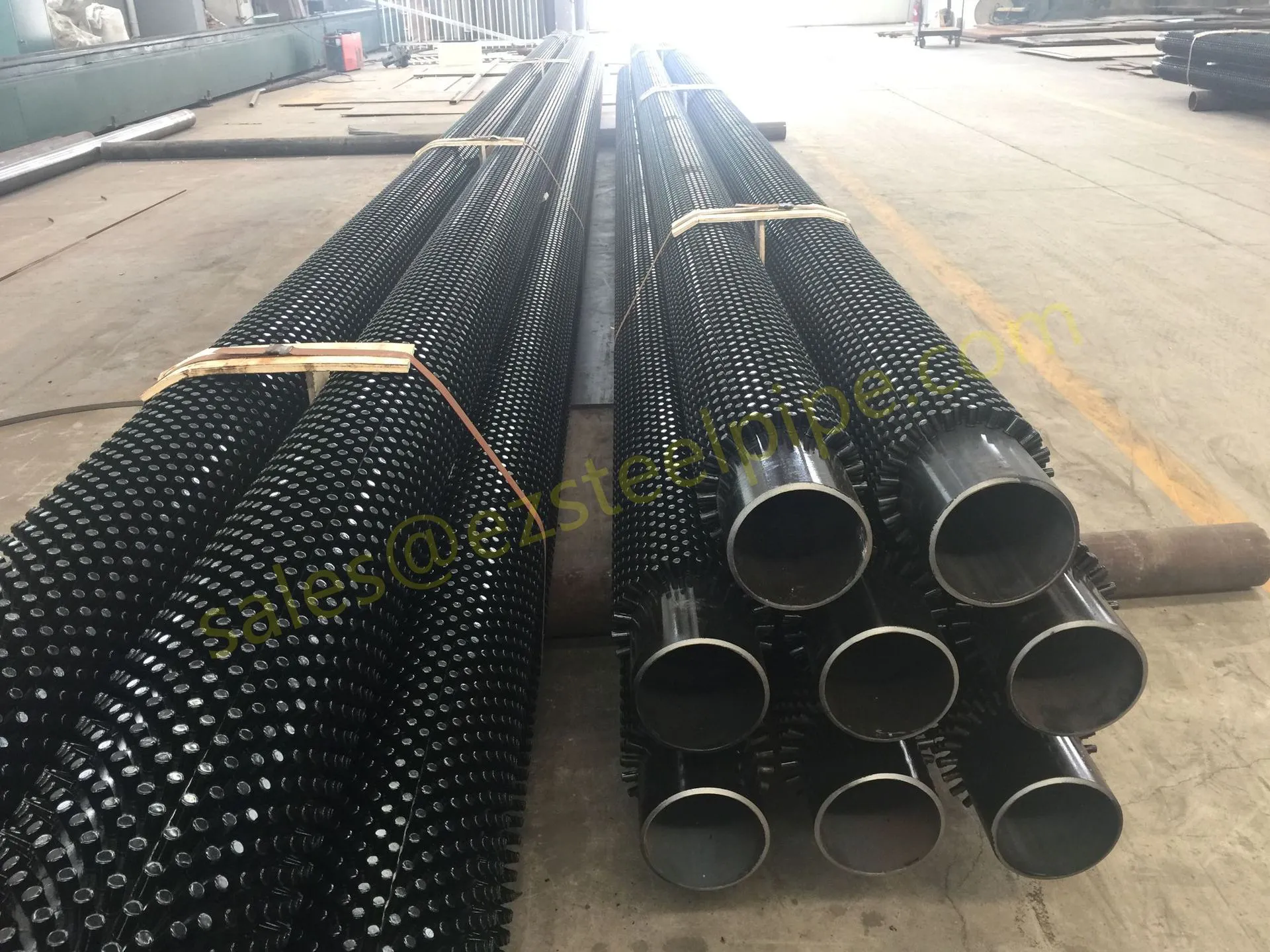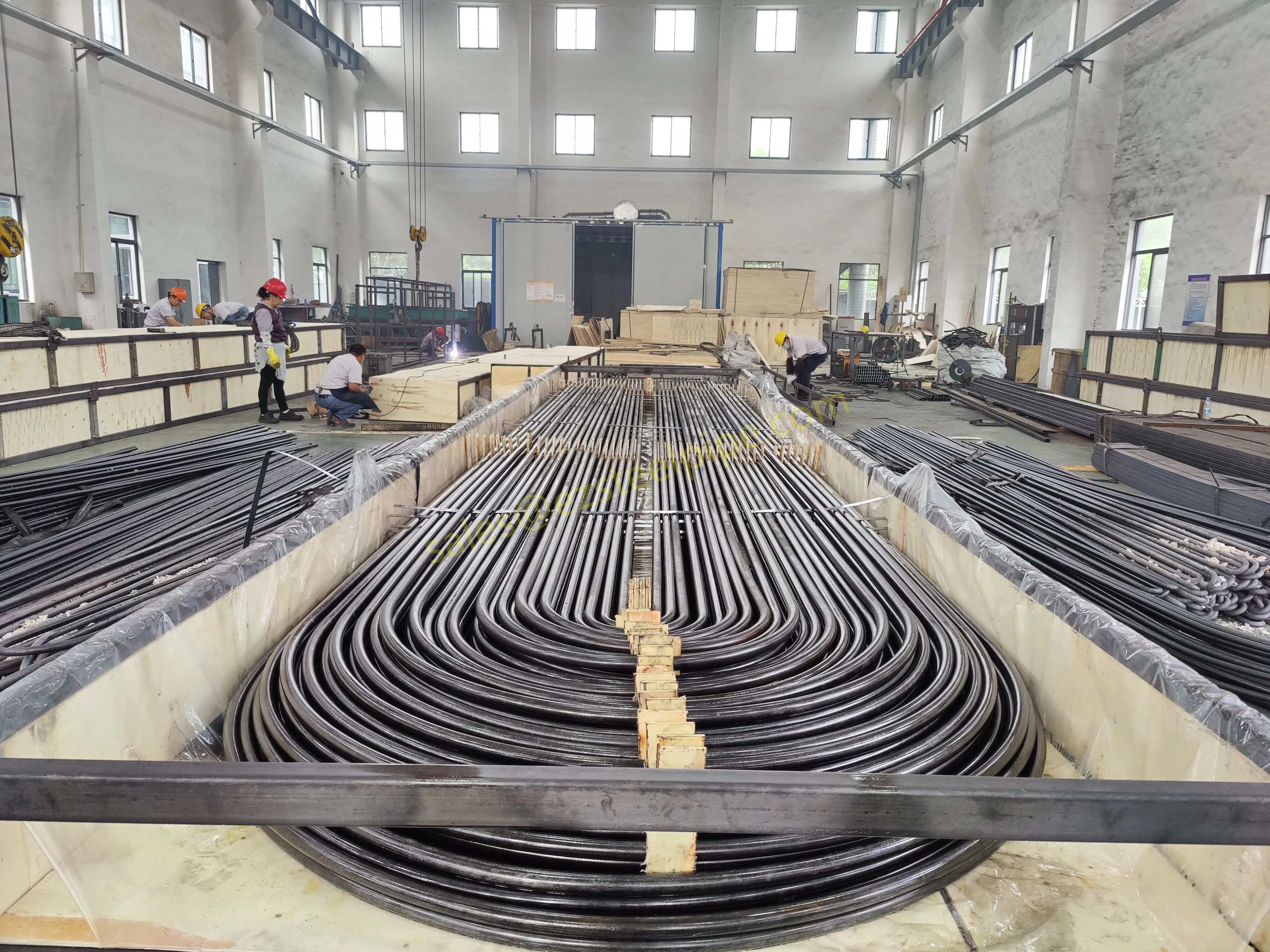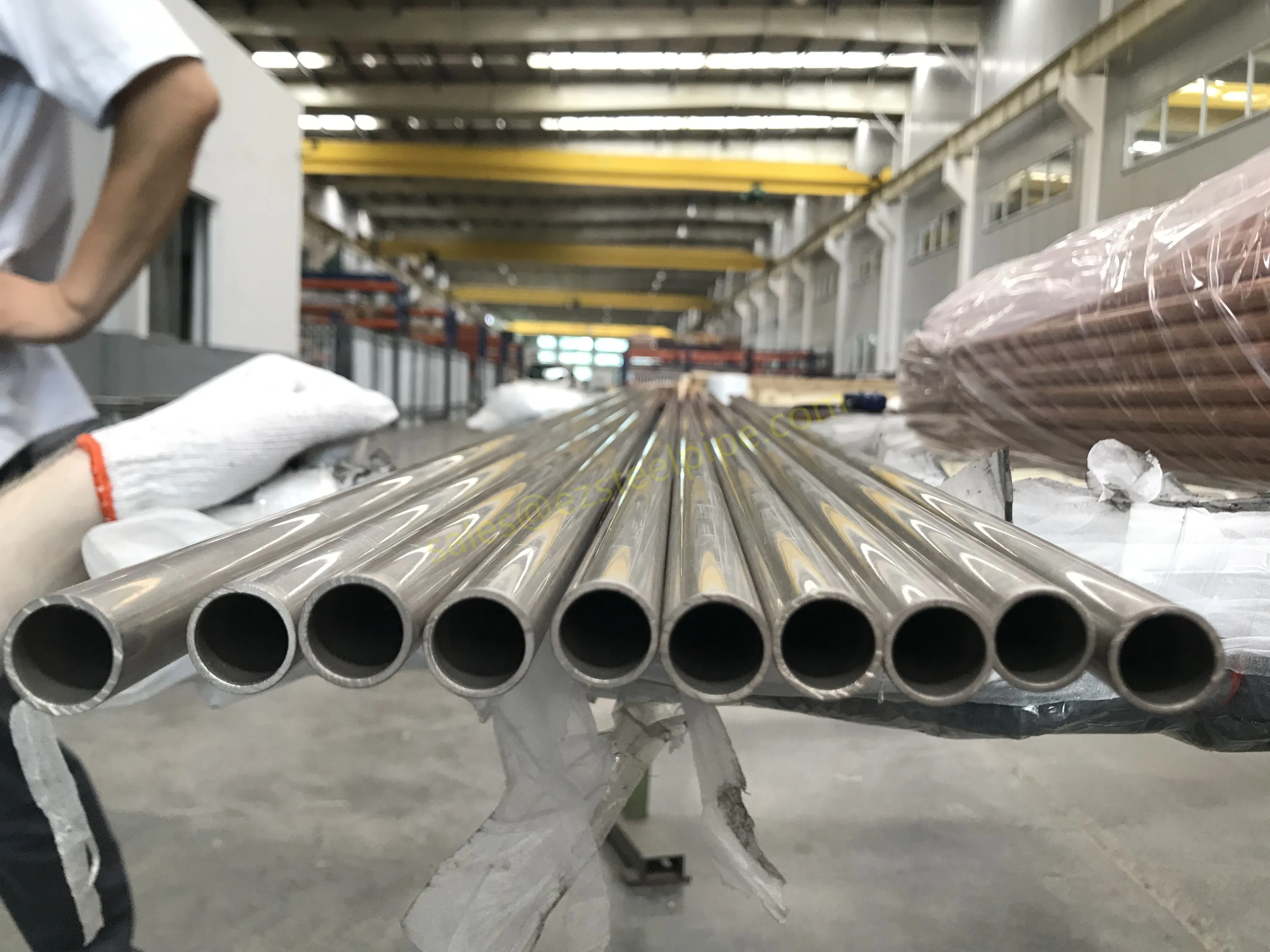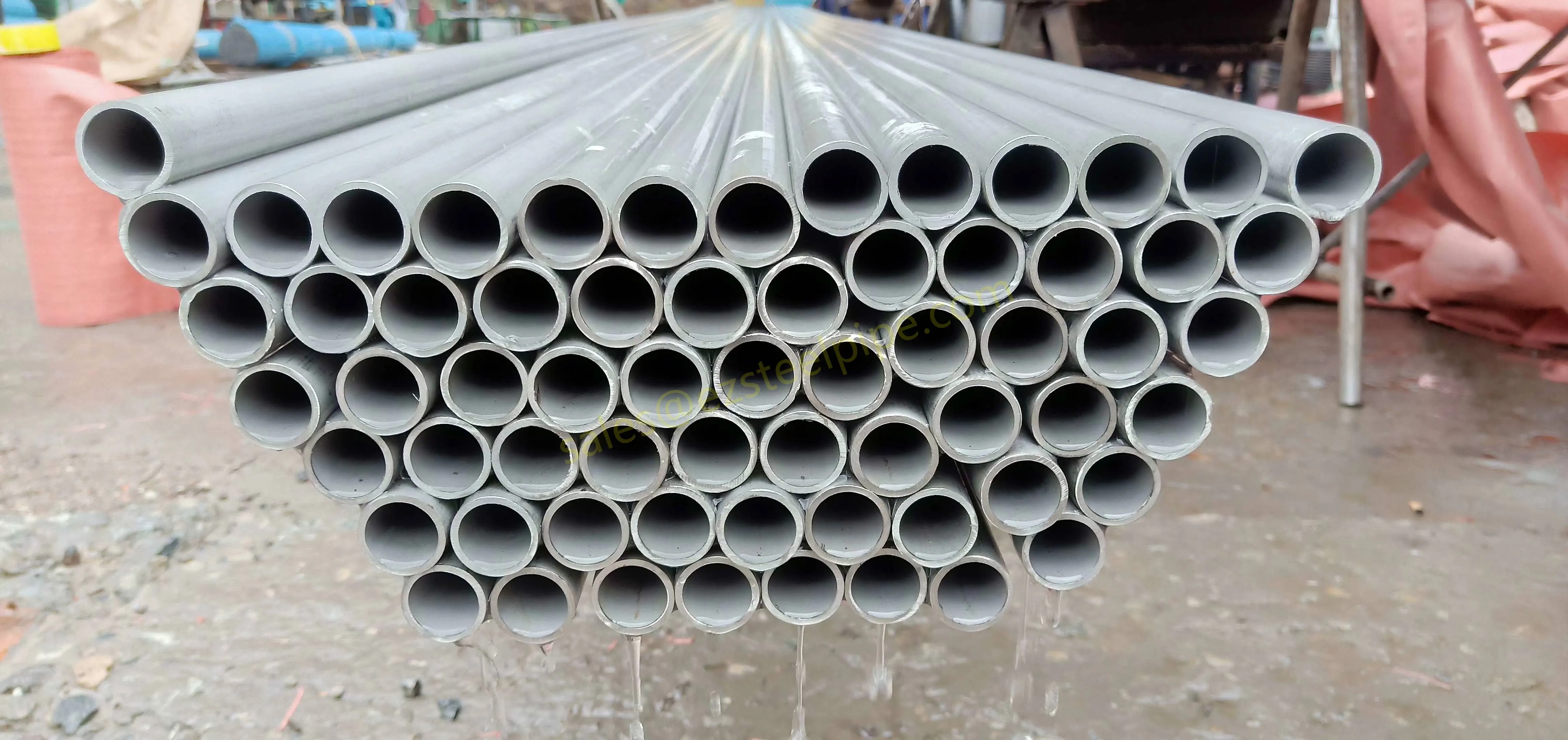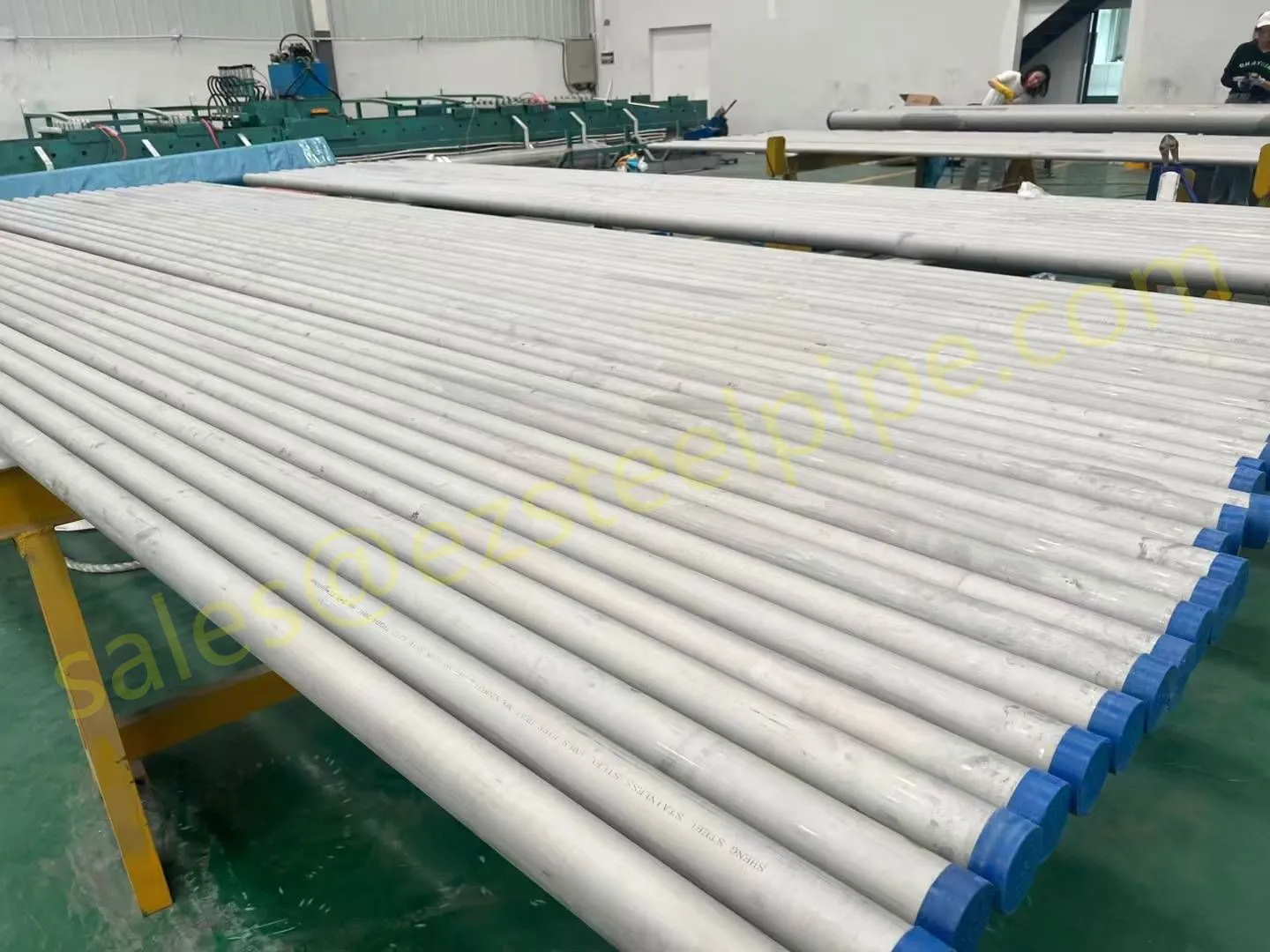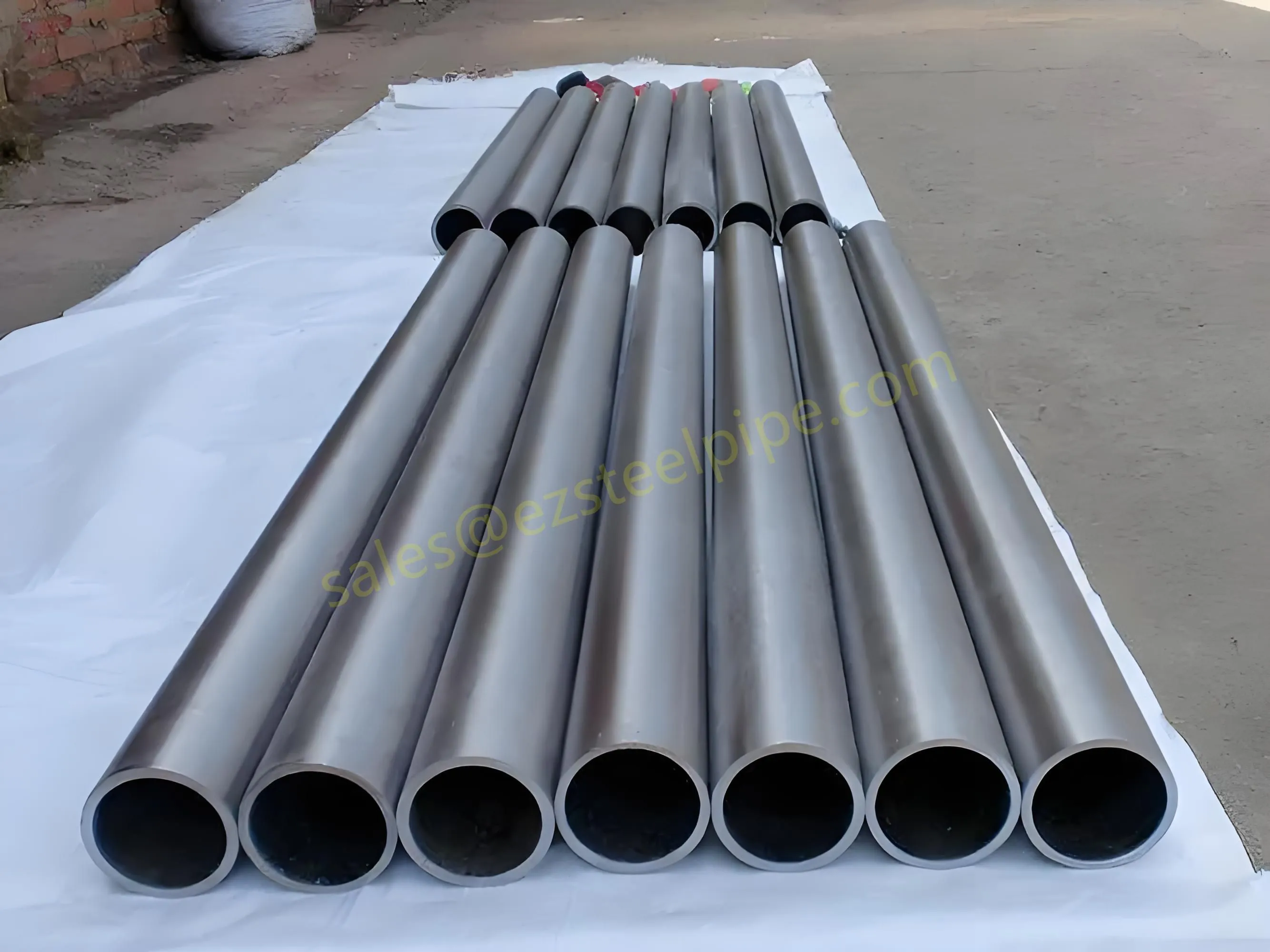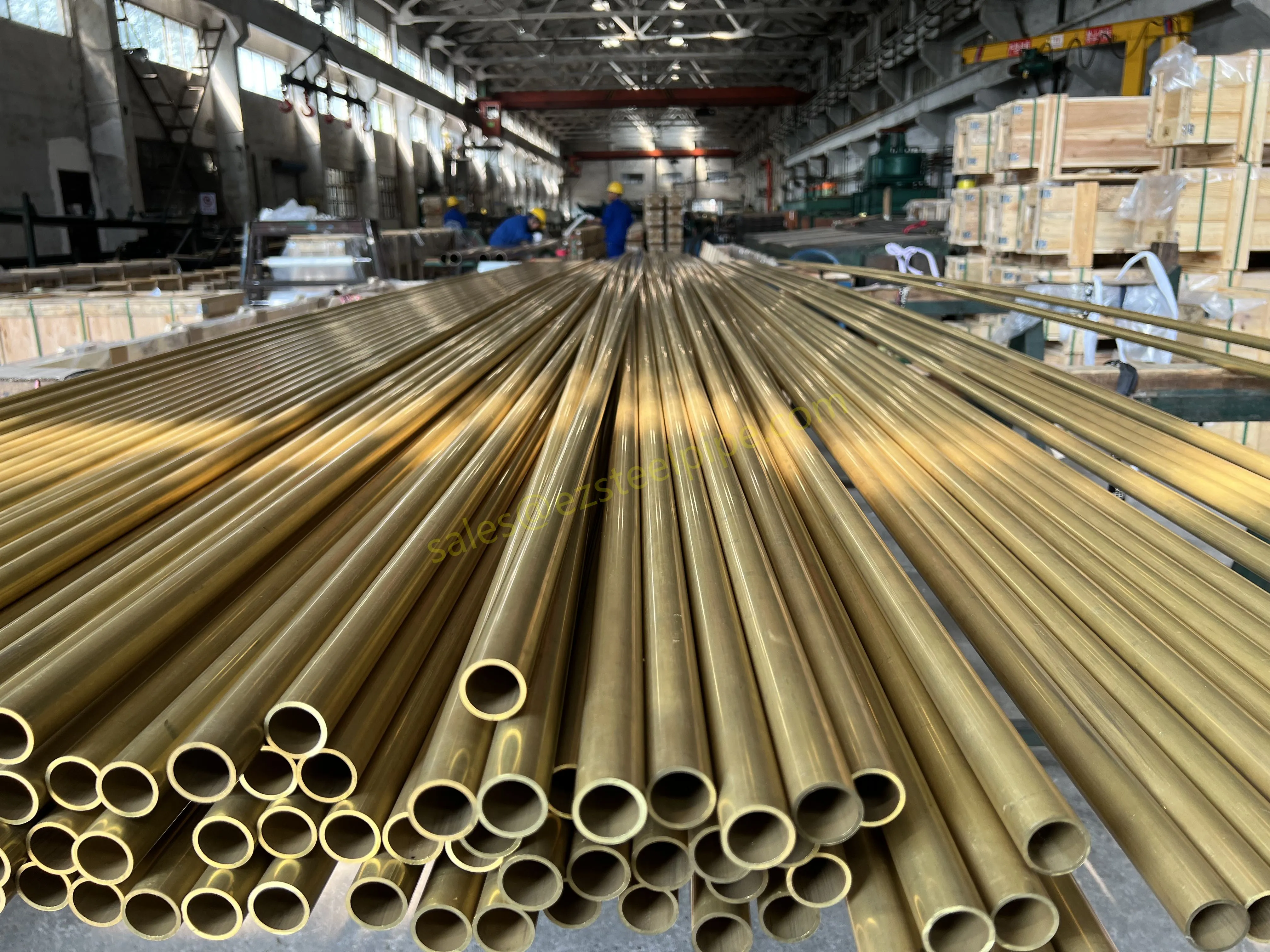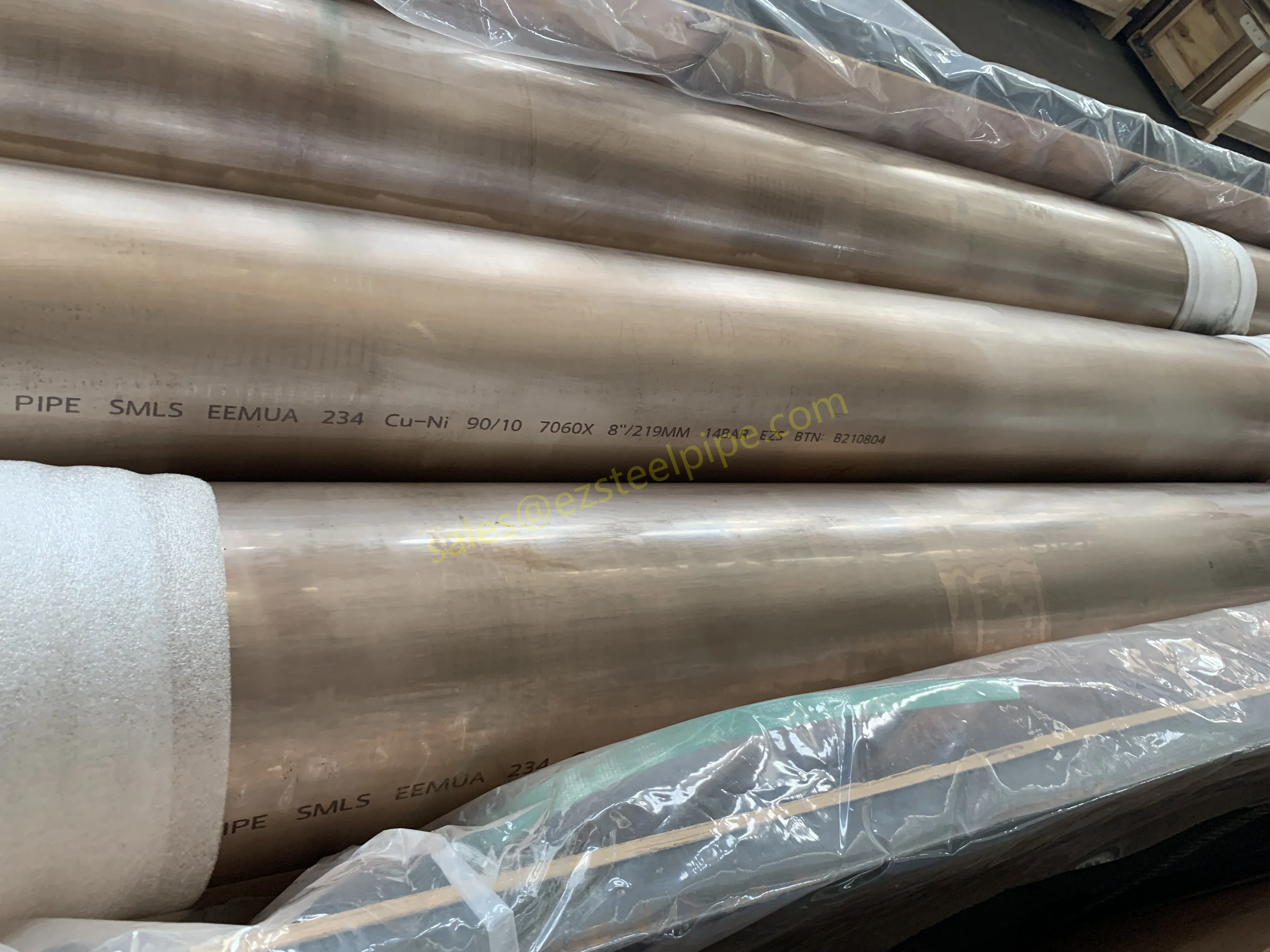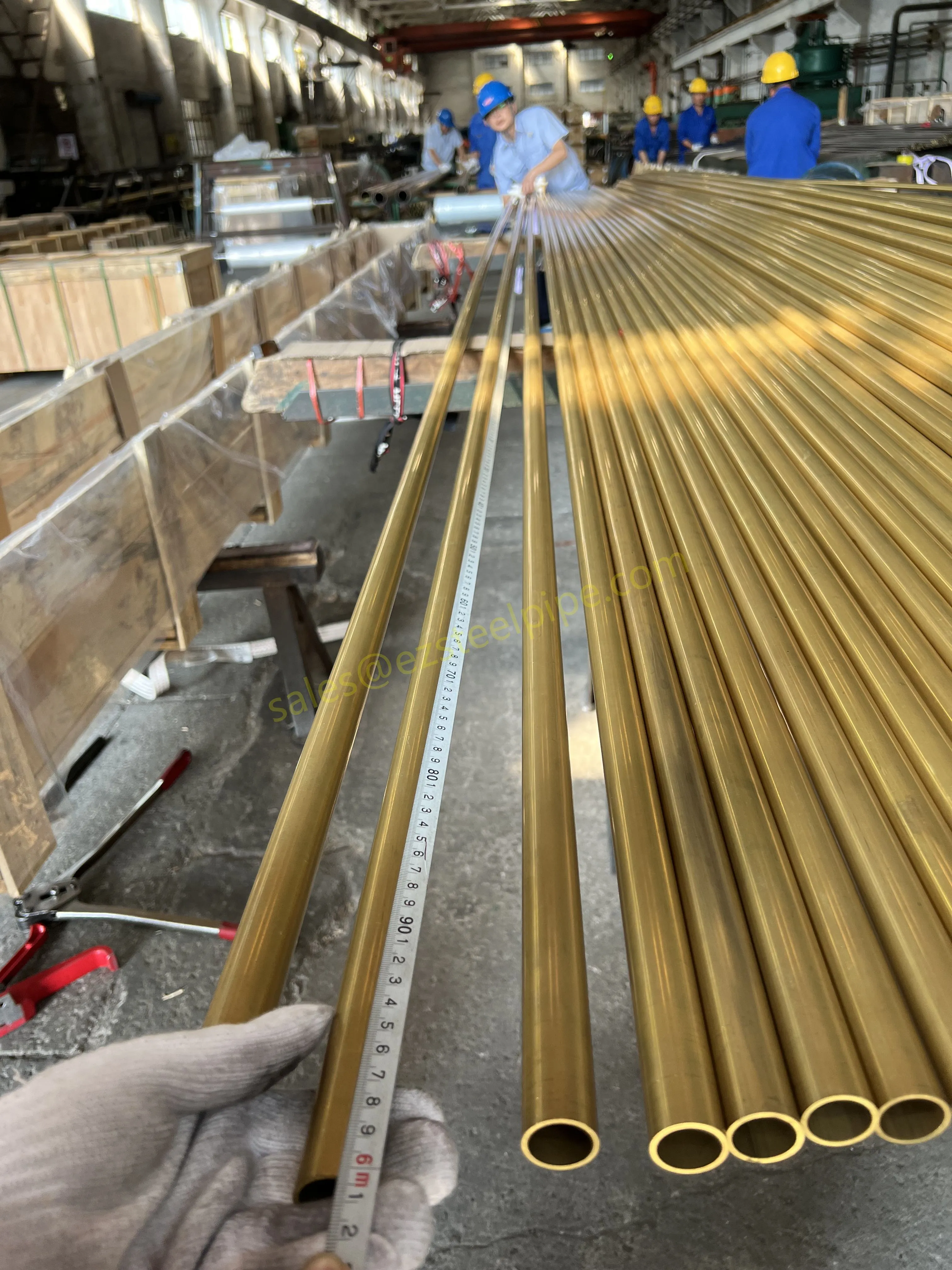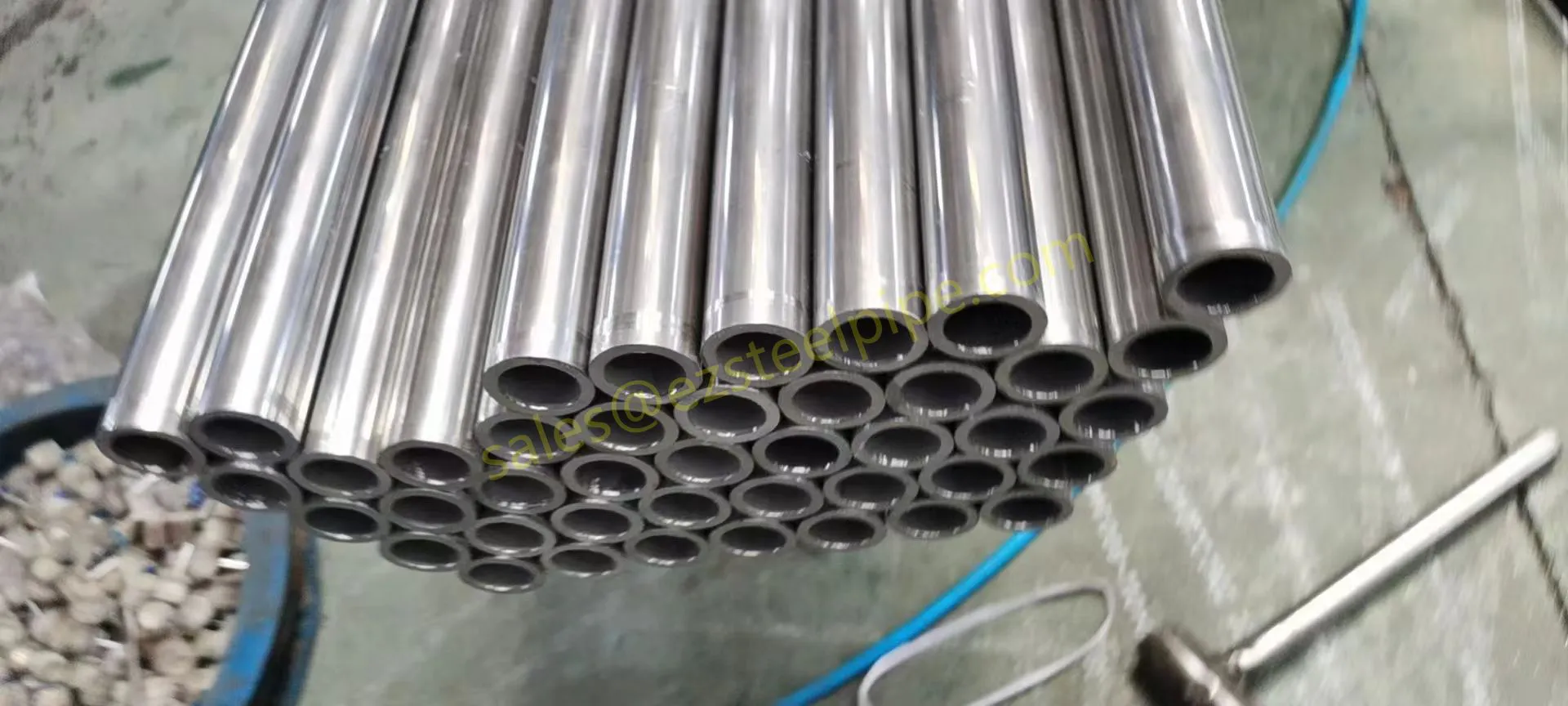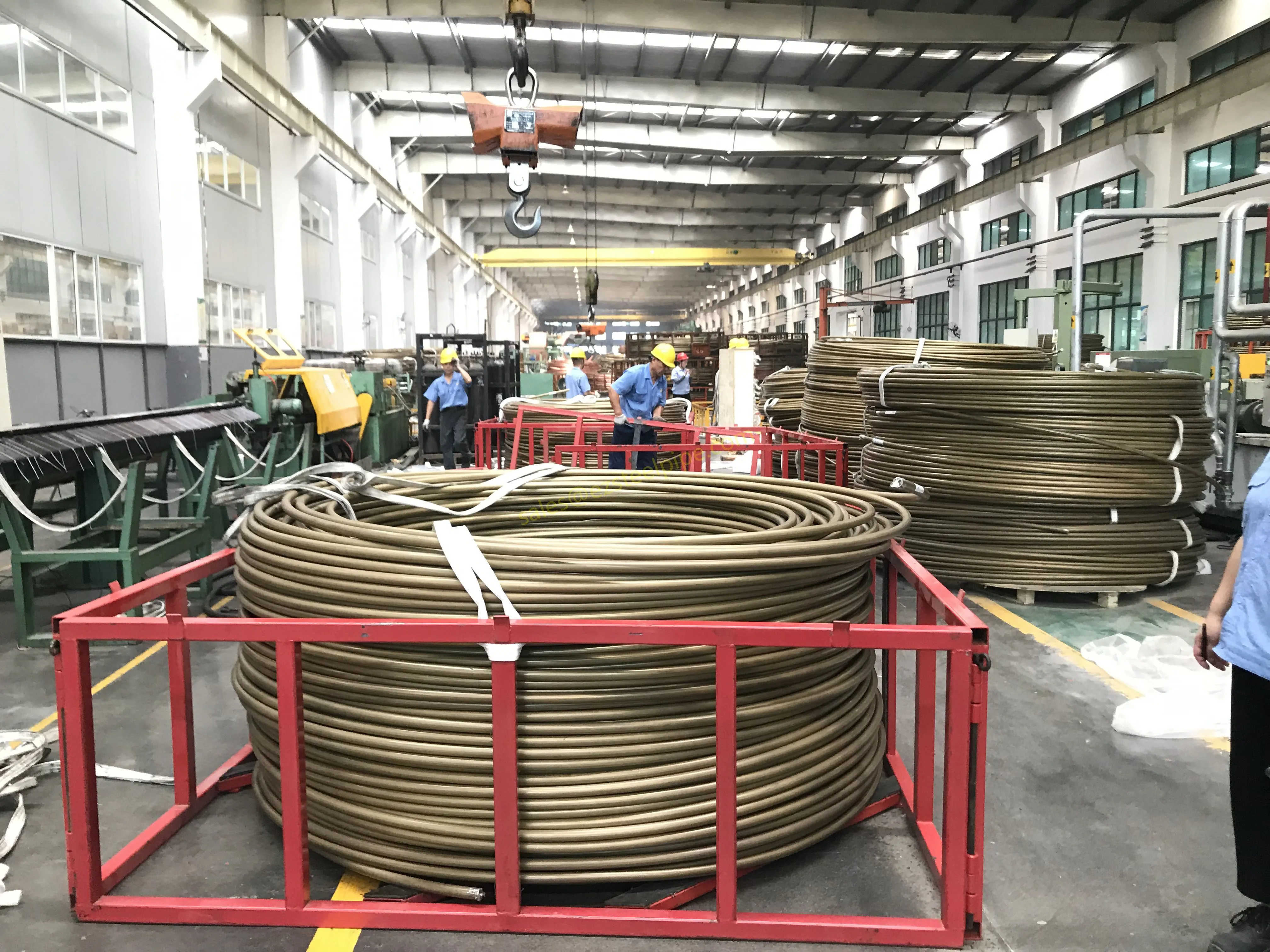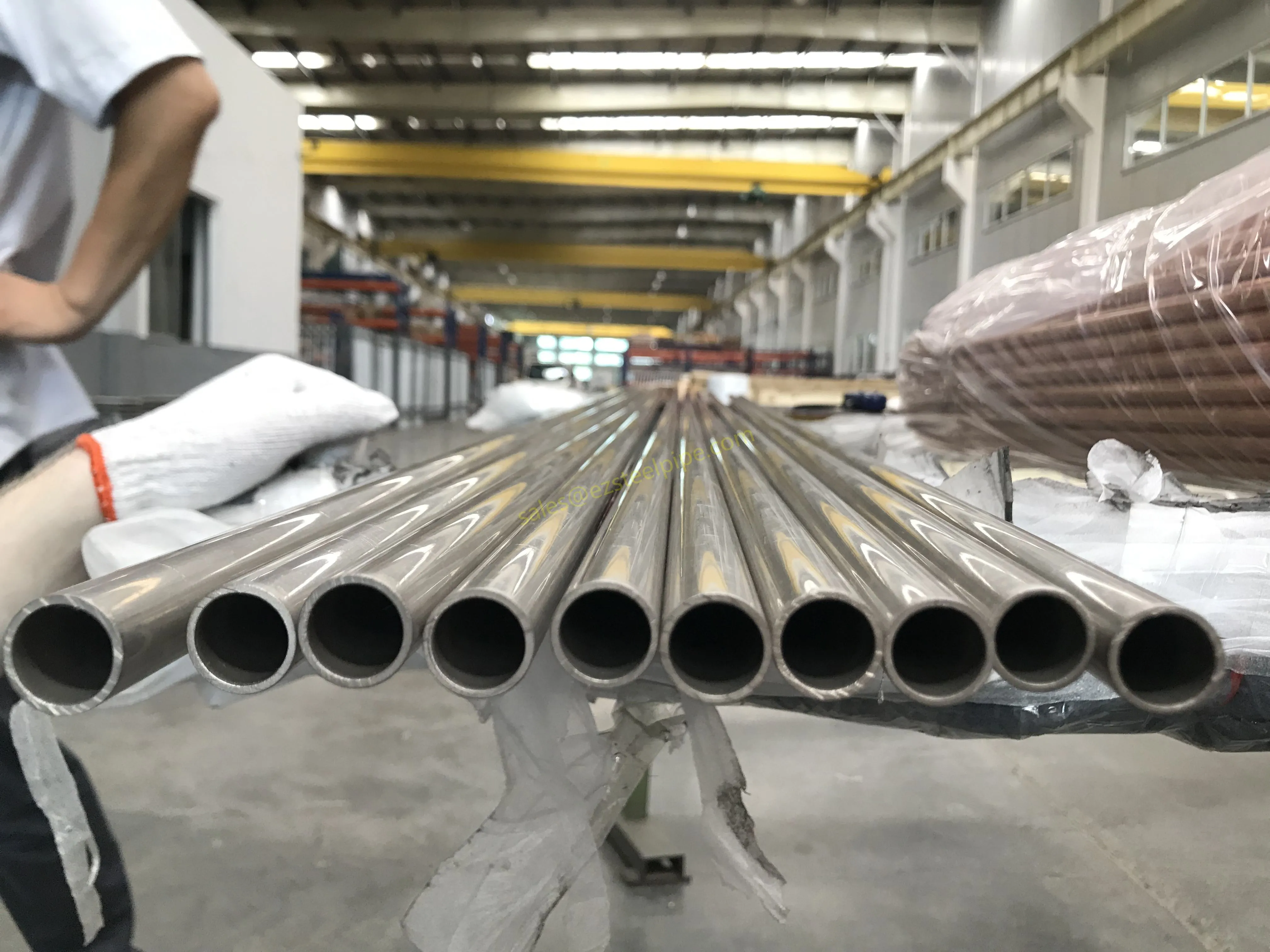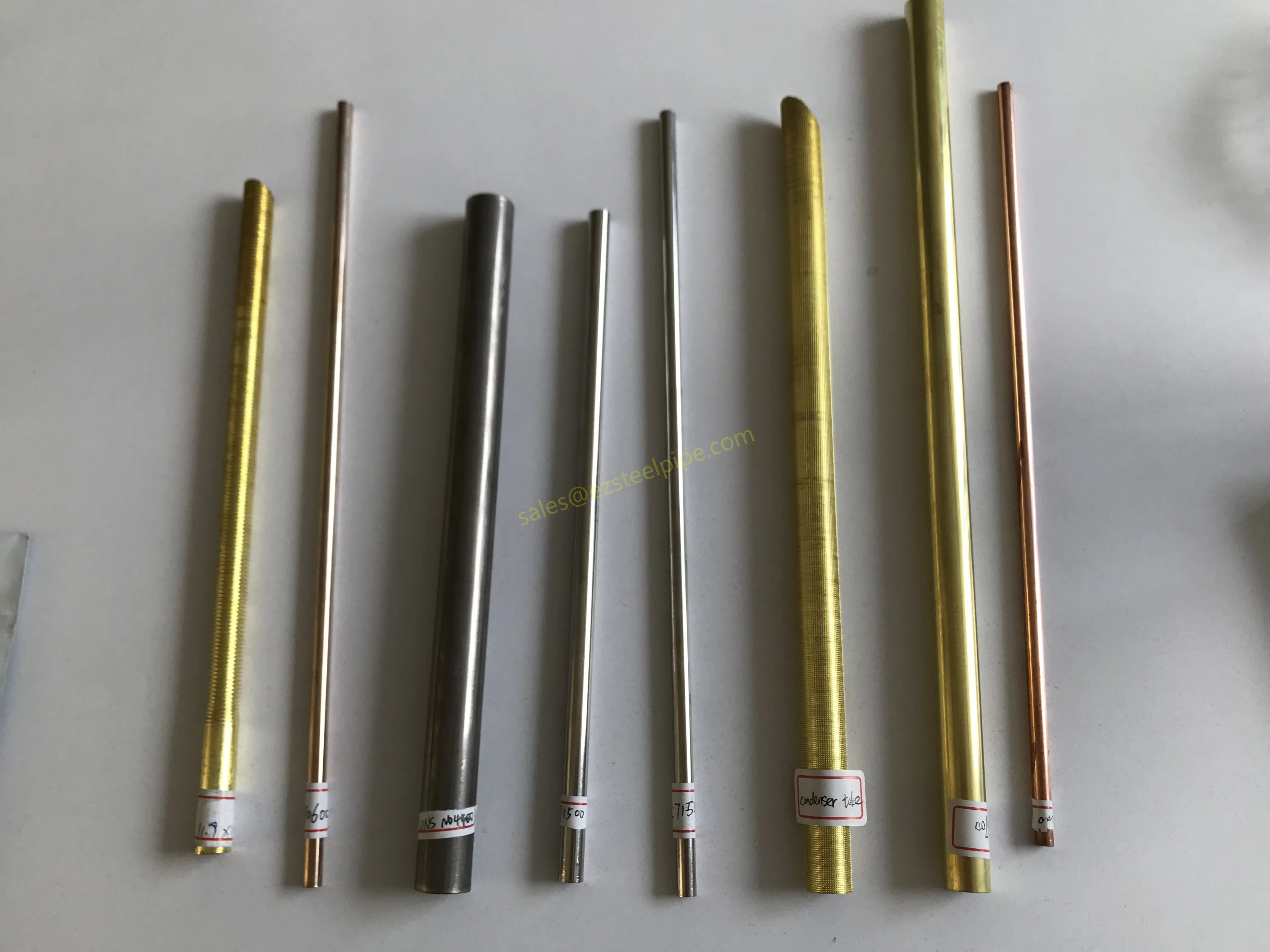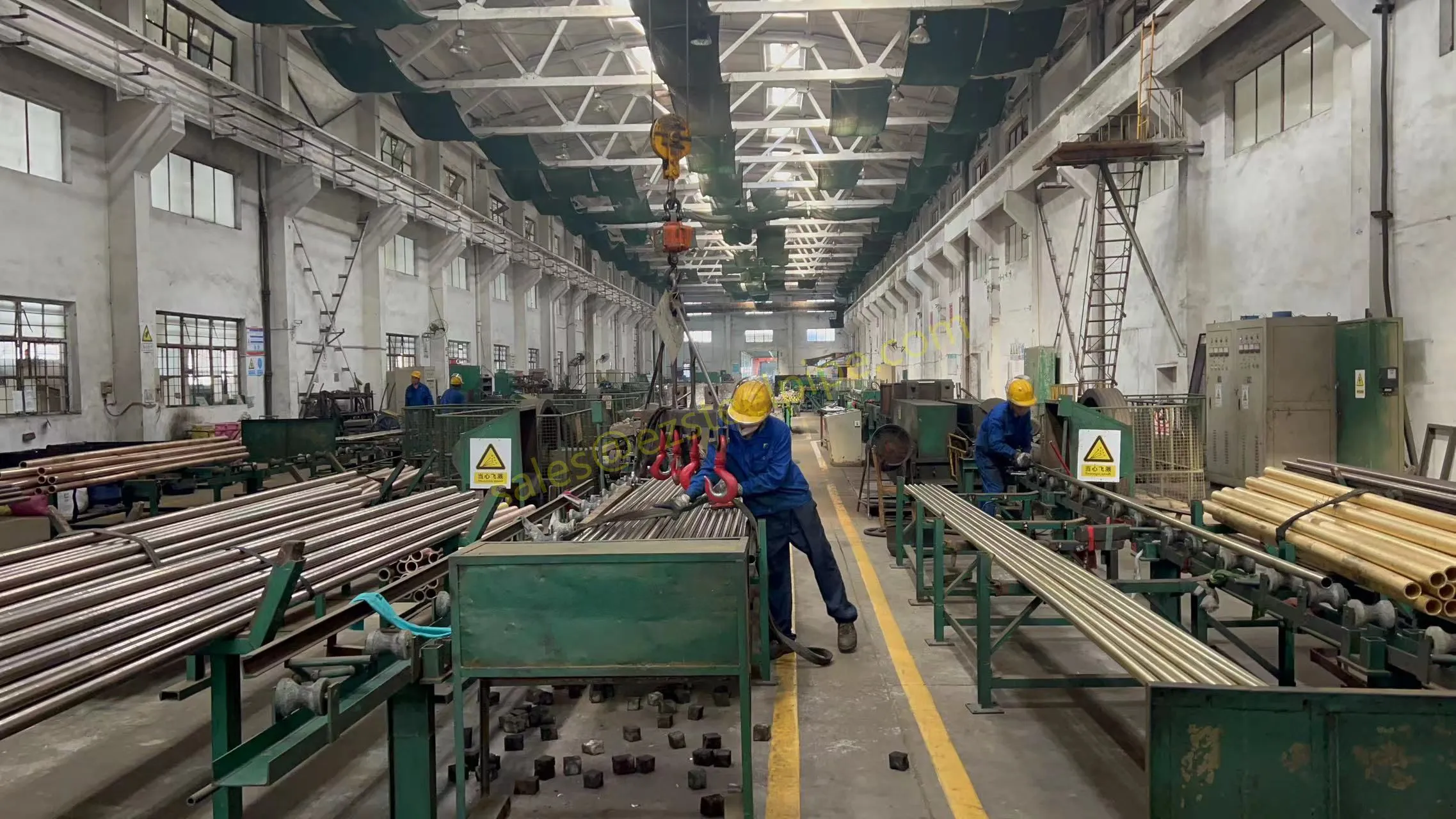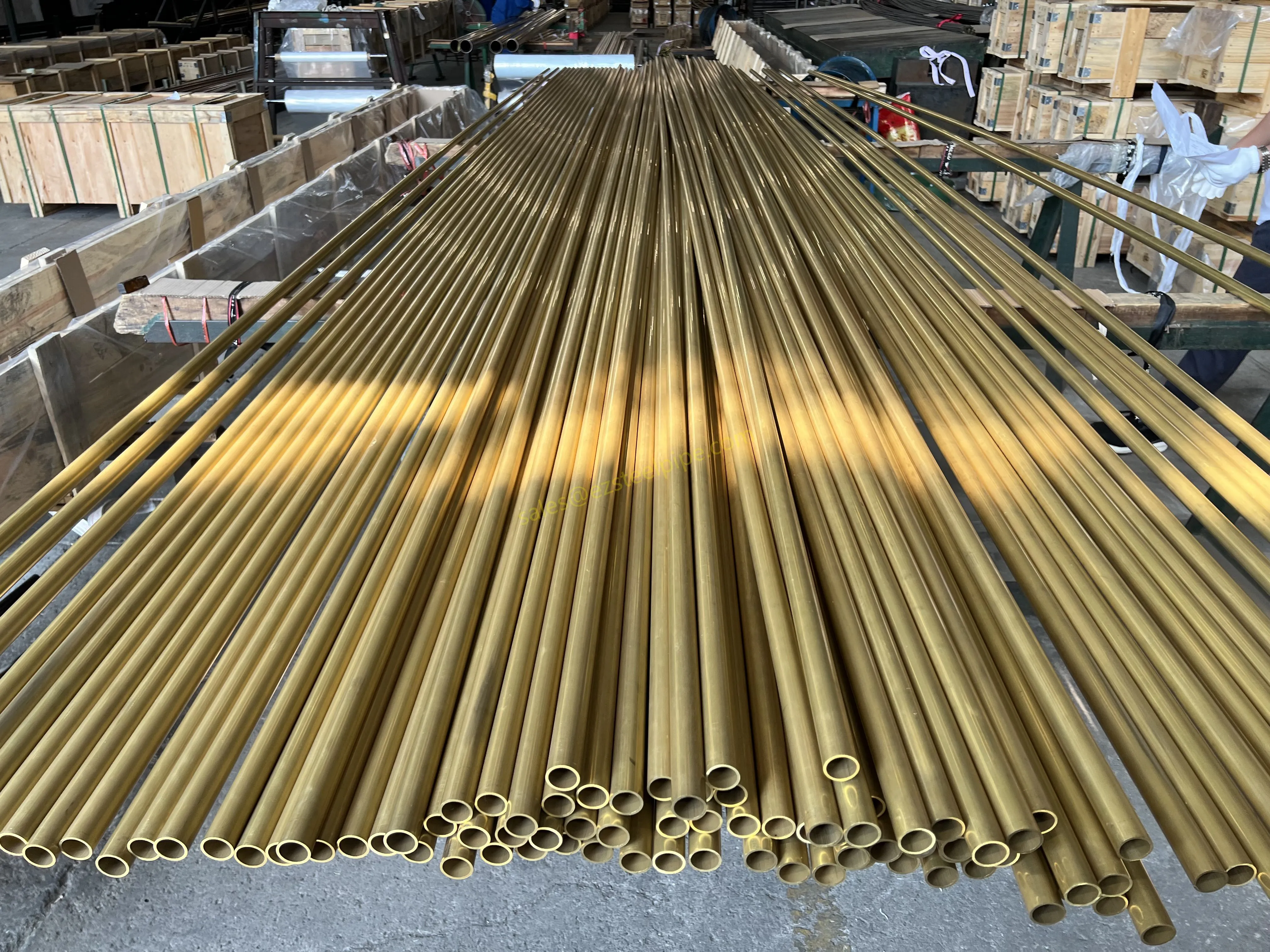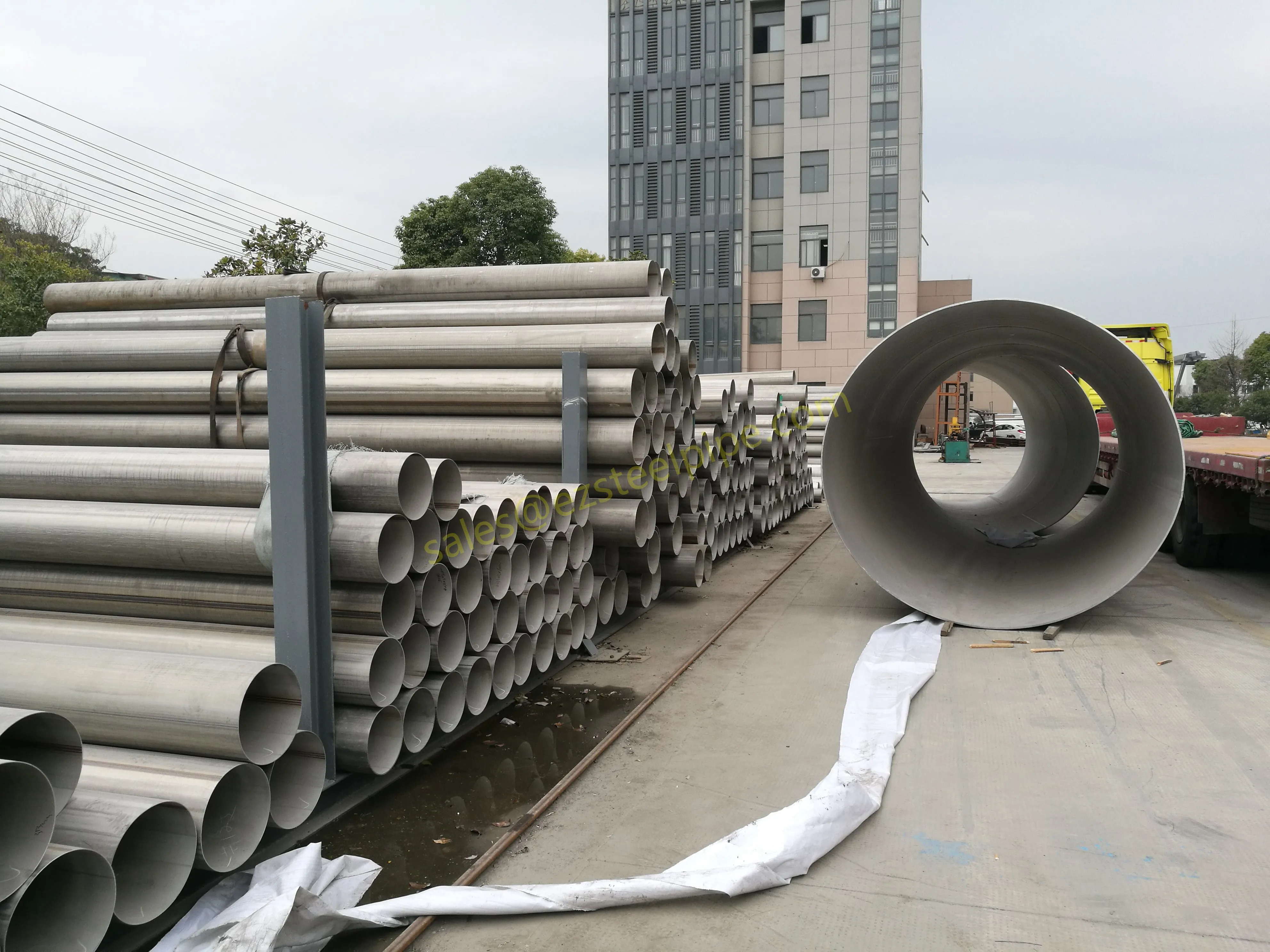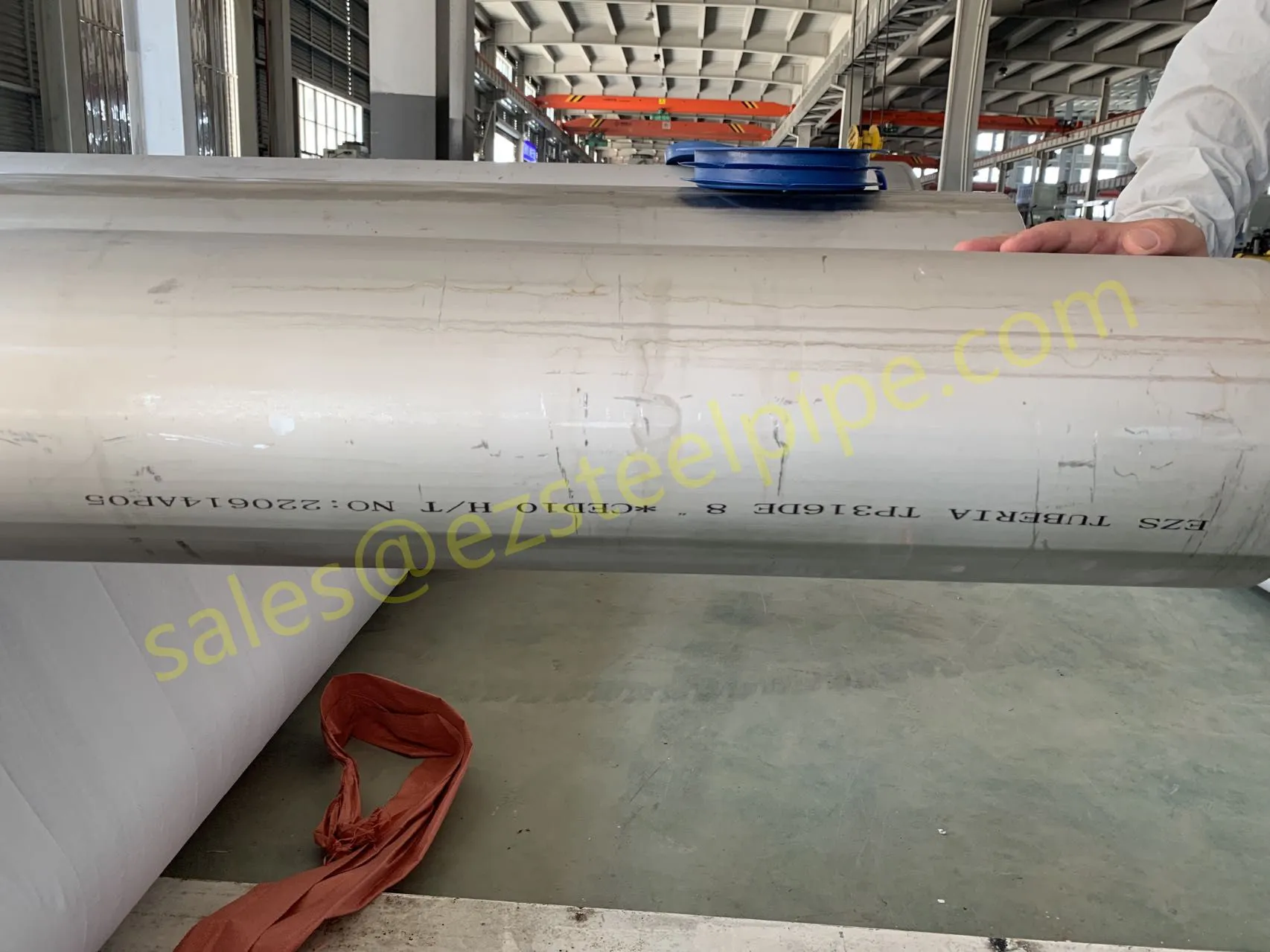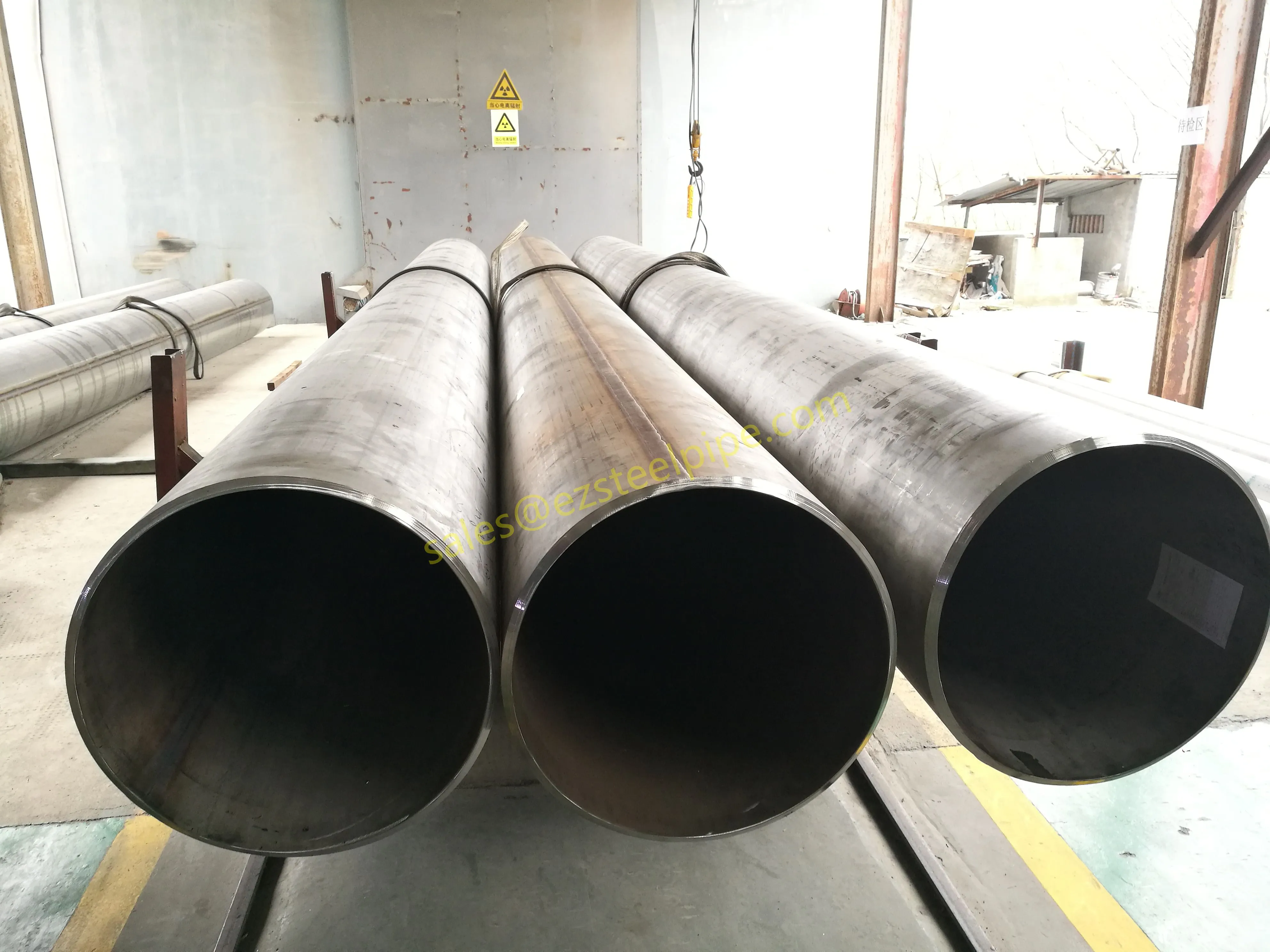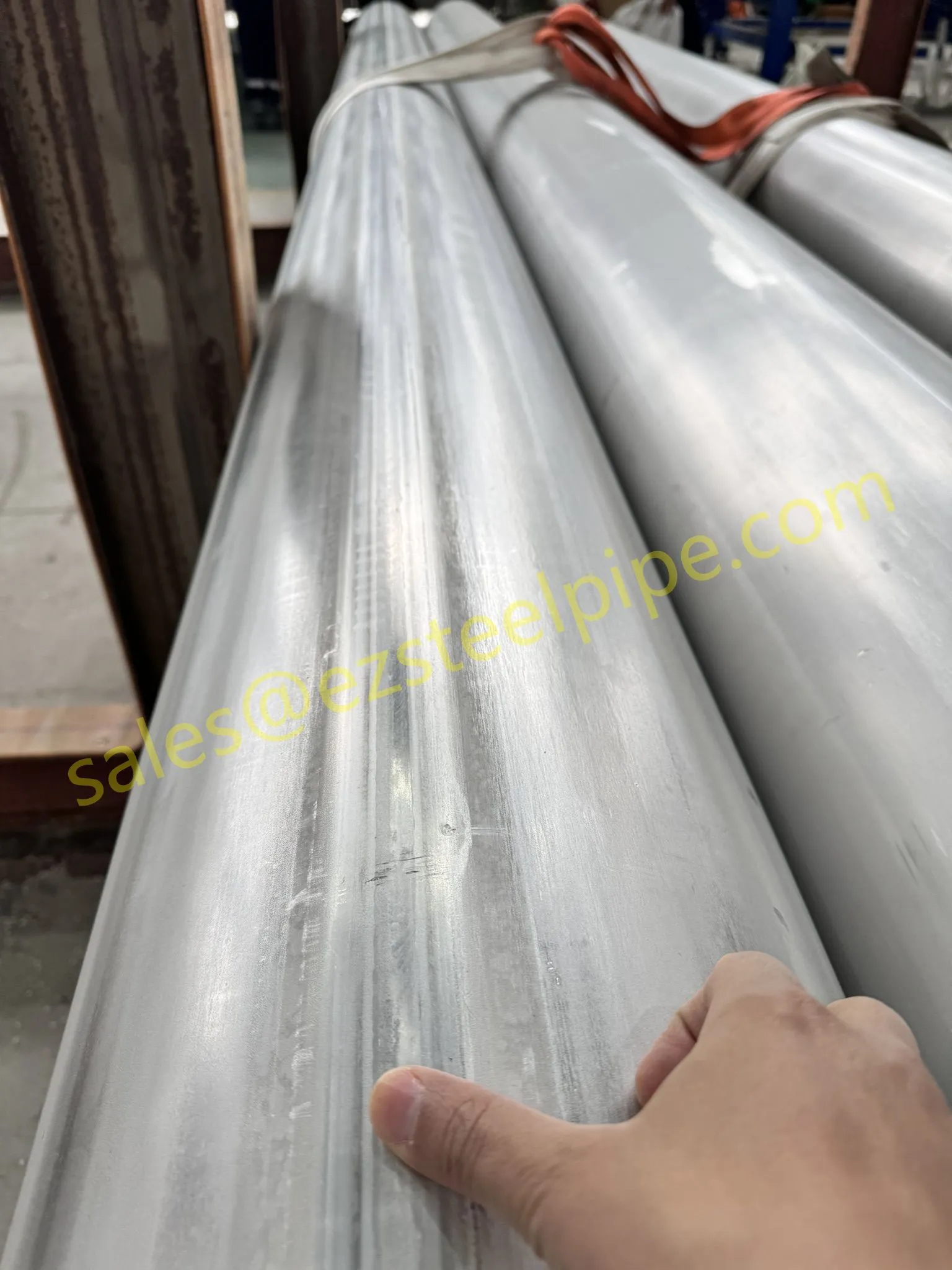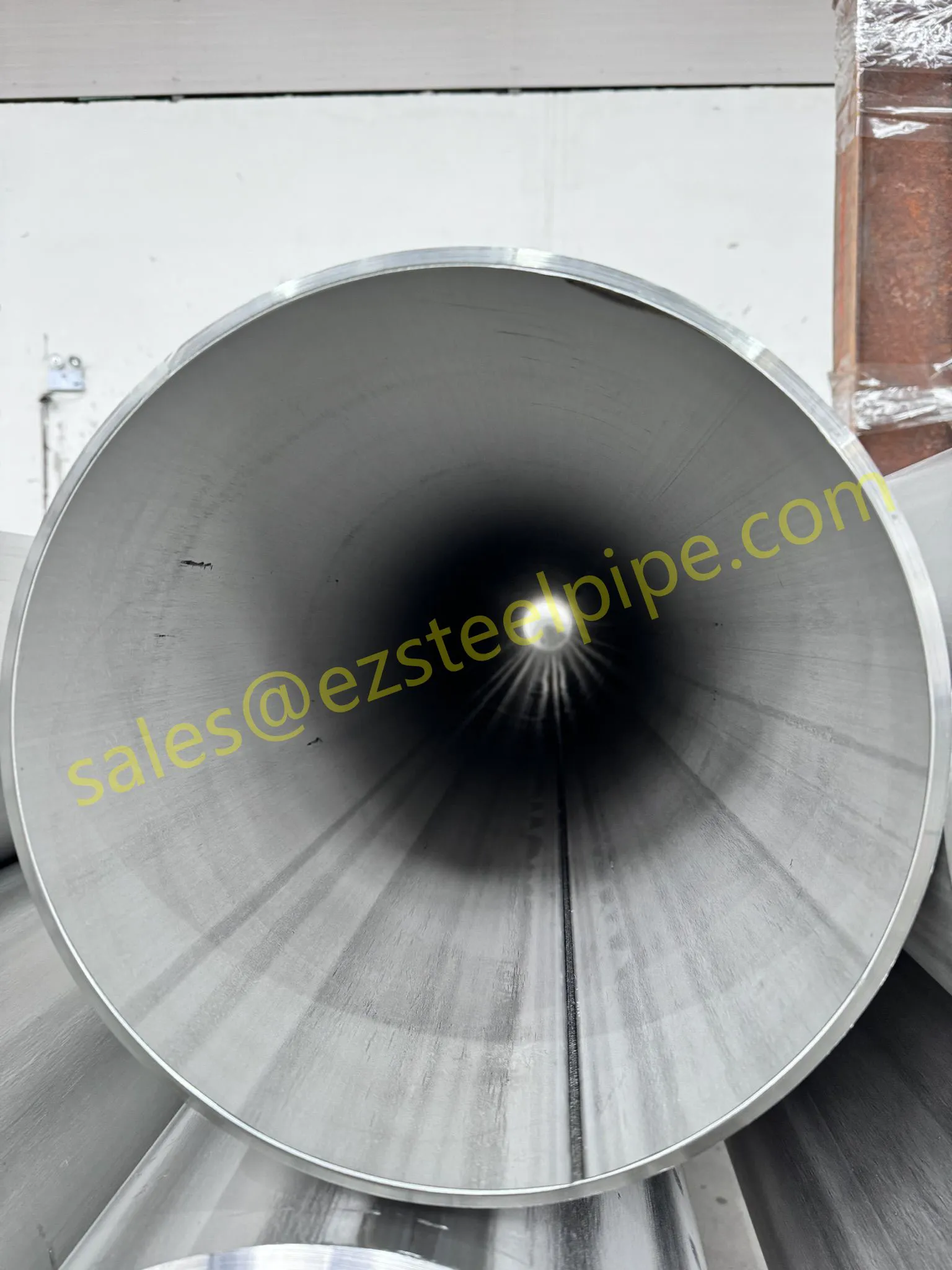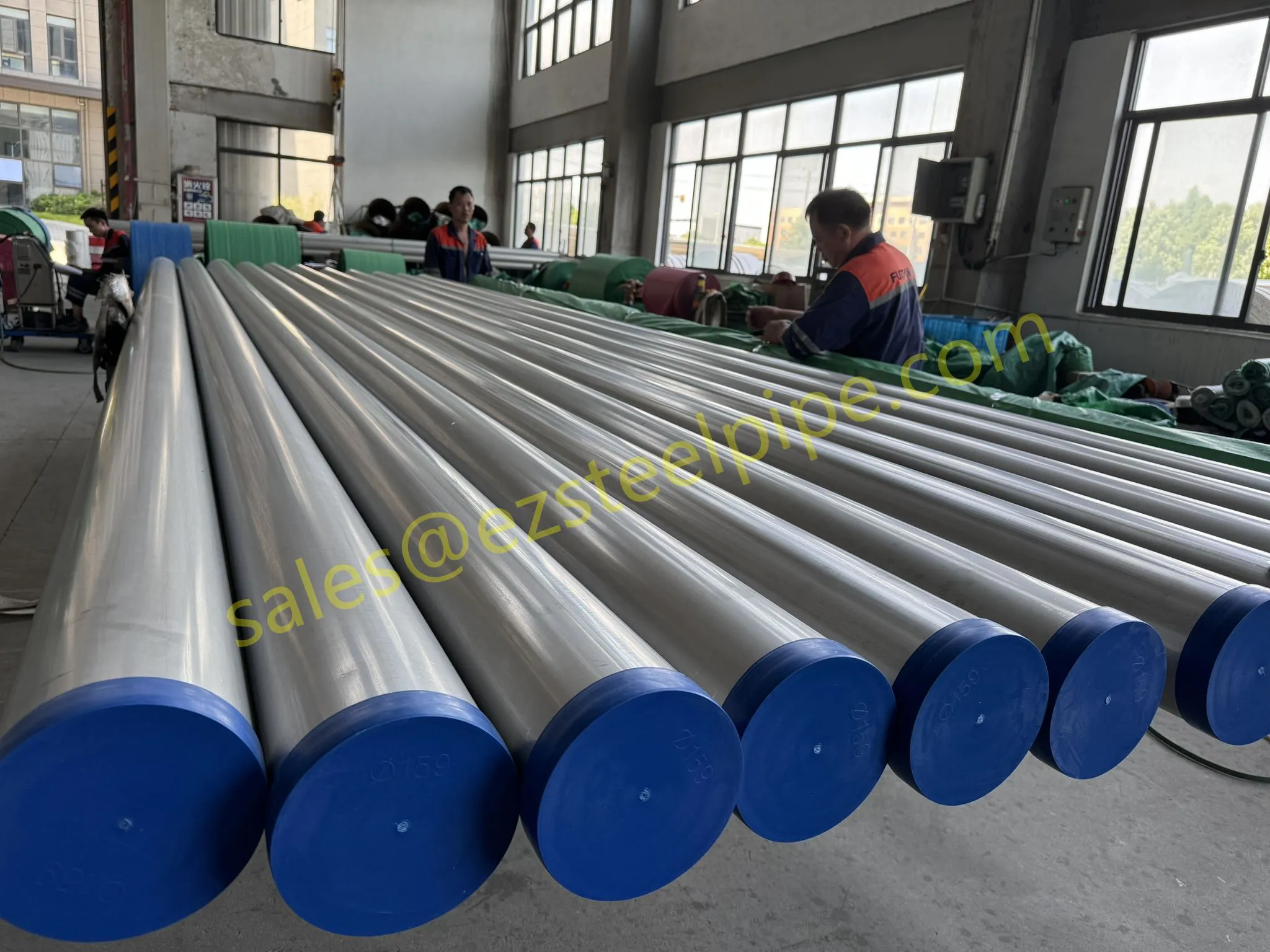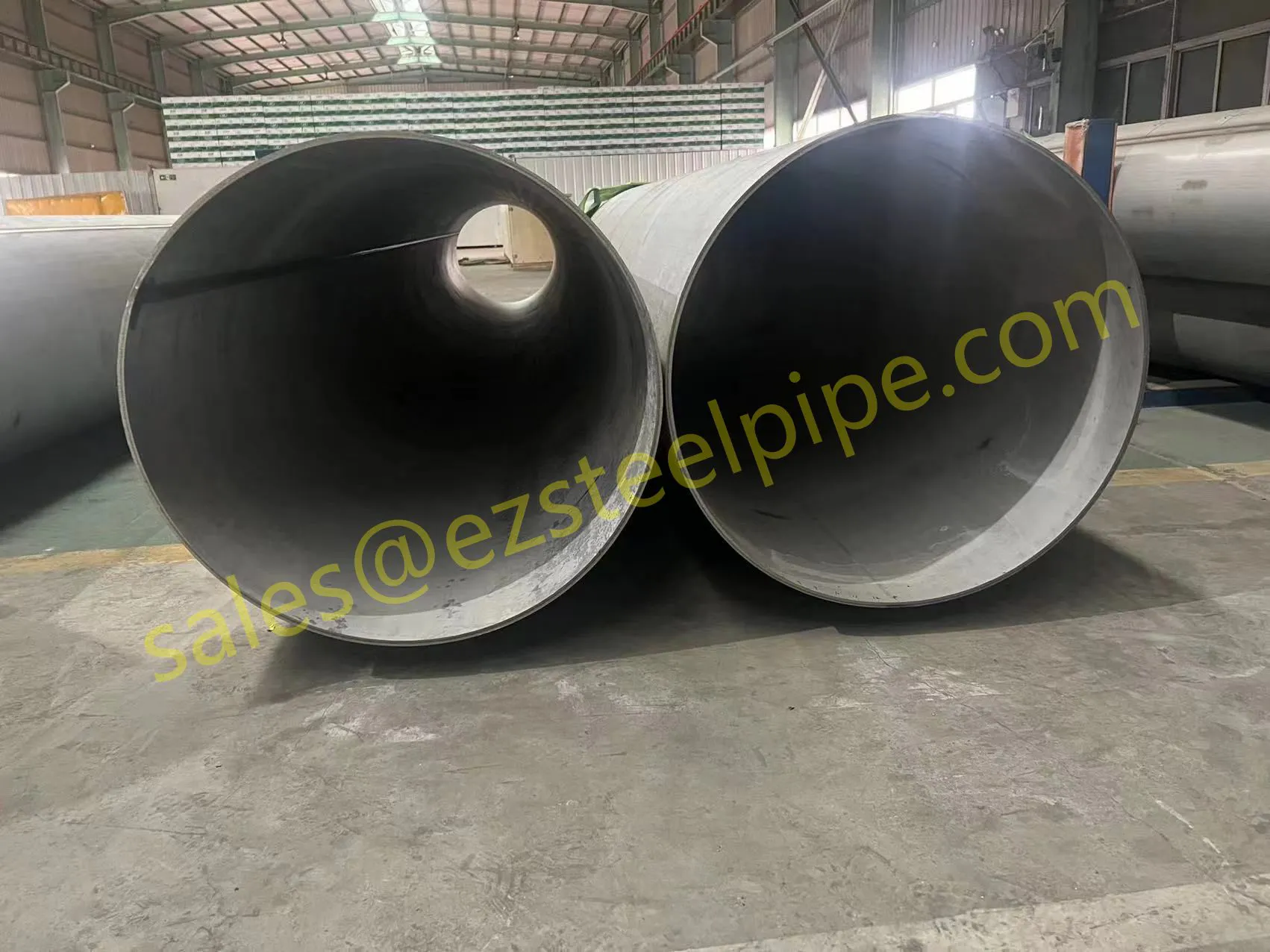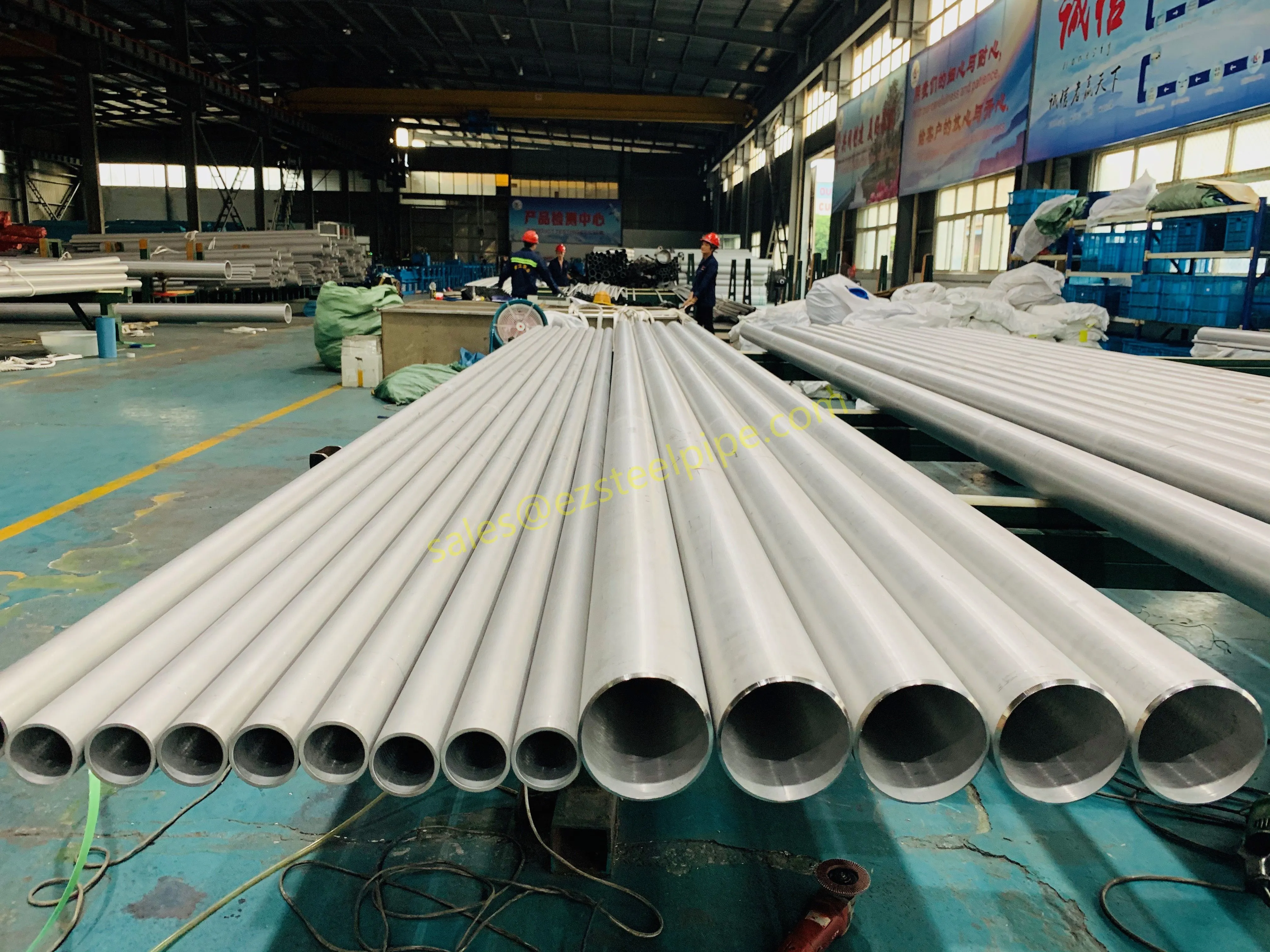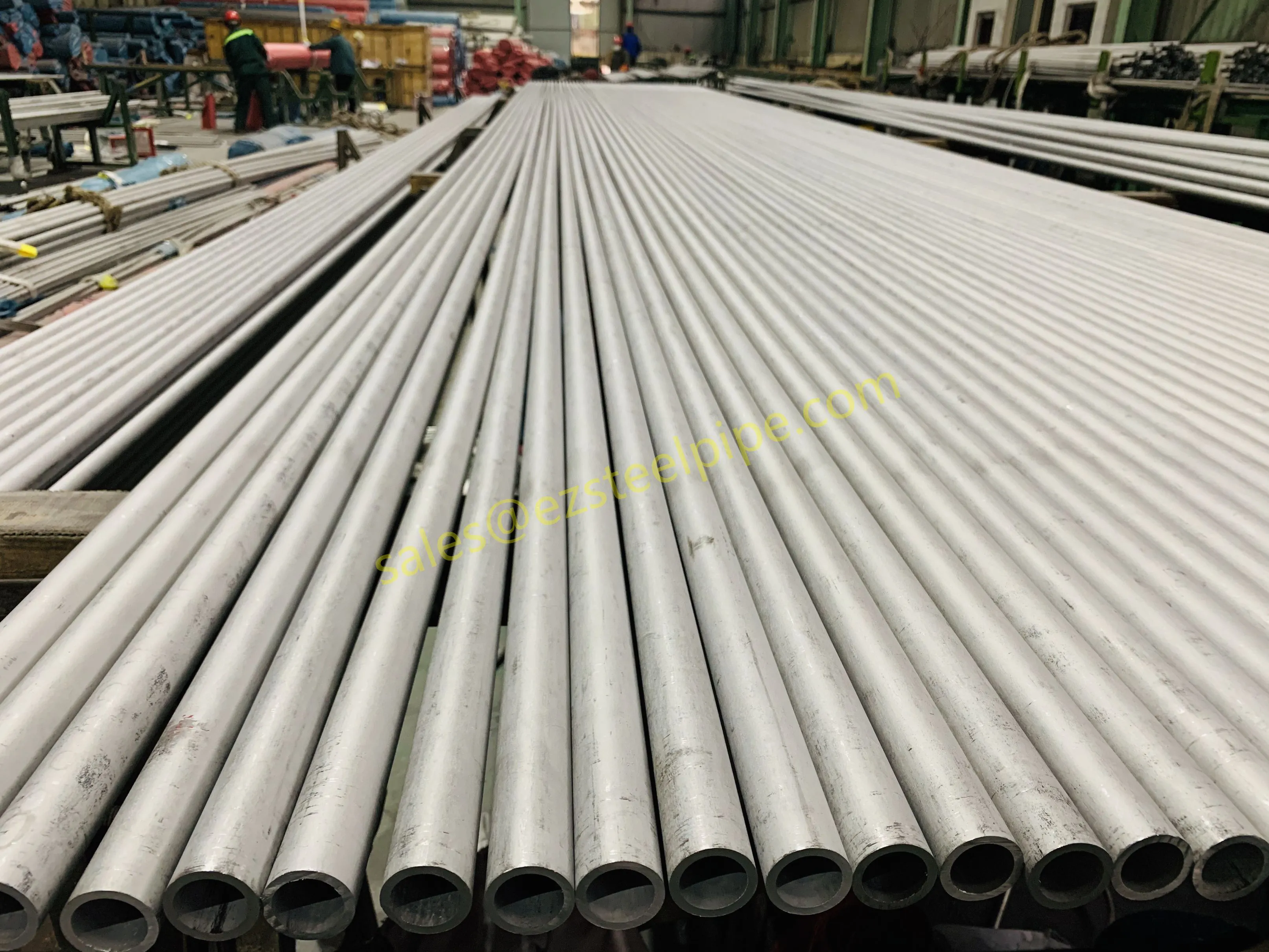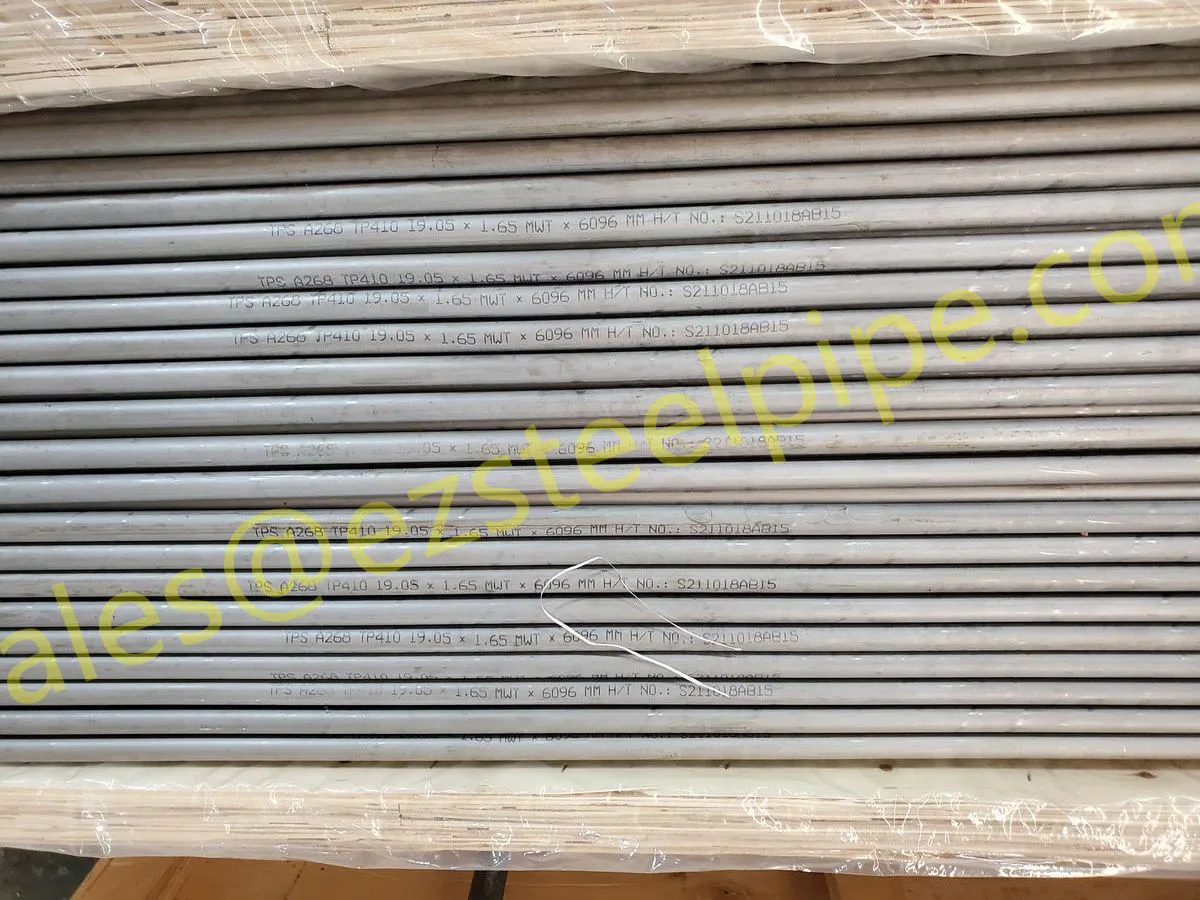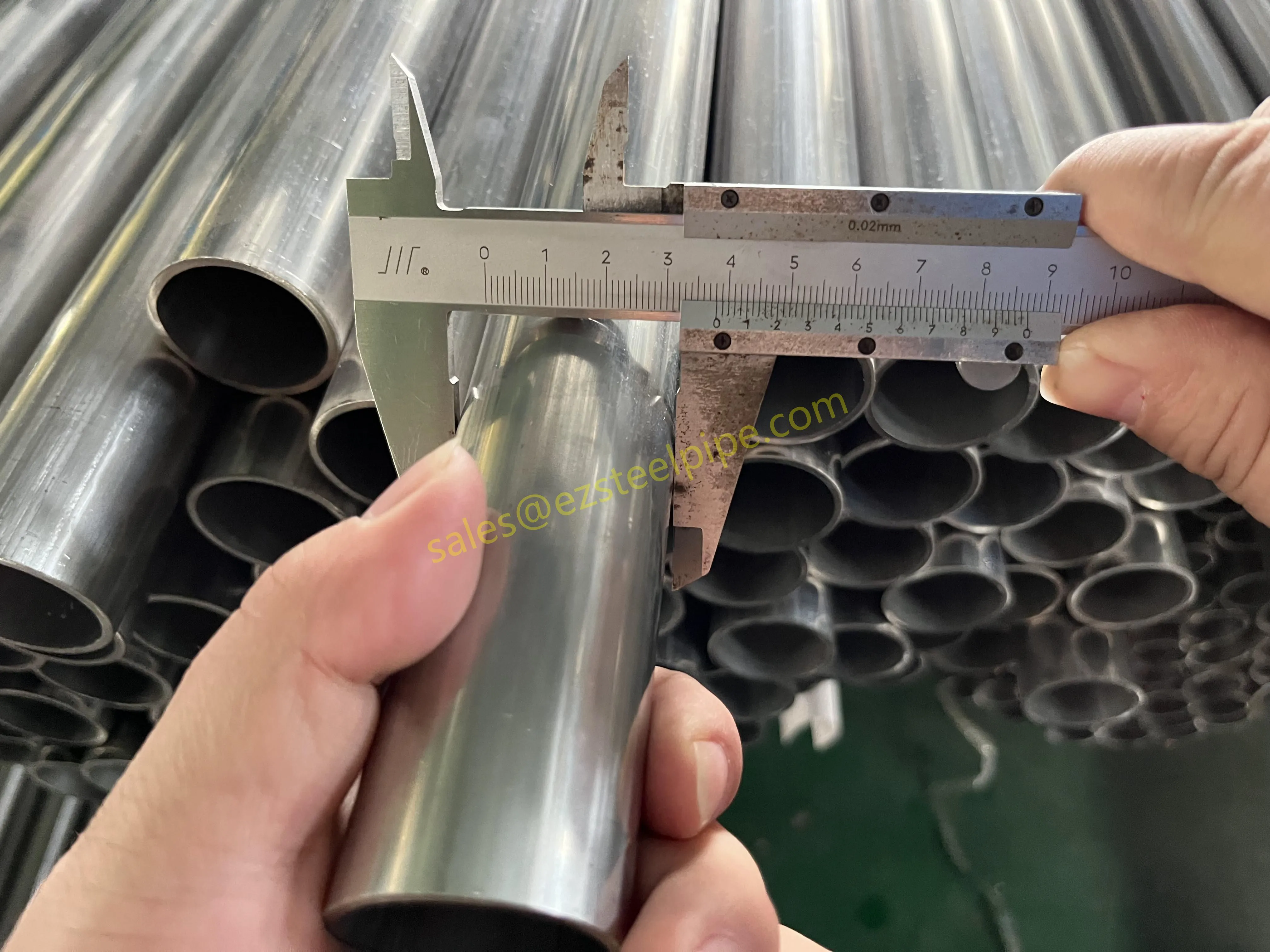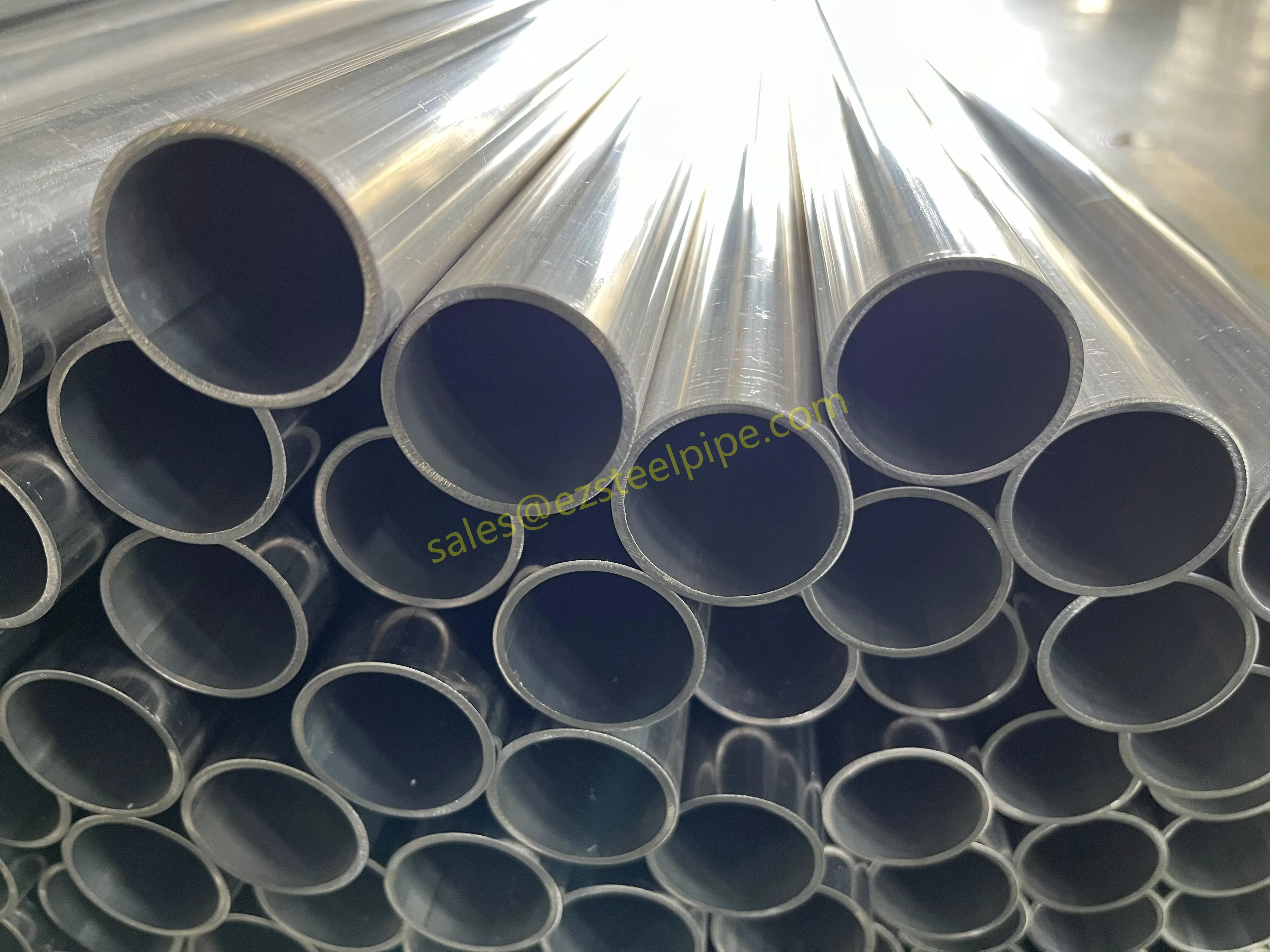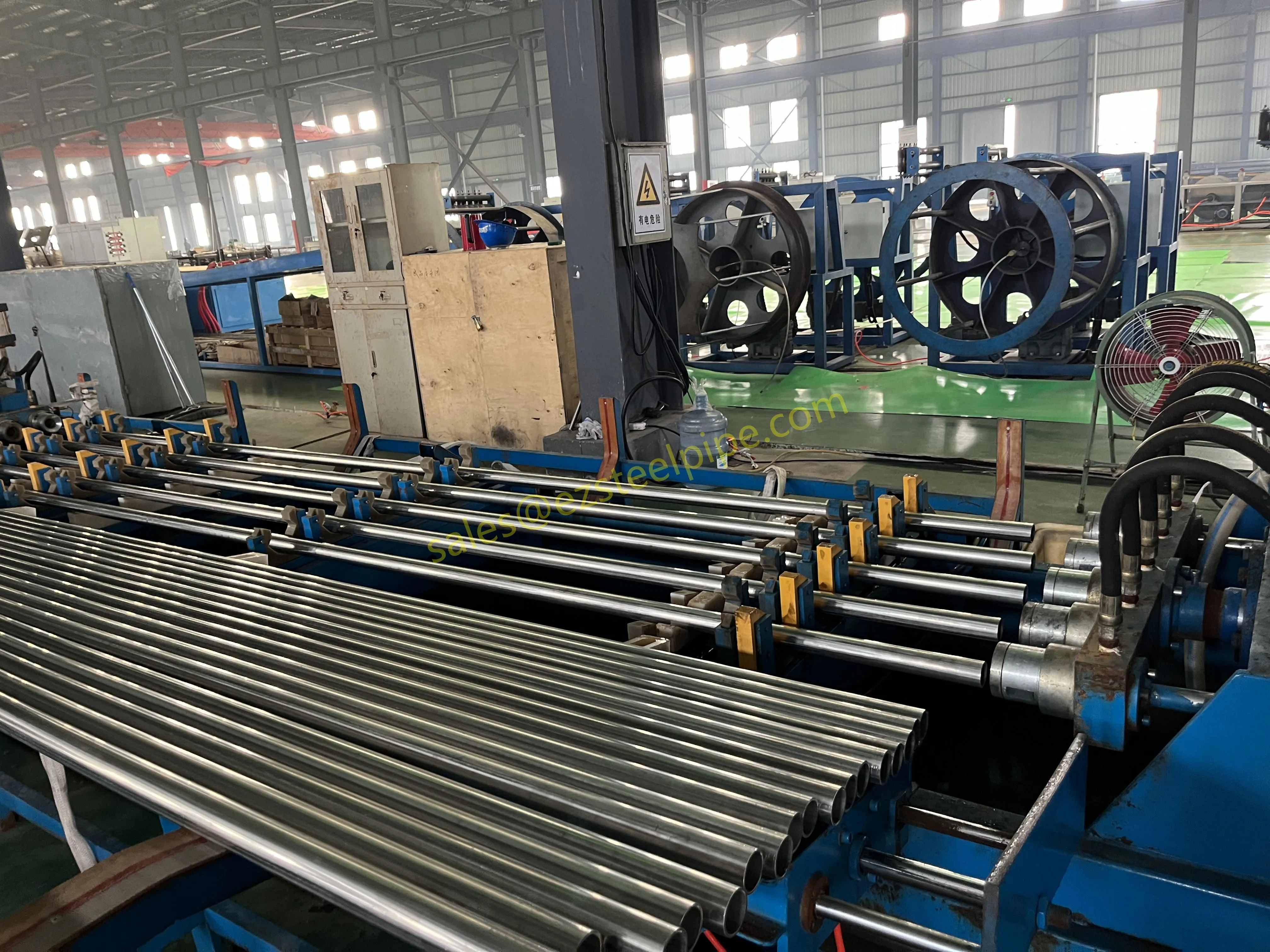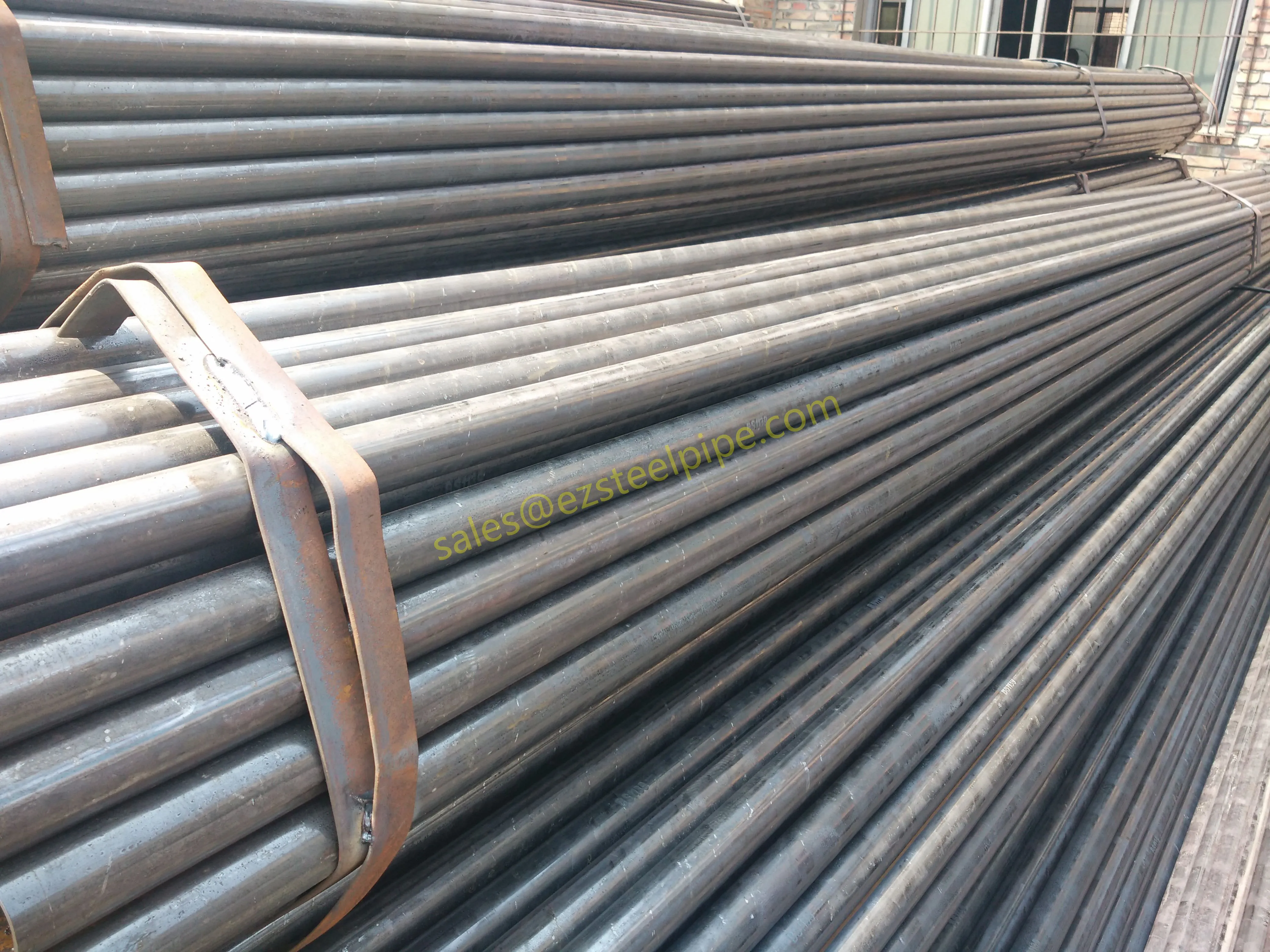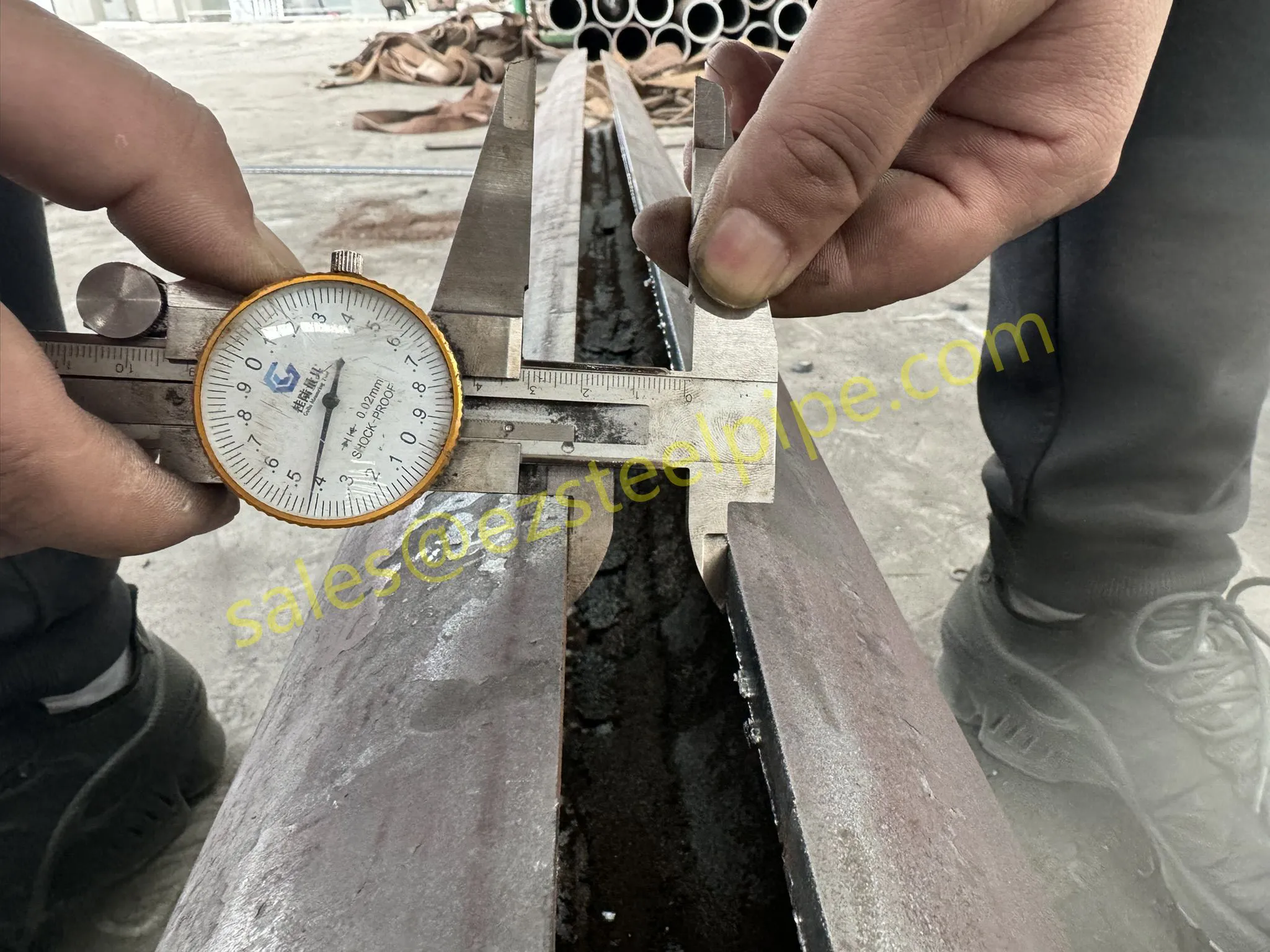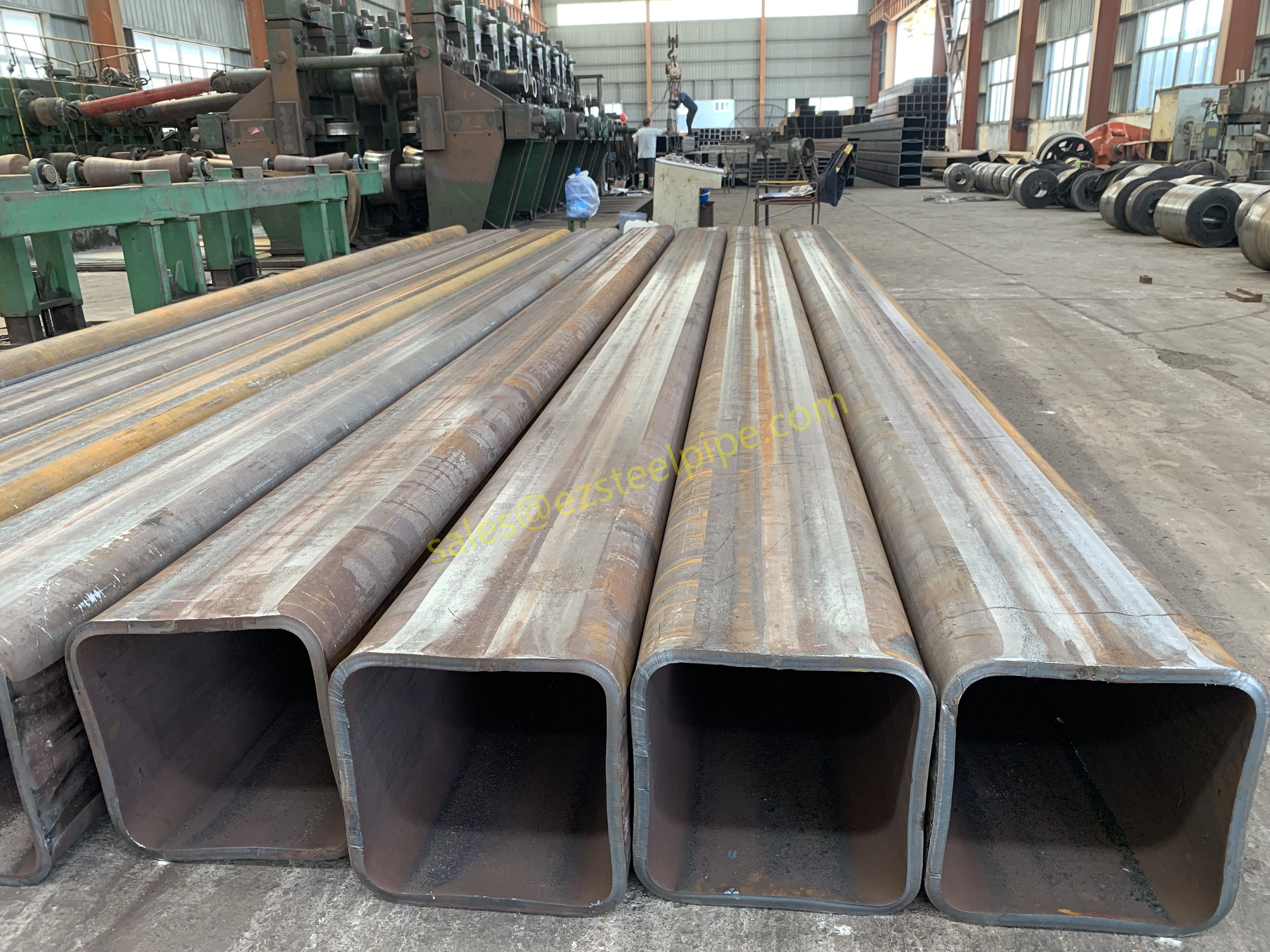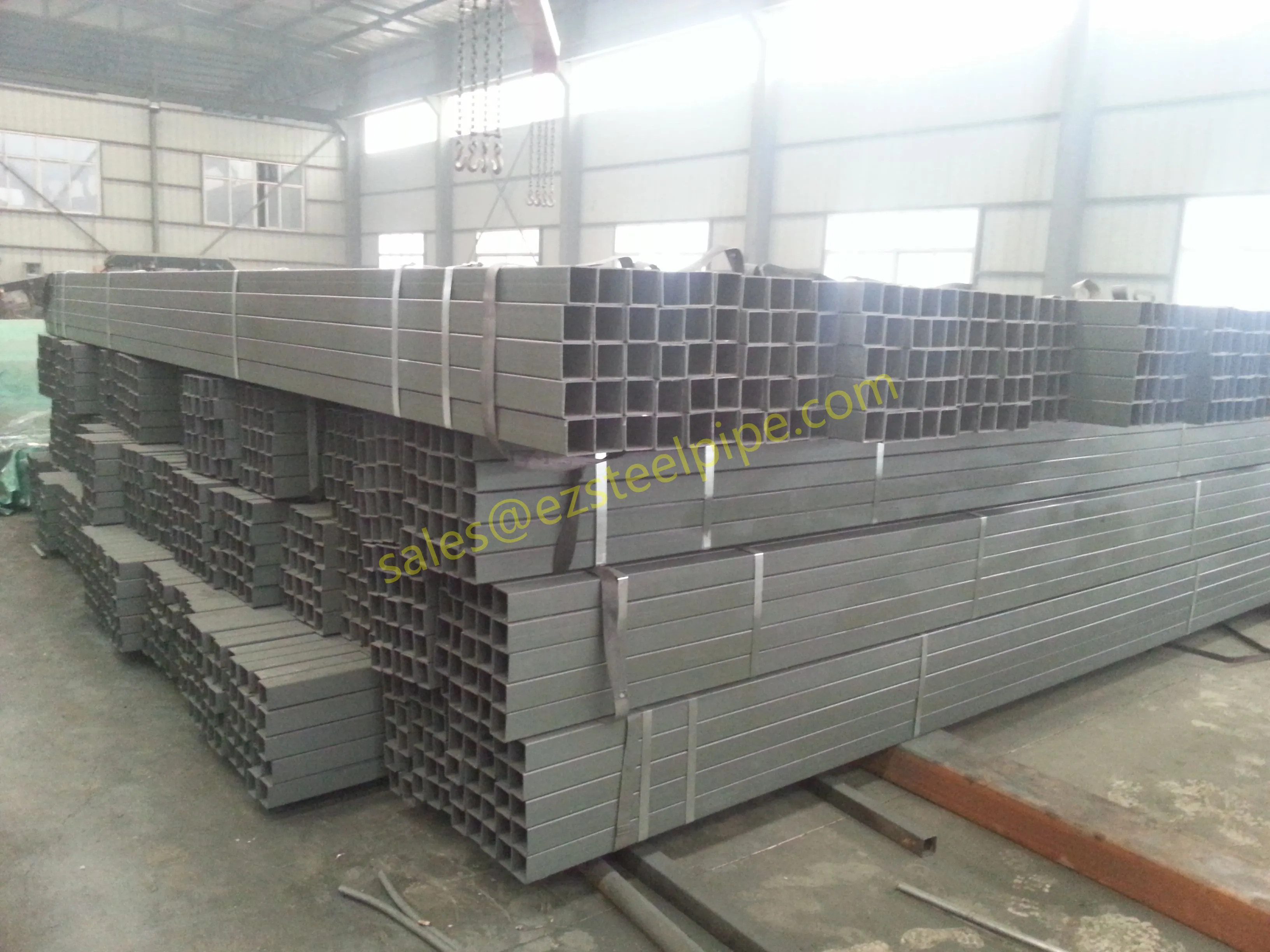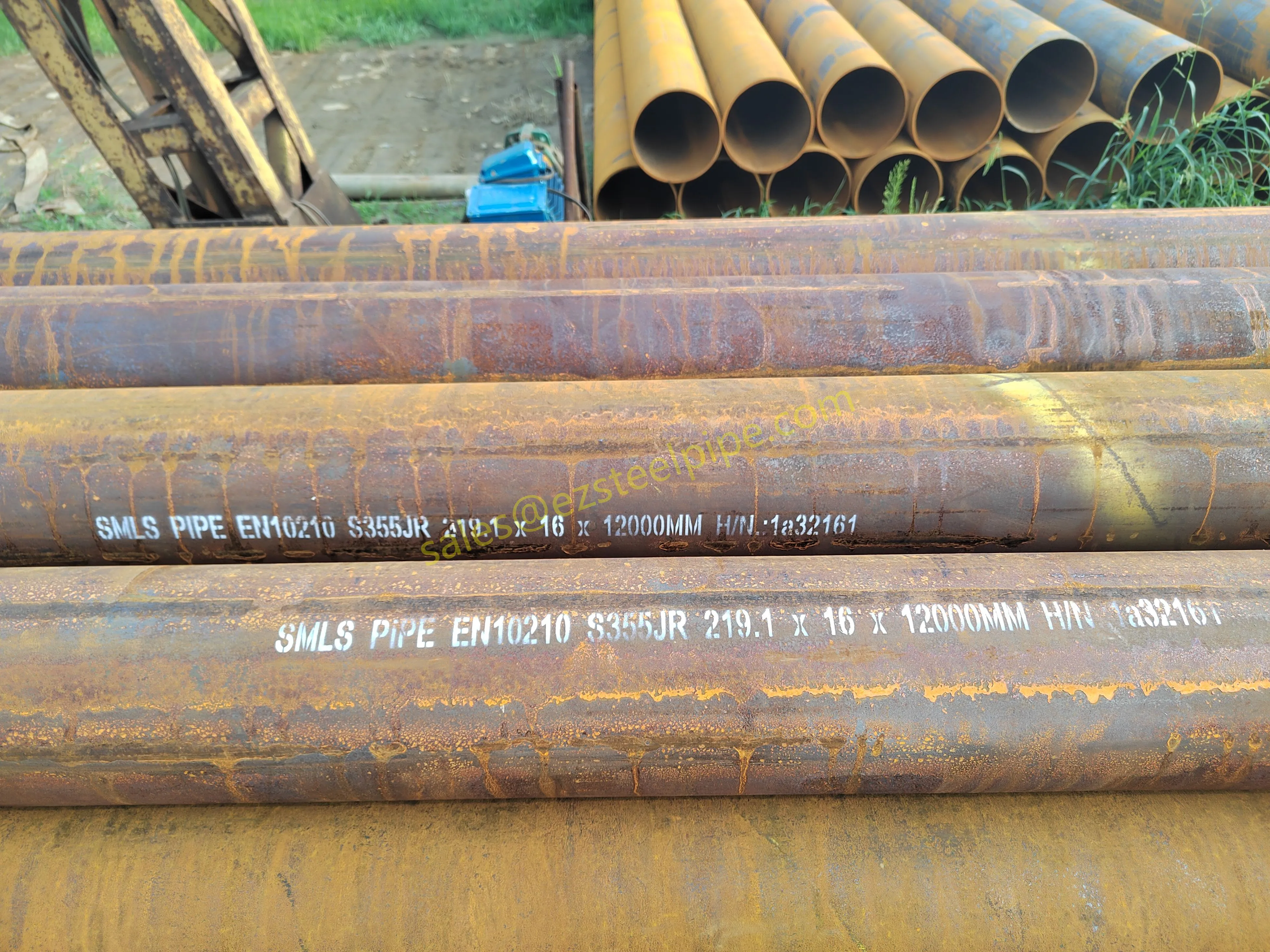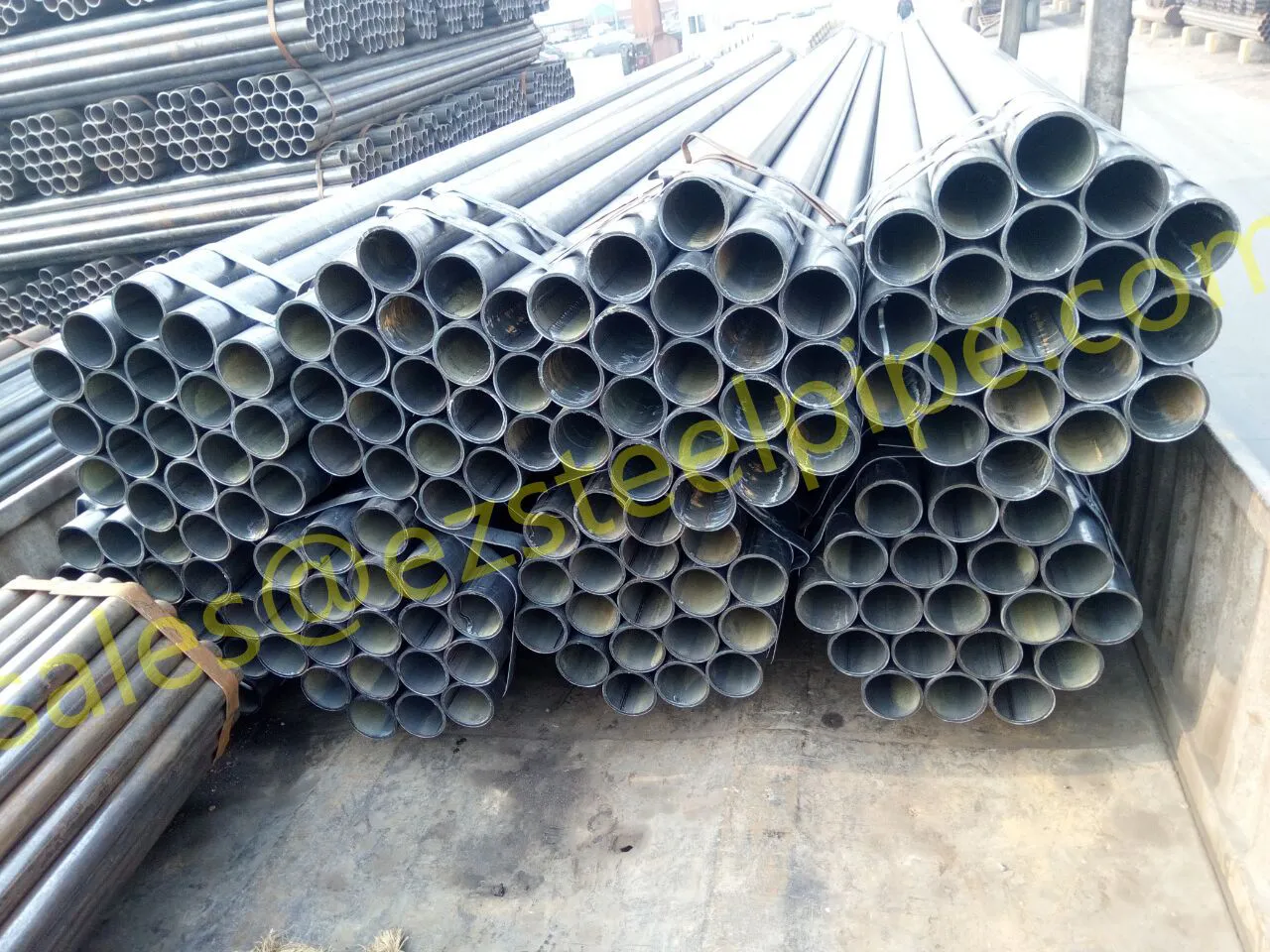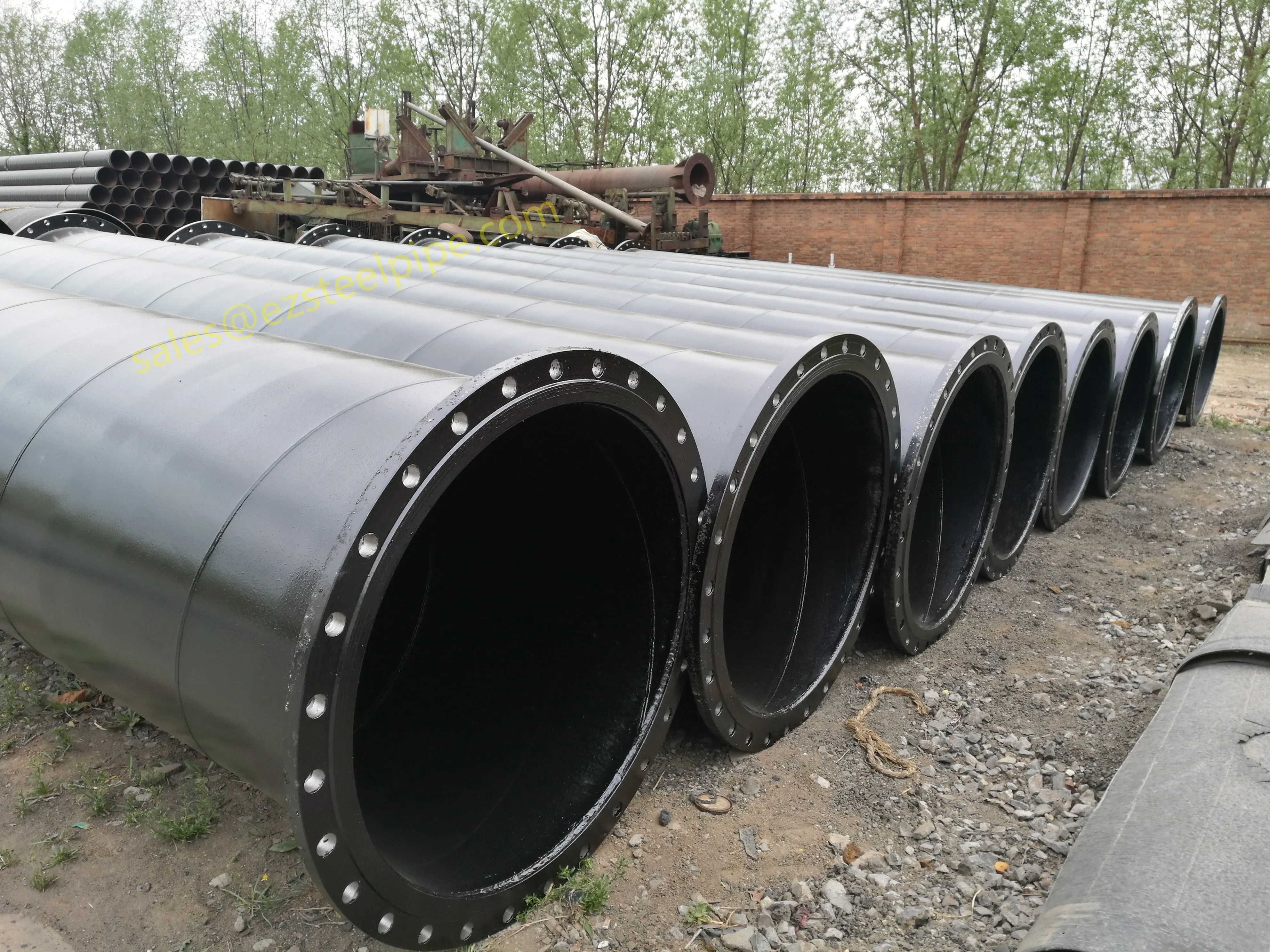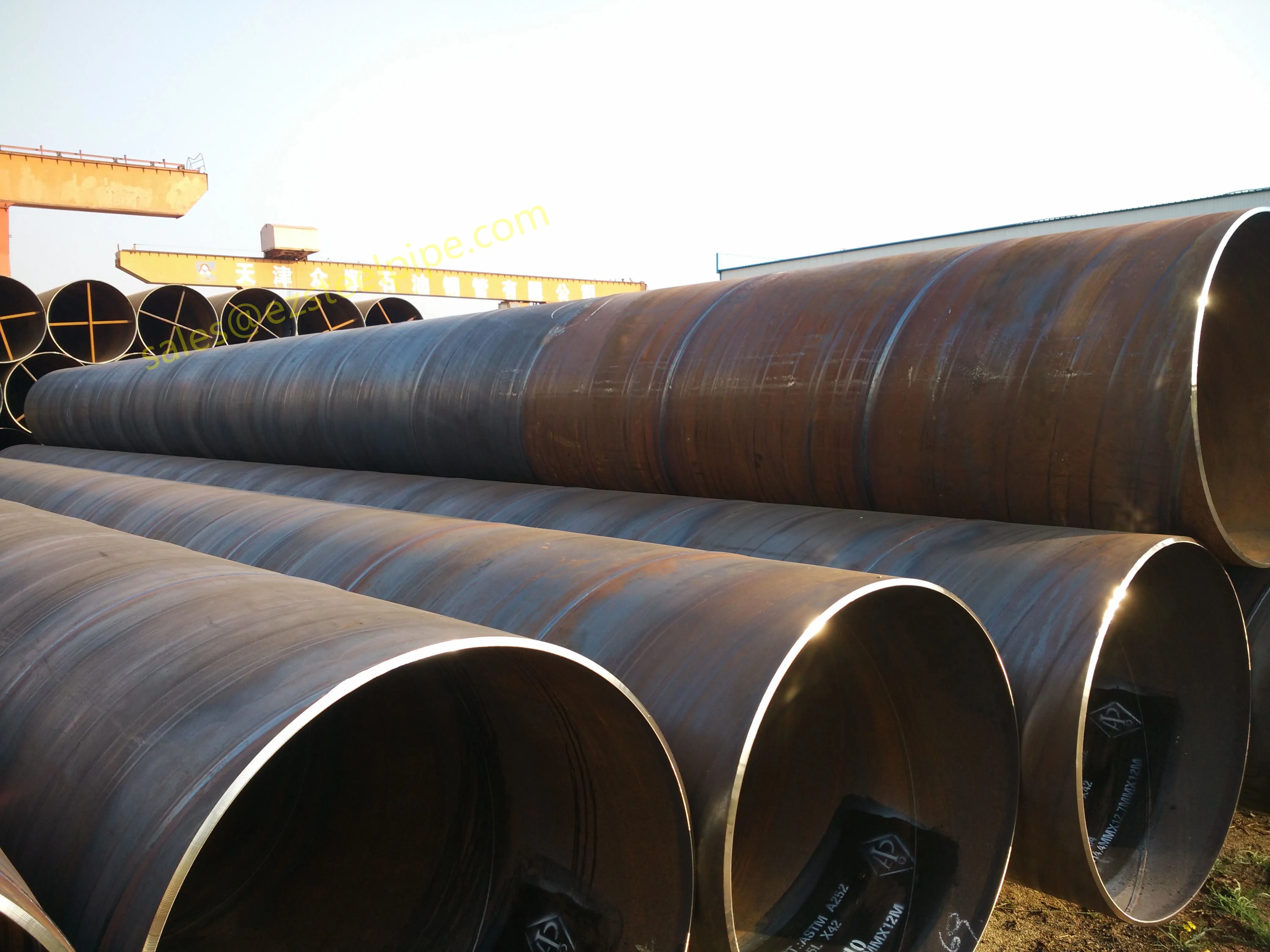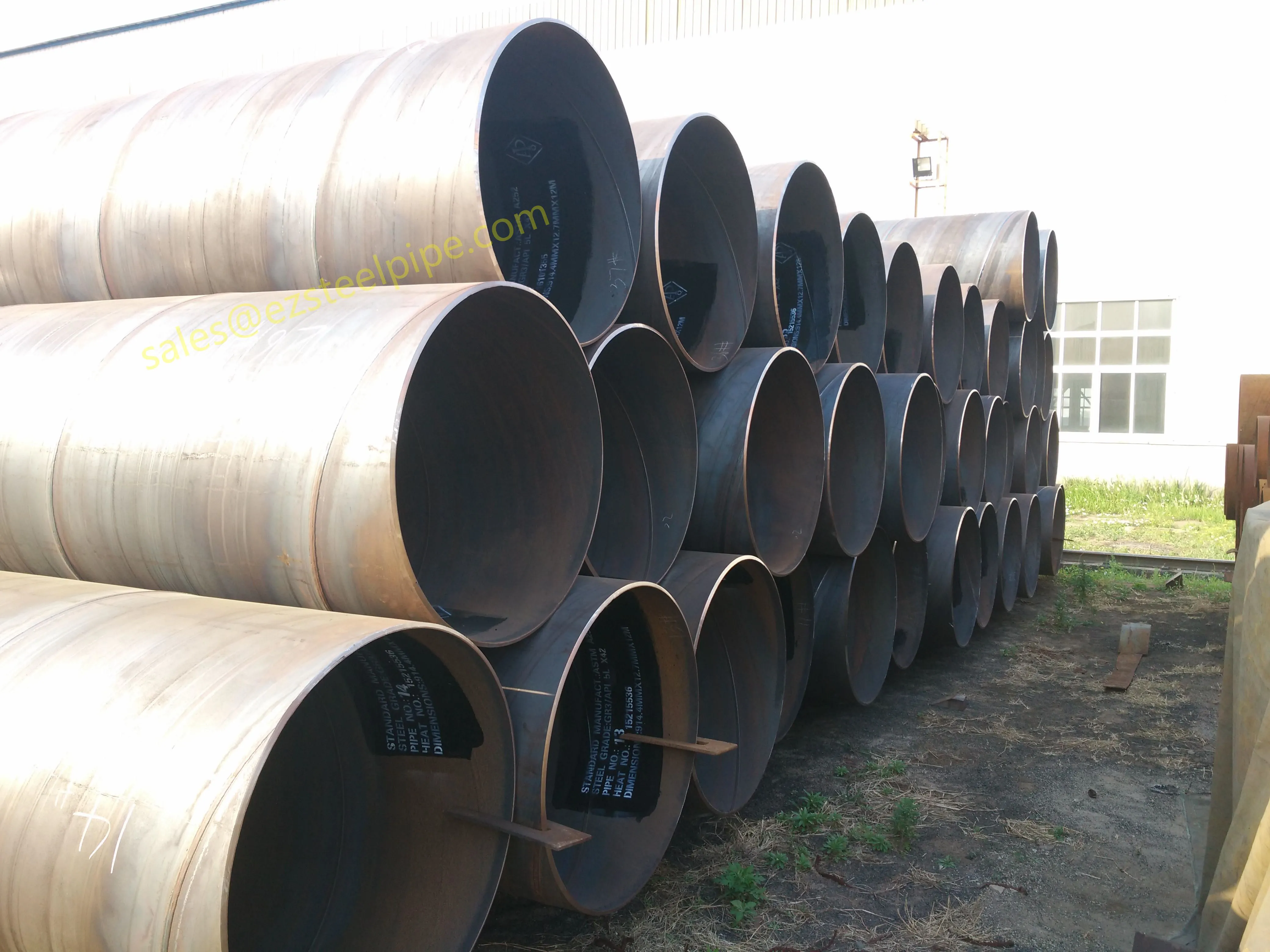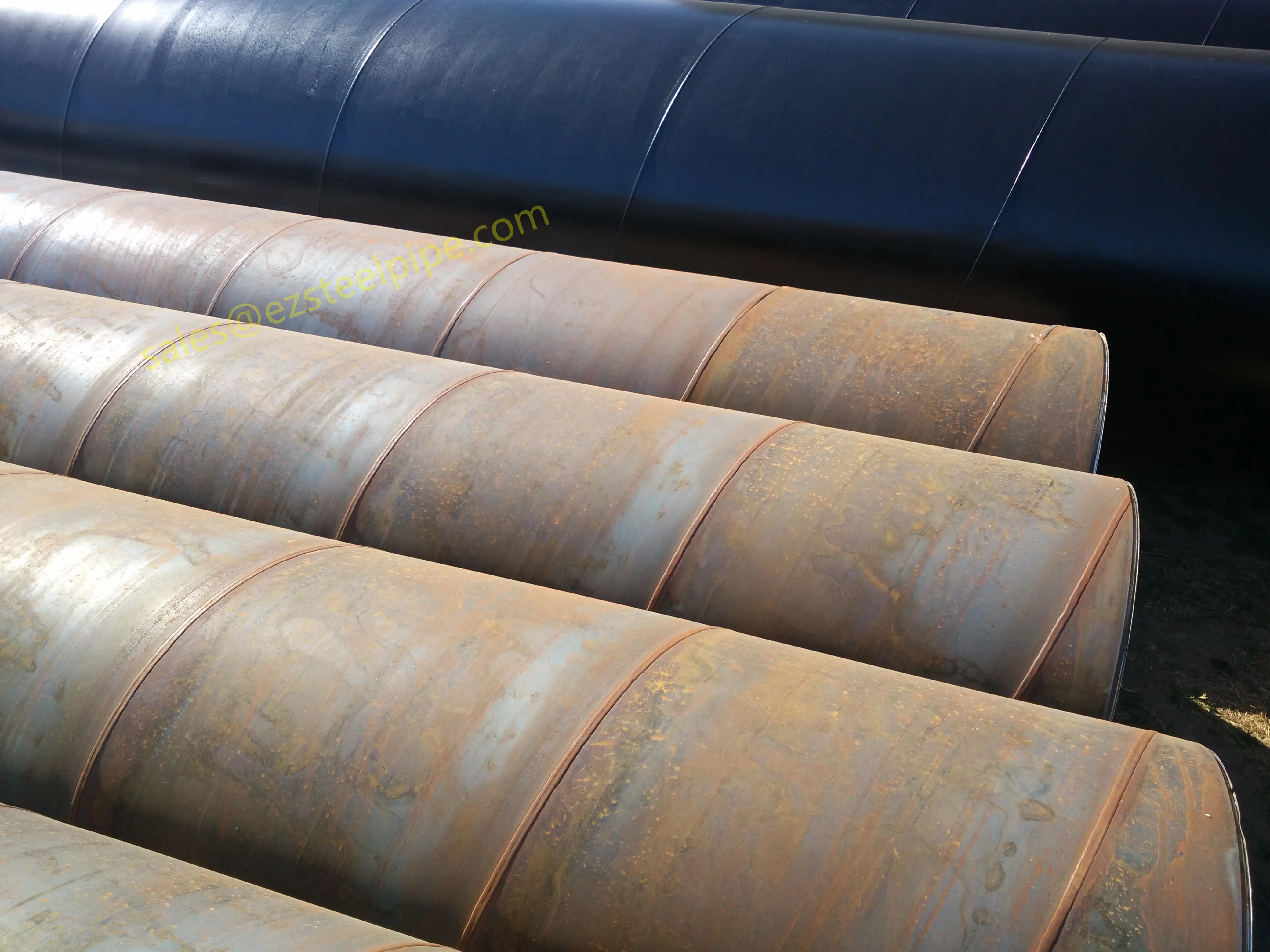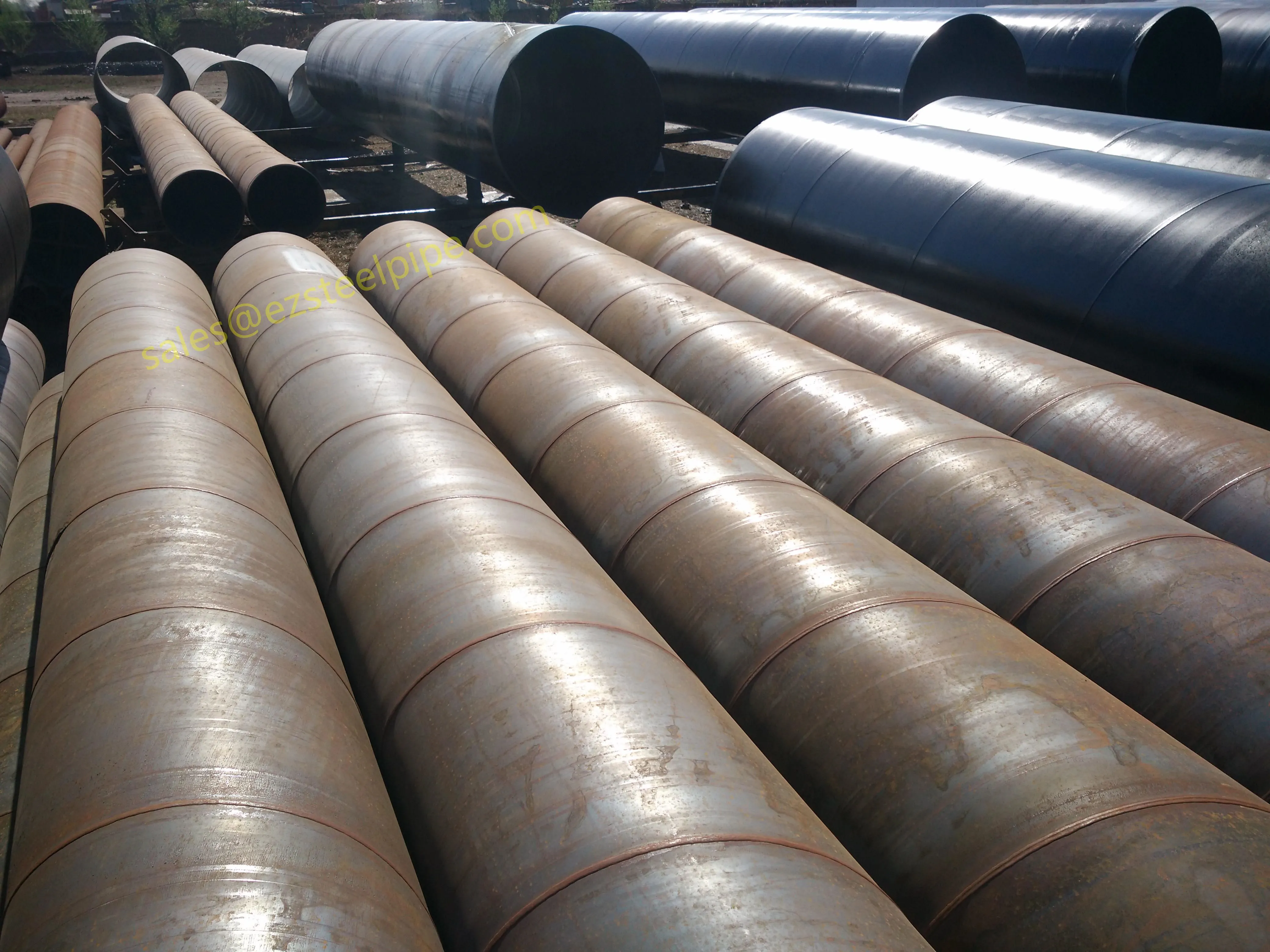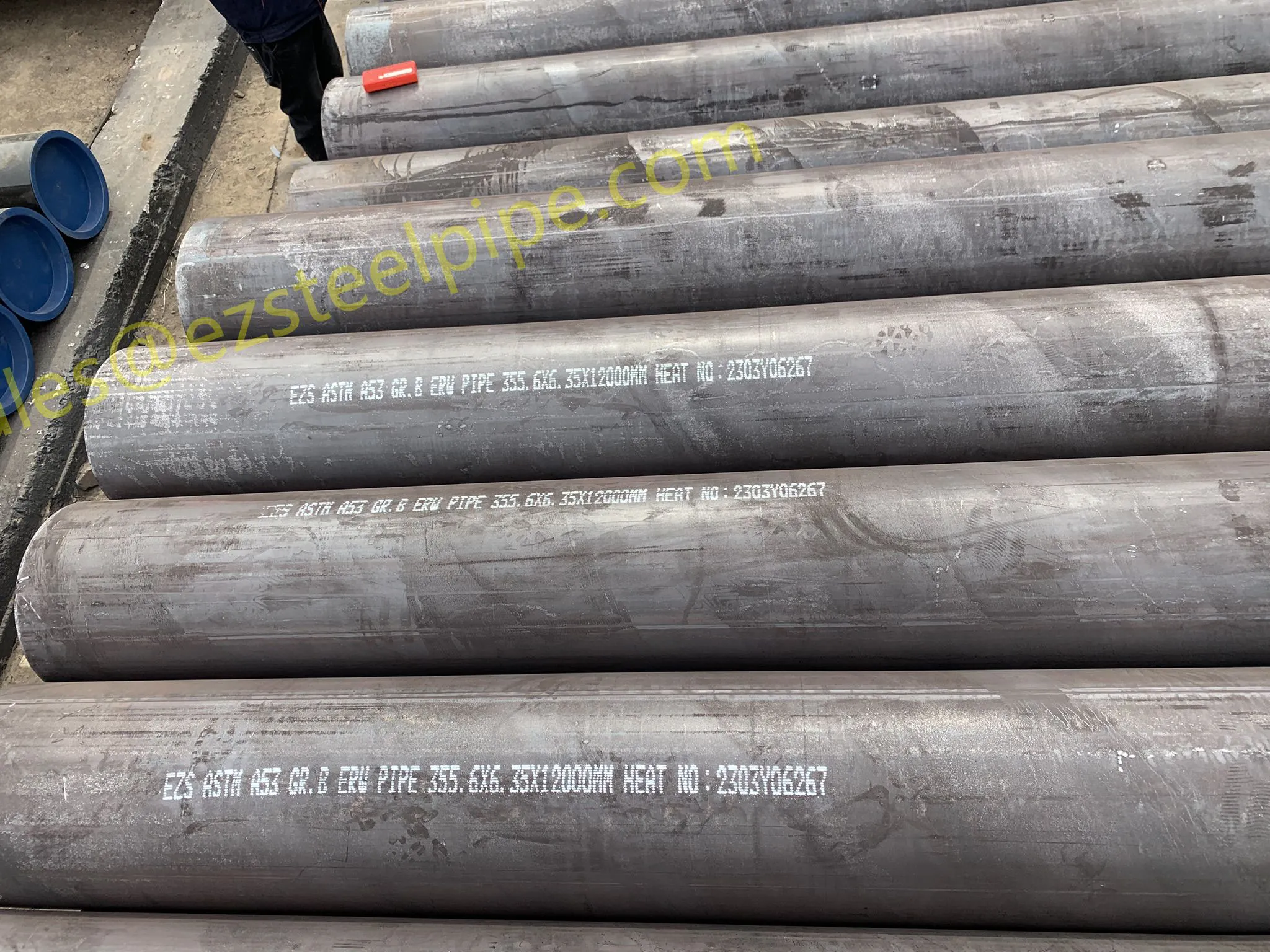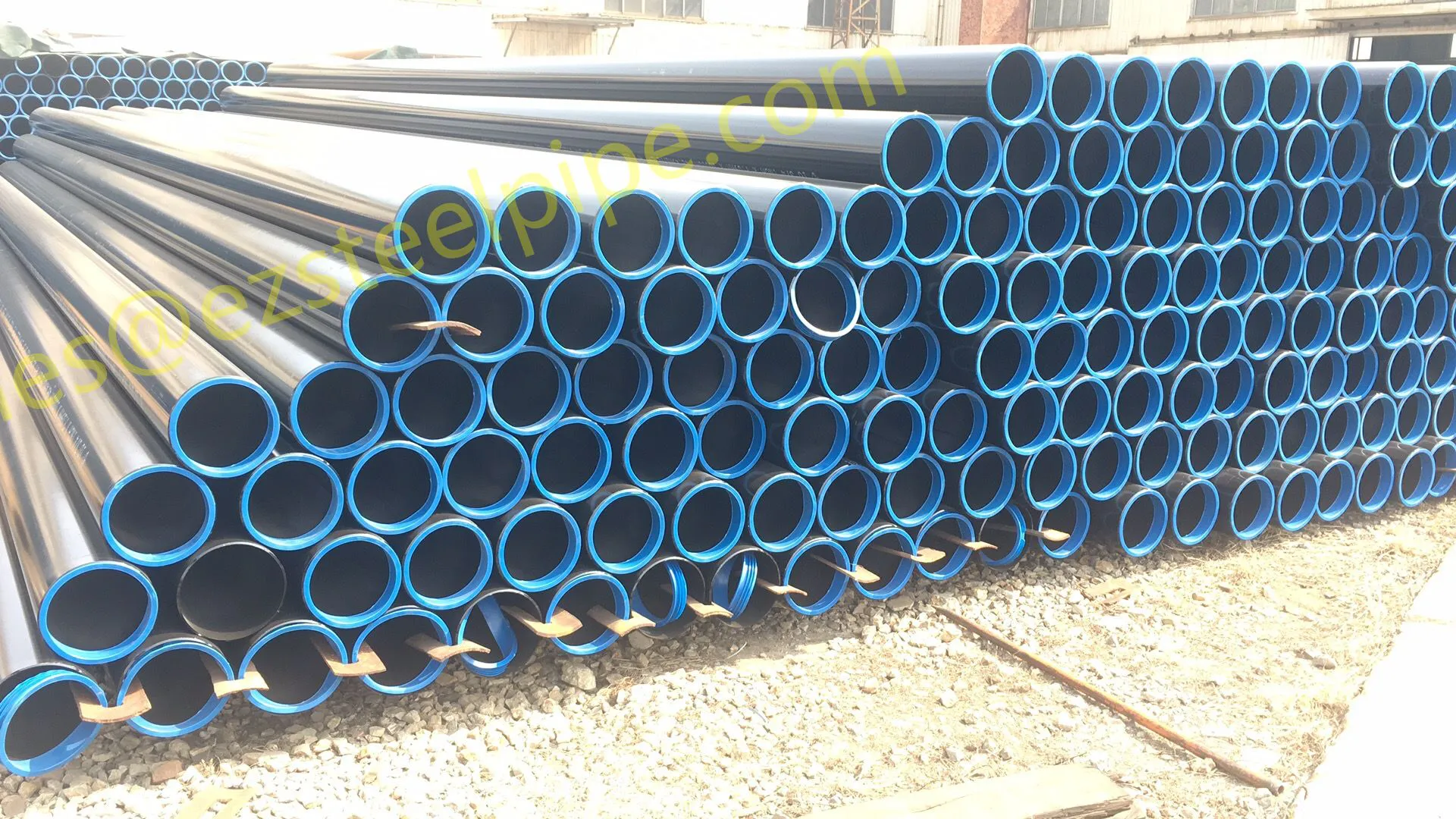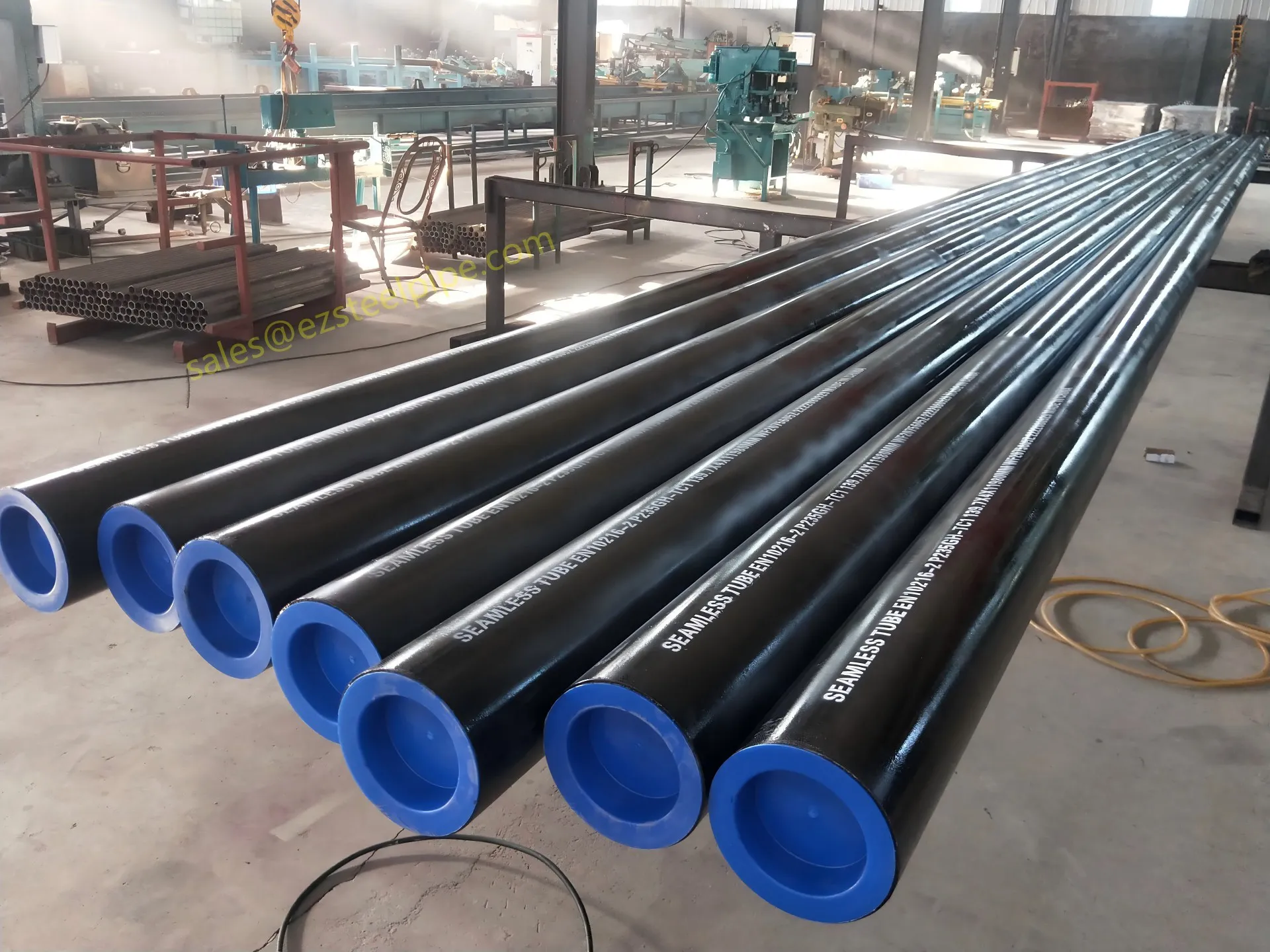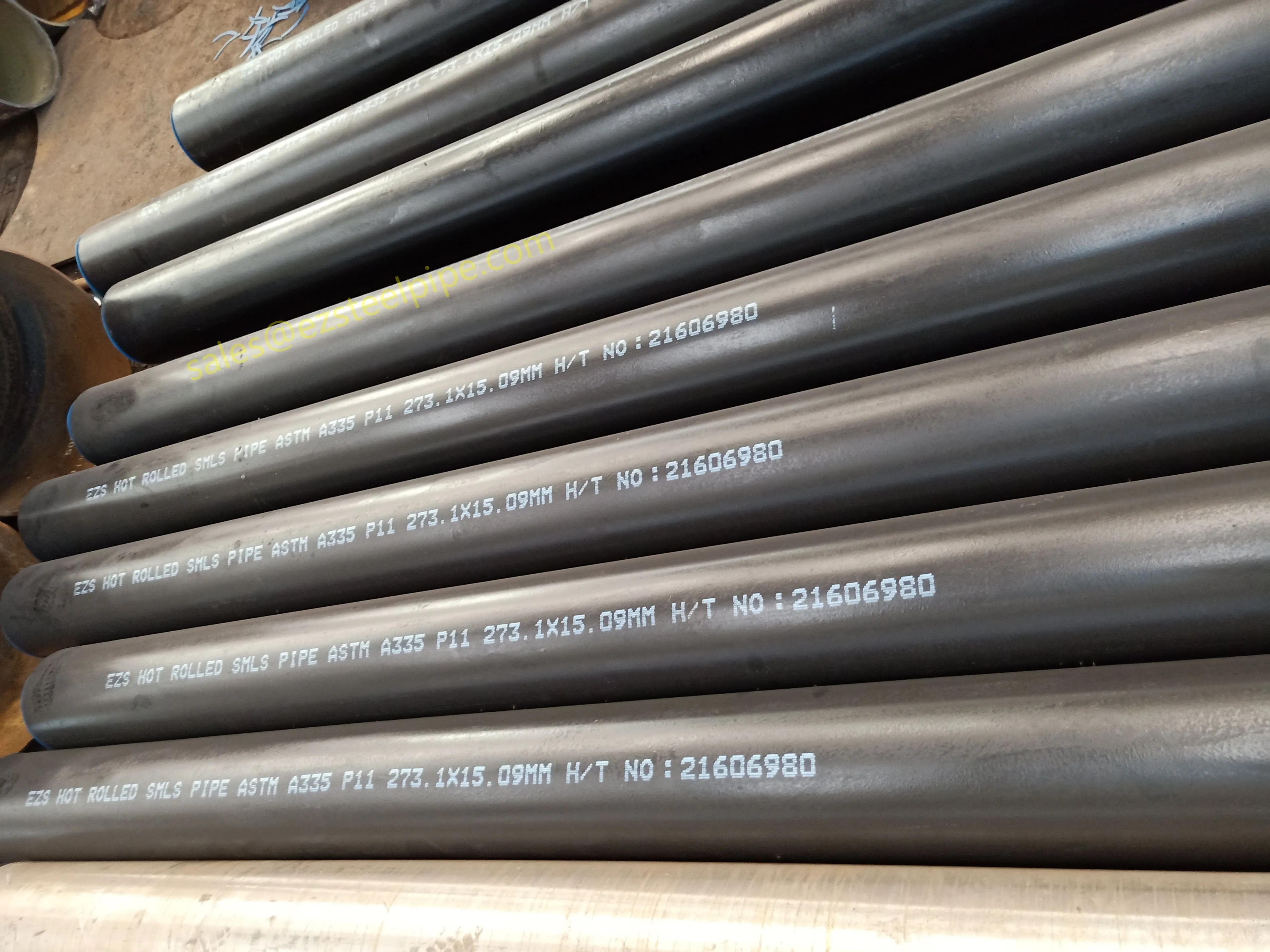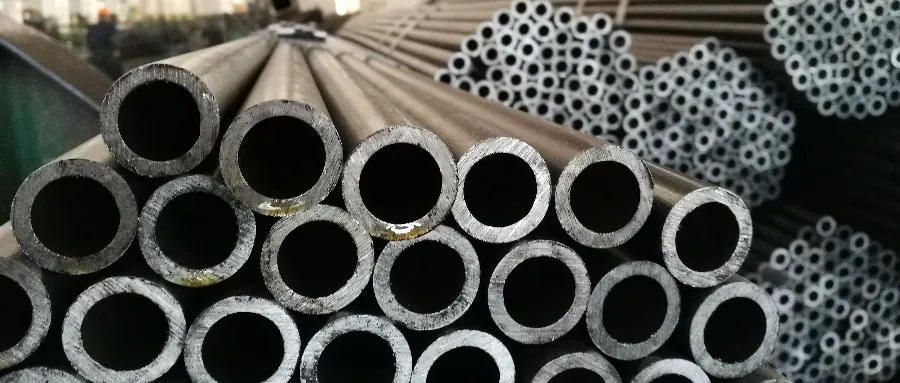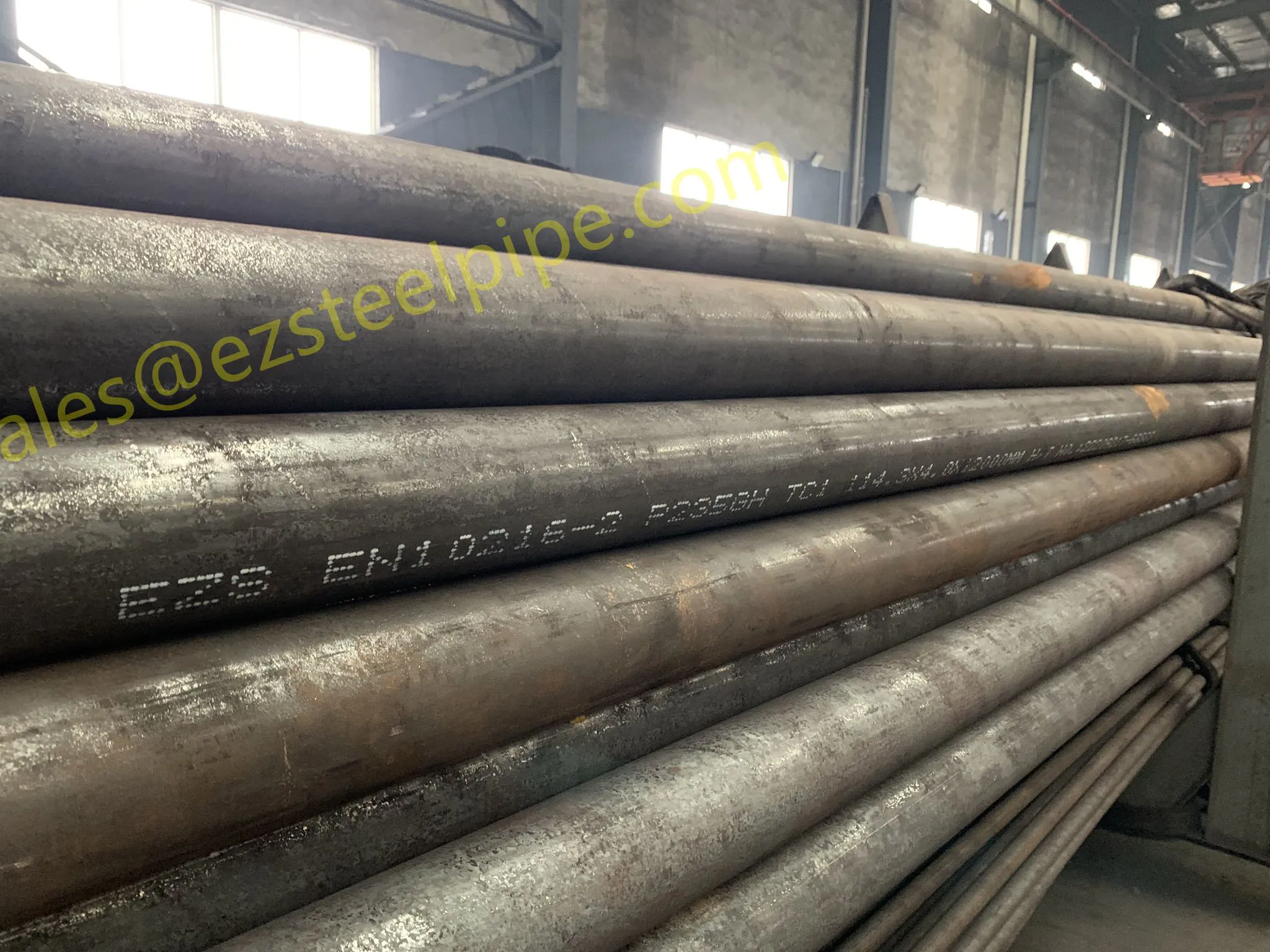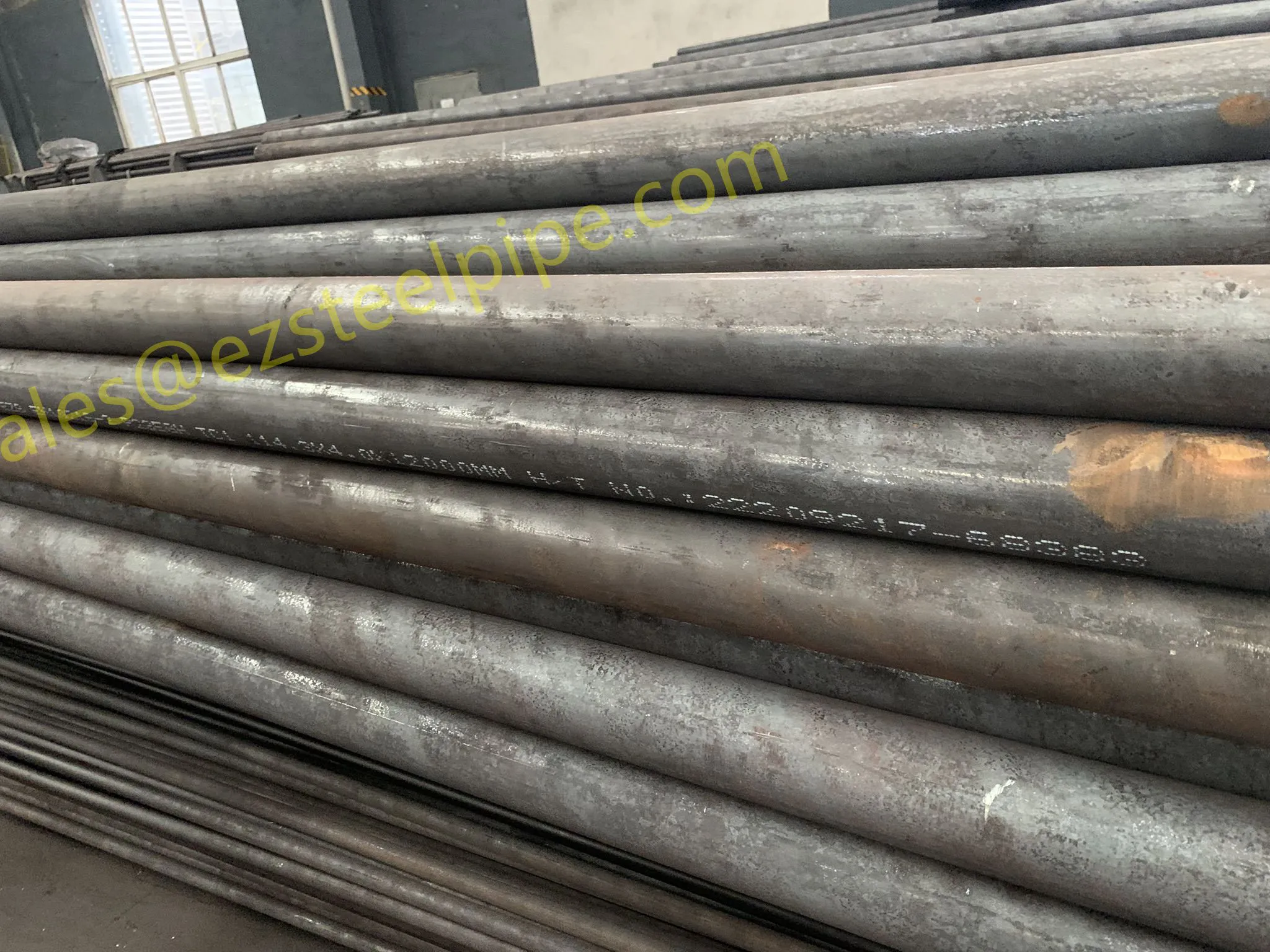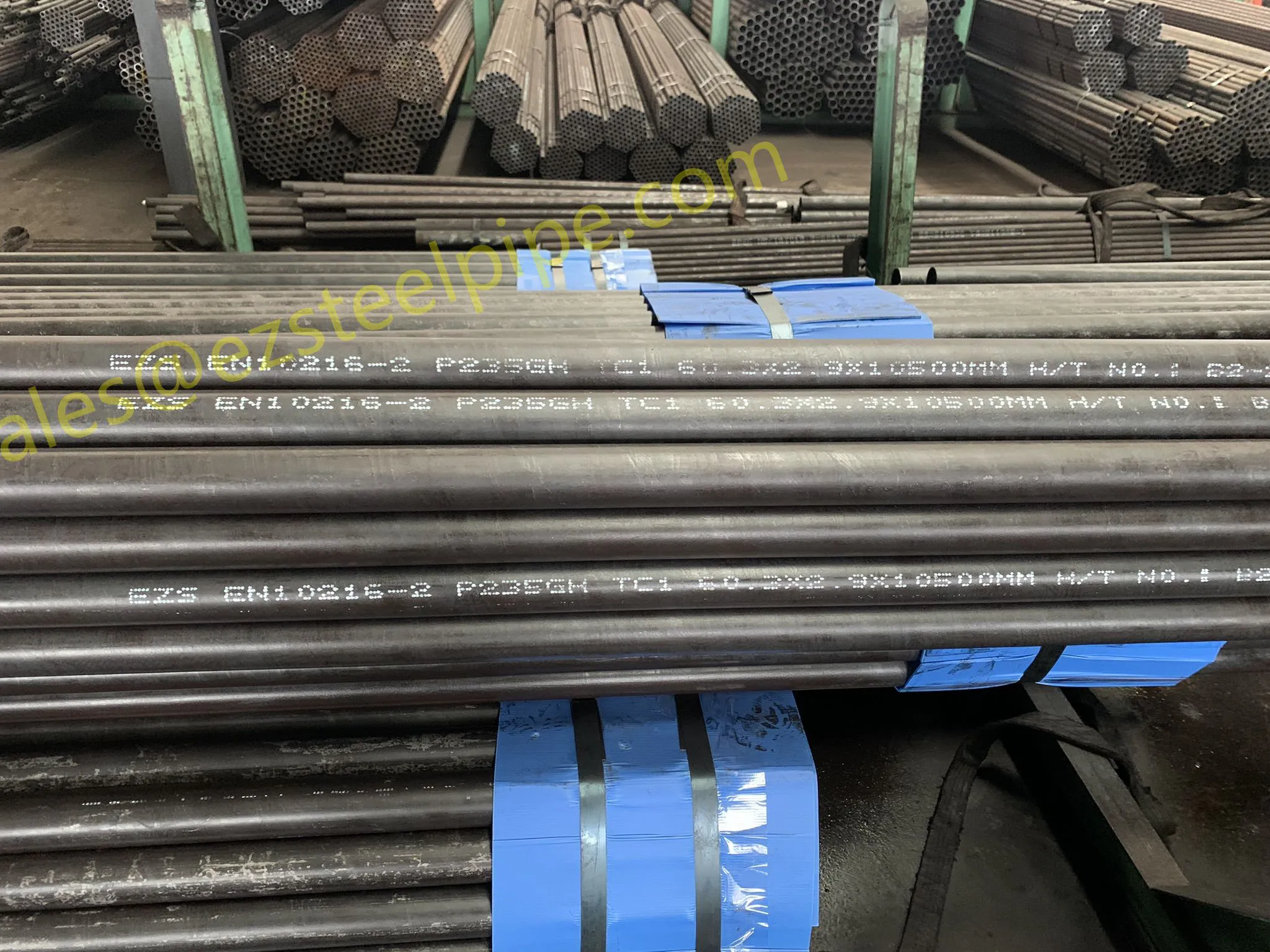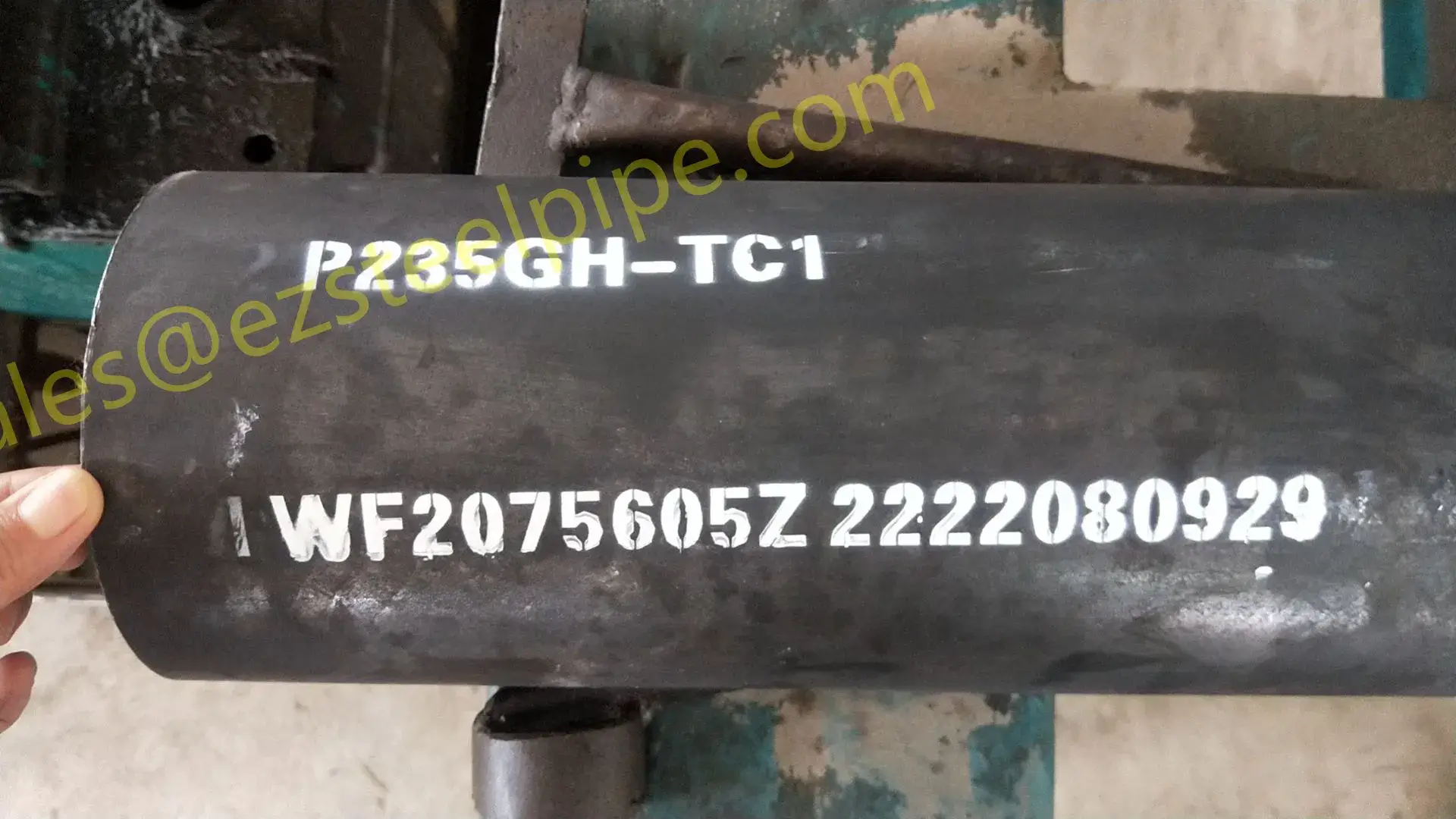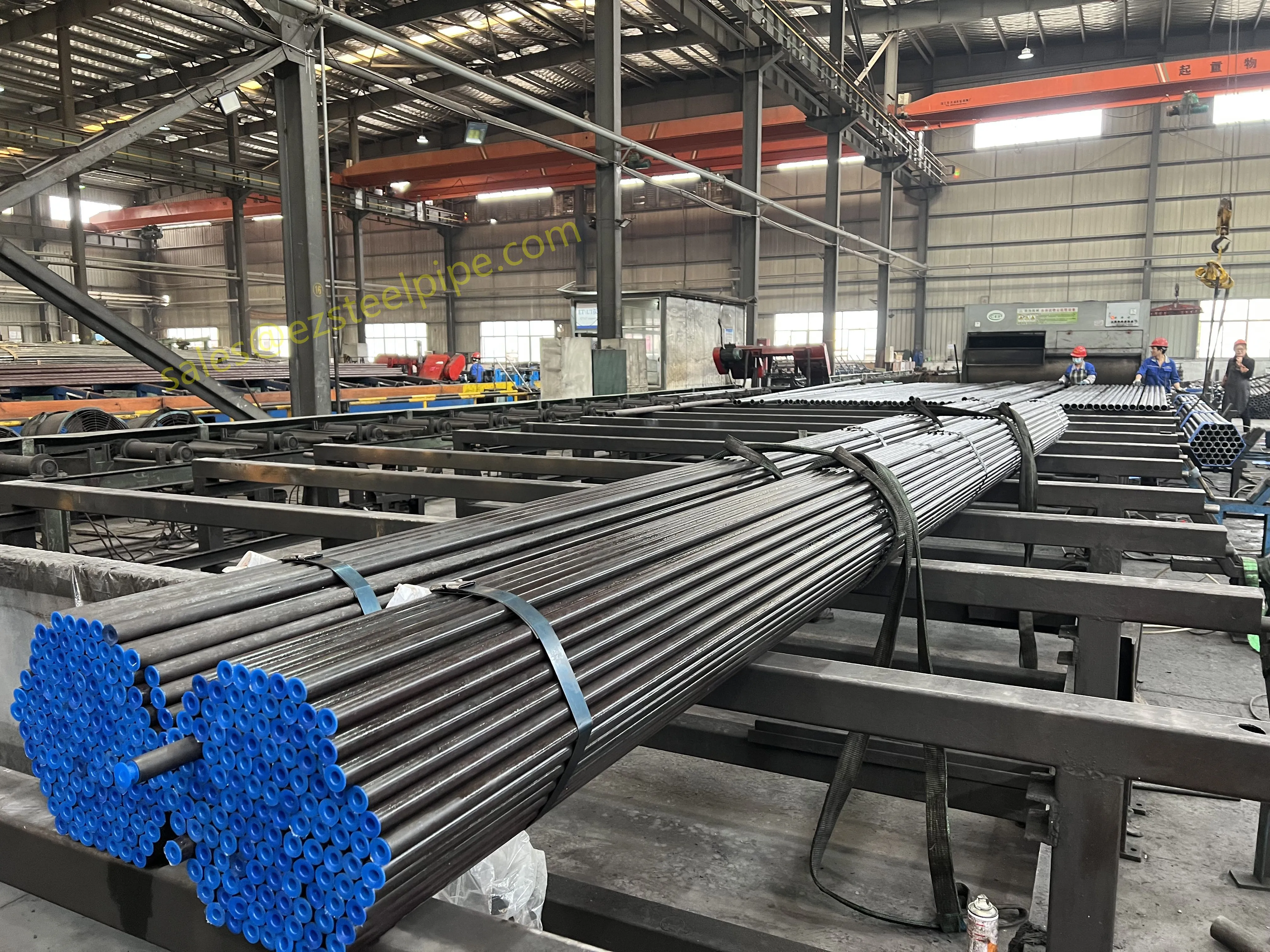Beneath the waves and across vast oceans, ships stand as marvels of human engineering—each one a complex web of systems working in harmony to stay afloat, navigate, and endure the harshest marine conditions. At the heart of this engineering are components so integral they're often called the "veins and bones" of the vessel: alloy steel tubes. From the hull that cuts through stormy seas to the pipelines that carry fuel, water, and critical fluids, these tubes don't just support the ship—they define its reliability, safety, and lifespan. For shipbuilders, choosing the right tubes isn't just a purchase; it's an investment in the vessel's ability to weather decades of saltwater, pressure, and heavy loads. That's where wholesale and custom alloy steel tubes come into play, offering the perfect blend of strength, adaptability, and cost-effectiveness for marine & ship-building projects.
Why Alloy Steel? The Marine-Grade Advantage
Ships don't operate in gentle environments. Saltwater corrosion, extreme temperature swings, and constant vibration are just part of the daily grind. So, why do marine engineers reach for alloy steel tubes time and again? It all comes down to the material's unique properties. Unlike plain carbon steel, alloy steel is blended with elements like chromium, nickel, or molybdenum—additives that supercharge its performance. For starters, it's incredibly strong : a well-engineered alloy steel tube can withstand the weight of thousands of tons of cargo without bending or cracking. Then there's corrosion resistance —critical for a material that spends its life submerged or exposed to salt spray. Add in heat resistance (vital for engine and exhaust systems) and durability (minimizing maintenance over a ship's 25+ year lifespan), and you've got a material that's practically built for the high seas.
Compare that to other options: stainless steel is corrosion-resistant but pricier and less strong for structural use. Copper-nickel alloys work well for specific pipelines but aren't ideal for hull support. Alloy steel hits that sweet spot—tough enough for the hull, reliable enough for pressure pipelines, and affordable enough for large-scale shipbuilding. No wonder it's the backbone of marine structure works and pipeline systems worldwide.
Wholesale Alloy Steel Tubes: A Shipbuilder's Best Friend
Building a ship isn't a small-scale project. Even a midsize coastal vessel requires hundreds, if not thousands, of steel tubes—for the hull framework, fuel lines, cooling systems, and more. Sourcing these tubes one by one would be a logistical nightmare, not to mention costly. That's where wholesale alloy steel tubes shine. Buying in bulk from a trusted supplier means consistent quality across every tube, which is non-negotiable when you're constructing something as safety-critical as a ship. Imagine if half your hull tubes came from one manufacturer and half from another, with slight differences in thickness or strength—those inconsistencies could weaken the entire structure over time. Wholesale suppliers eliminate that risk by ensuring every tube meets the same strict standards, whether you order 500 or 5,000 units.
Cost is another big factor. Wholesale pricing means lower per-unit costs, which adds up fast on a multi-million-dollar ship project. And let's not forget lead times: shipbuilders work on tight schedules, and waiting for custom parts can throw off deadlines. Wholesale suppliers keep large inventories of standard sizes and grades, so you can get the tubes you need when you need them. Of course, not every project fits "standard"—which is why the best wholesale suppliers also offer custom alloy steel tube options, bridging the gap between bulk availability and tailored solutions.
Hull Specifications: Building a Foundation That Floats (and Lasts)
The hull is a ship's exoskeleton, responsible for keeping water out and everything else in. It's under constant stress—from the pressure of the ocean pushing in to the weight of cargo or passengers pushing down. Alloy steel tubes form the "ribs" of this exoskeleton, providing structural support while keeping the hull lightweight enough to float efficiently. But not just any tube will do; hull tubes have to meet precise specifications to balance strength and weight.
Let's break down the key specs. First, outer diameter (OD) : hull tubes typically range from 25mm up to 300mm, depending on their position in the structure. Smaller tubes might reinforce the bow or stern, while larger ones form the main longitudinal supports. Then there's wall thickness —critical for withstanding external pressure. In the hull's lower sections, closer to the waterline, tubes might have walls 8-12mm thick, while upper sections could use 4-6mm for weight savings. Material grade is another cornerstone: common marine alloys include EN 10210-1 (for structural hollow sections) or JIS G3444 (carbon steel for general structure works), which offer a mix of tensile strength (400-550 MPa) and ductility.
| Hull Component | Typical Tube Type | Material Grade | OD Range (mm) | Wall Thickness (mm) | Key Standard |
|---|---|---|---|---|---|
| Longitudinal Frames | Seamless/ERW | EN 10210 S355J2H | 150-300 | 8-12 | EN 10210-1 |
| Transverse Bulkheads | Seamless | JIS G3444 STK400 | 80-150 | 6-10 | JIS G3444 |
| Bow/Stern Reinforcements | Thick-Wall Seamless | API 5L X52 | 200-250 | 10-14 | API 5L |
These specs aren't just numbers on a page—they're the result of decades of marine engineering experience. For example, the EN 10210 standard ensures tubes can handle low temperatures (critical for ships operating in cold climates), while JIS G3444 focuses on weldability, making installation faster and more reliable. When shipbuilders source wholesale alloy steel tubes that meet these standards, they're not just buying metal—they're buying peace of mind that their hull will stand up to whatever the ocean throws at it.
Pipeline Works: Keeping Fluids Flowing Safely
A ship isn't just a floating structure—it's a complex network of pipelines carrying everything from heavy fuel oil to freshwater to hydraulic fluid. These pipelines face their own set of challenges: high pressure, corrosive fluids, and tight spaces. Alloy steel pressure tubes are the unsung heroes here, designed to handle pressures up to 100 bar (or more in engine systems) while resisting the chemical wear and tear of marine fuels and coolants.
Take fuel pipelines, for example. Heavy fuel oil is thick and can contain impurities, so the tubes need smooth interiors to prevent clogs and strong exteriors to avoid leaks. A typical fuel line might use seamless alloy steel tubes with a corrosion-resistant coating, like zinc or epoxy, to protect against rust. For cooling systems, where seawater is pumped through to regulate engine temperature, corrosion resistance is even more critical. Here, you might see copper-nickel alloy tubes (like B165 Monel 400 or JIS H3300 copper alloy tubes) for their saltwater resistance, but alloy steel still plays a role in supporting these lines within the ship's structure.
Heat efficiency is another key factor, especially in power plants on board (yes, ships have their own mini power plants!). Heat exchanger tubes, like finned tubes or U bend tubes, use alloy steel to transfer heat between fluids—say, from engine coolant to seawater—without losing energy. These tubes are often custom-made, with precise bends (hence "U bend") to fit into tight engine rooms, proving that even in pipeline works, one size doesn't always fit all.
Custom Solutions: When "Off-the-Shelf" Isn't Enough
Ships come in all shapes and sizes—from compact fishing boats to massive container ships to luxury yachts. Each design has unique needs, and sometimes standard wholesale tubes just won't cut it. That's where custom alloy steel tubes step in, offering tailor-made solutions for everything from unusual bends to specialized materials. Maybe a research vessel needs extra-thick tubes to withstand ice in the Arctic, or a superyacht requires sleek, thin-walled tubes to save weight and space. Custom suppliers can tweak everything from outer diameter and wall thickness to material composition and finish, ensuring the tubes fit the project like a glove.
U bend tubes are a great example of custom engineering. In heat exchangers, these curved tubes maximize surface area for heat transfer while fitting into tight, rectangular spaces. A standard U bend might have a 180-degree curve with a specific radius, but a custom order could adjust that radius to match the exact dimensions of a ship's engine room. Similarly, finned tubes—tubes with metal fins wrapped around the exterior to boost heat transfer—can be customized with different fin densities or materials (like aluminum fins on alloy steel tubes) for specific cooling needs.
Standards That Matter: Ensuring Quality in Marine Tubes
When you're building a ship, there's no room for cutting corners on quality. That's why every alloy steel tube used in marine & ship-building should meet strict industry standards. These standards aren't just suggestions—they're rigorous guidelines that ensure tubes are strong enough, corrosion-resistant enough, and reliable enough for life at sea. Some of the most common standards include:
- EN 10210 : European standard for cold-formed structural hollow sections, widely used for hull frames and supports.
- JIS G3444 : Japanese Industrial Standard for carbon steel tubes in general structure works, popular in Asian shipyards.
- API 5L : American Petroleum Institute standard for line pipes, often used in high-pressure fuel and oil pipelines.
- BS 2871 : British standard for copper alloy tubes, useful for seawater cooling systems.
Reputable wholesale and custom suppliers will provide certification for every batch of tubes, including material test reports (MTRs) that detail chemical composition, mechanical properties, and compliance with these standards. It's not just about checking a box—these certifications give shipbuilders confidence that the tubes will perform as expected, even in the most challenging marine environments.
The Bottom Line: Tubes That Keep Ships Sailing
At the end of the day, a ship is only as strong as its components. From the hull that slices through waves to the pipelines that keep systems running, alloy steel tubes are the quiet workhorses that make marine travel possible. Wholesale options offer the consistency and cost savings needed for large-scale projects, while custom solutions ensure even the most unique designs get the tubes they need. Whether you're building a cargo ship, a naval vessel, or a luxury cruiser, choosing the right wholesale and custom alloy steel tubes isn't just a purchase—it's an investment in safety, reliability, and the long-term success of your marine project.
So the next time you see a ship gliding into port, take a moment to appreciate the hundreds of alloy steel tubes holding it all together. They might not be visible to the naked eye, but without them, that ship—and the countless journeys it enables—would never set sail.
 export@ezsteelpipe.com
export@ezsteelpipe.com +86 731 8870 6116
+86 731 8870 6116






 Related Products
Related Products

